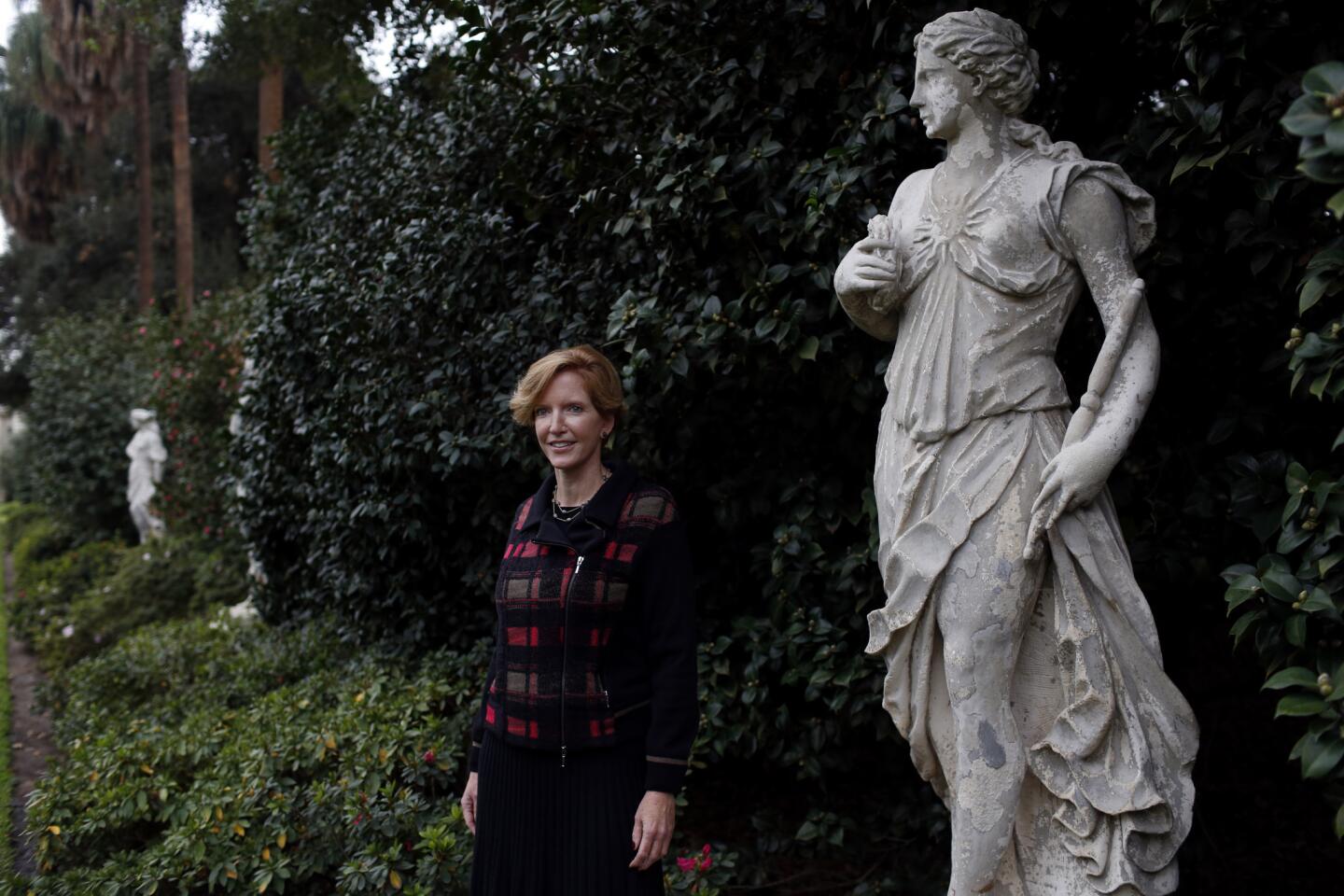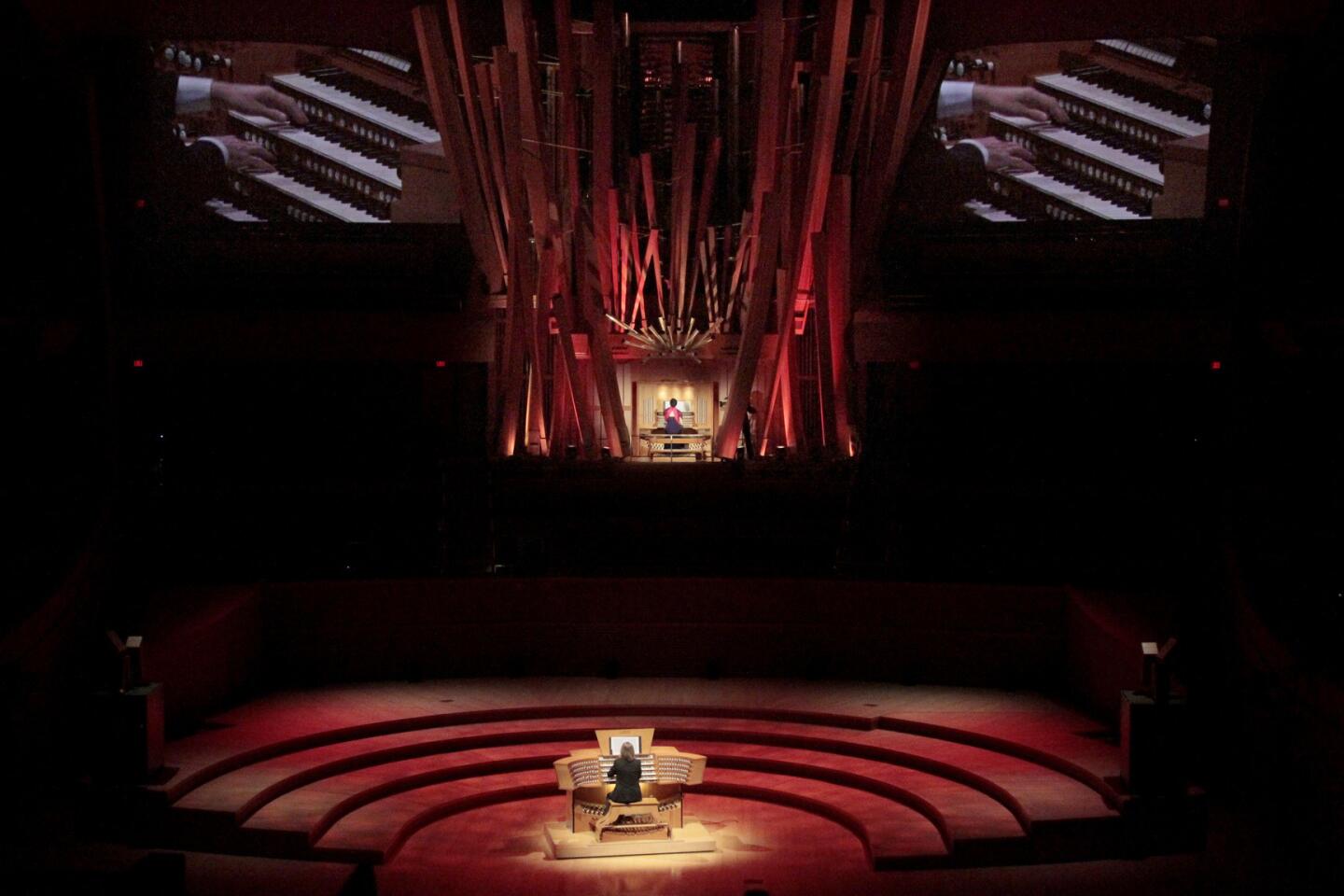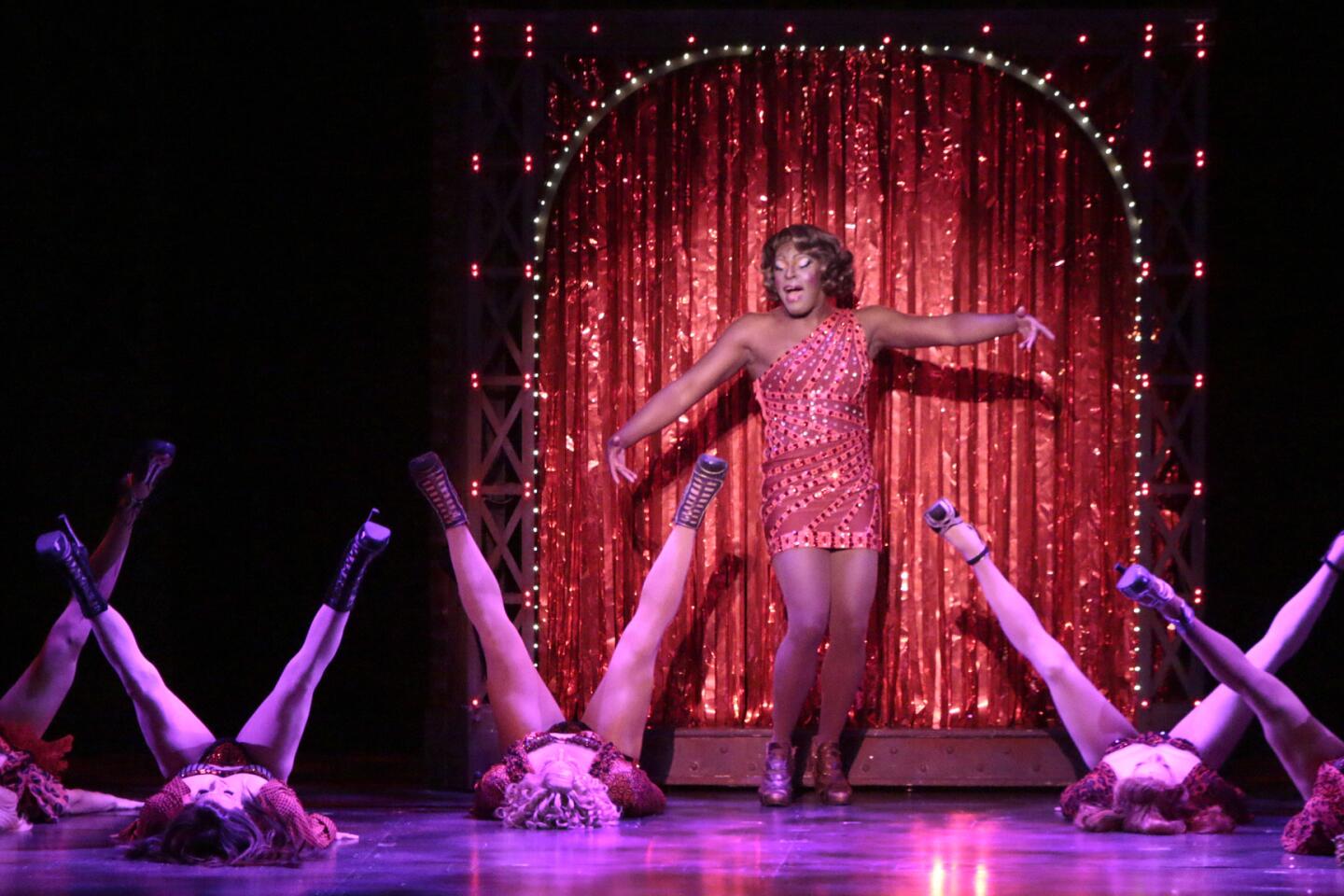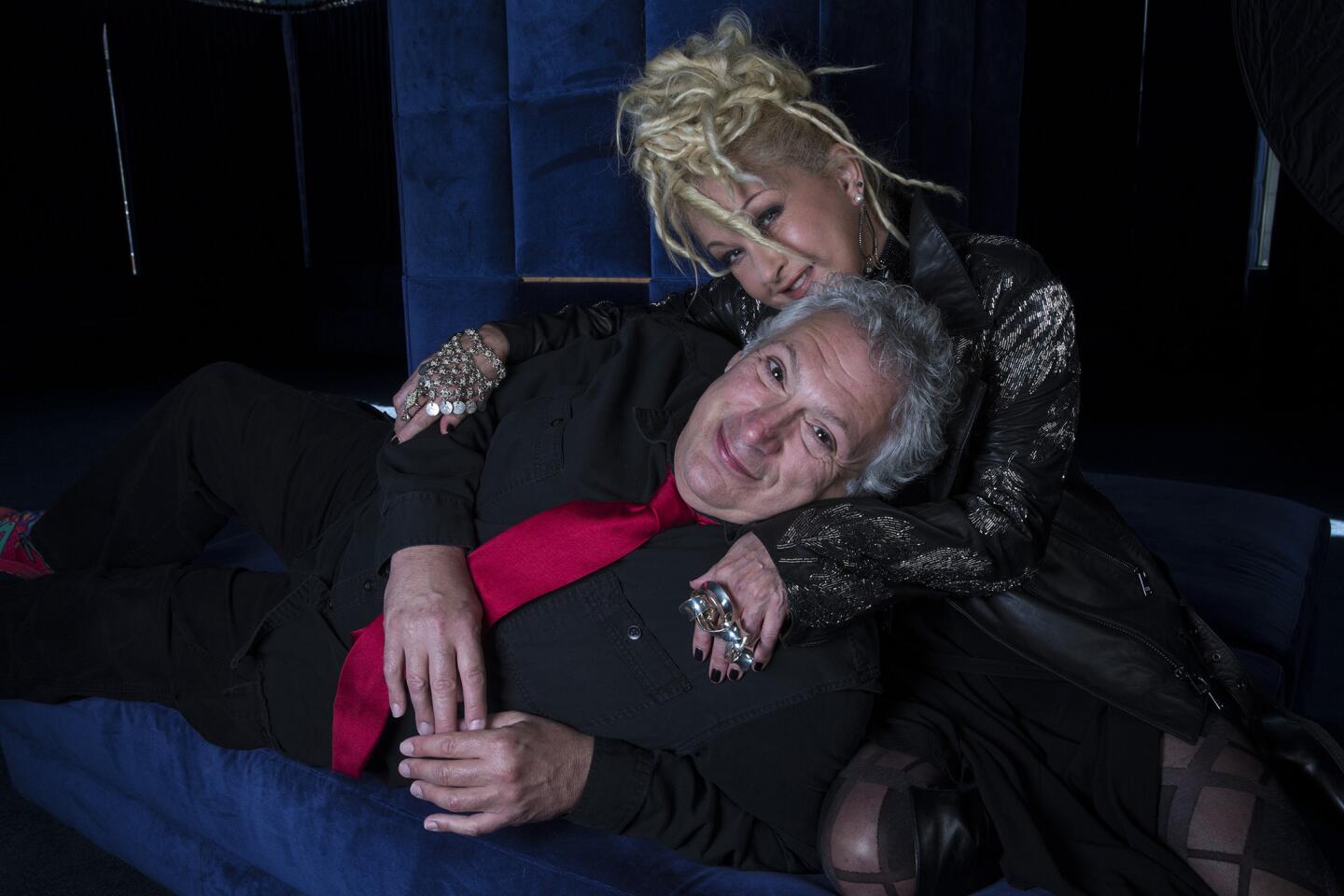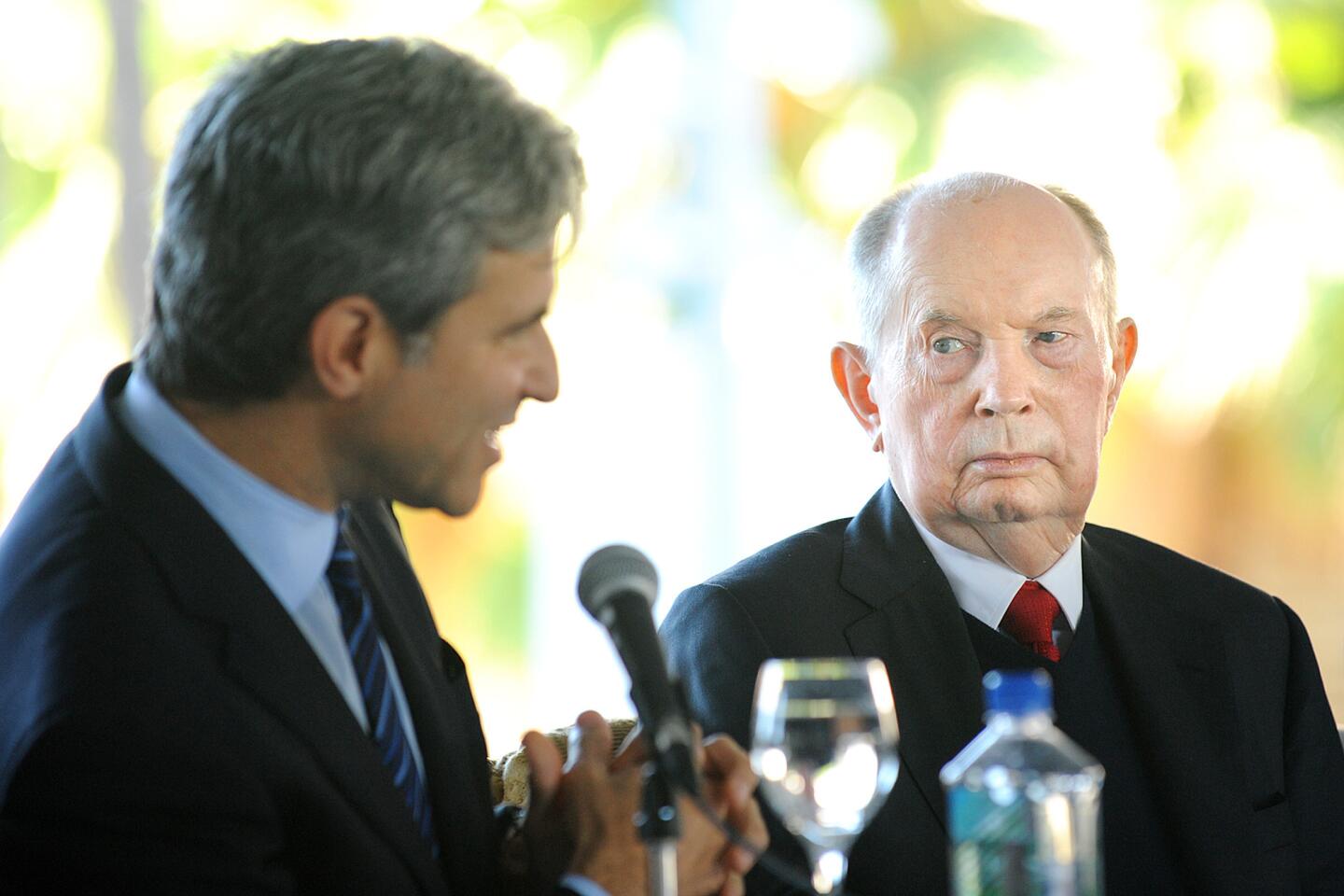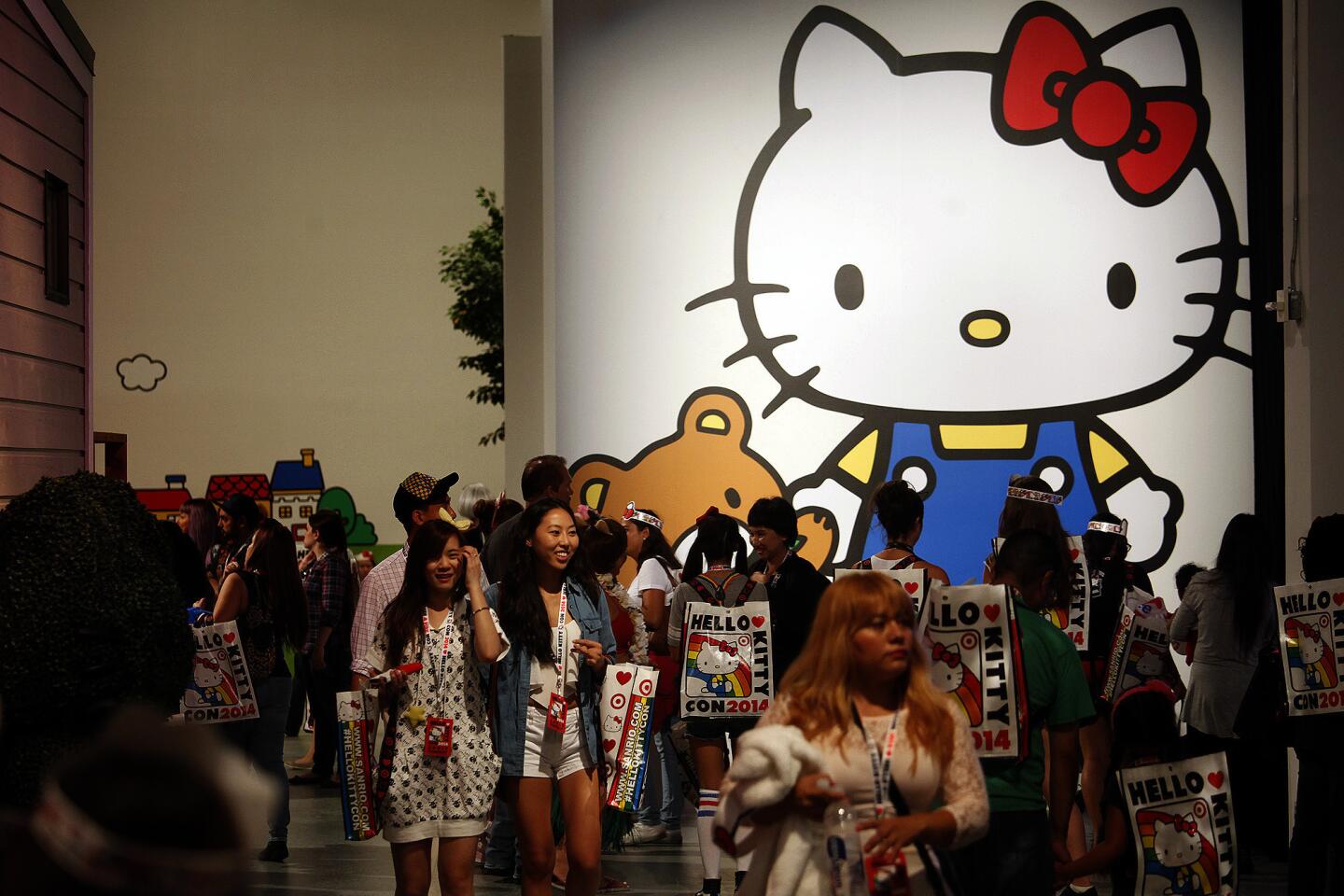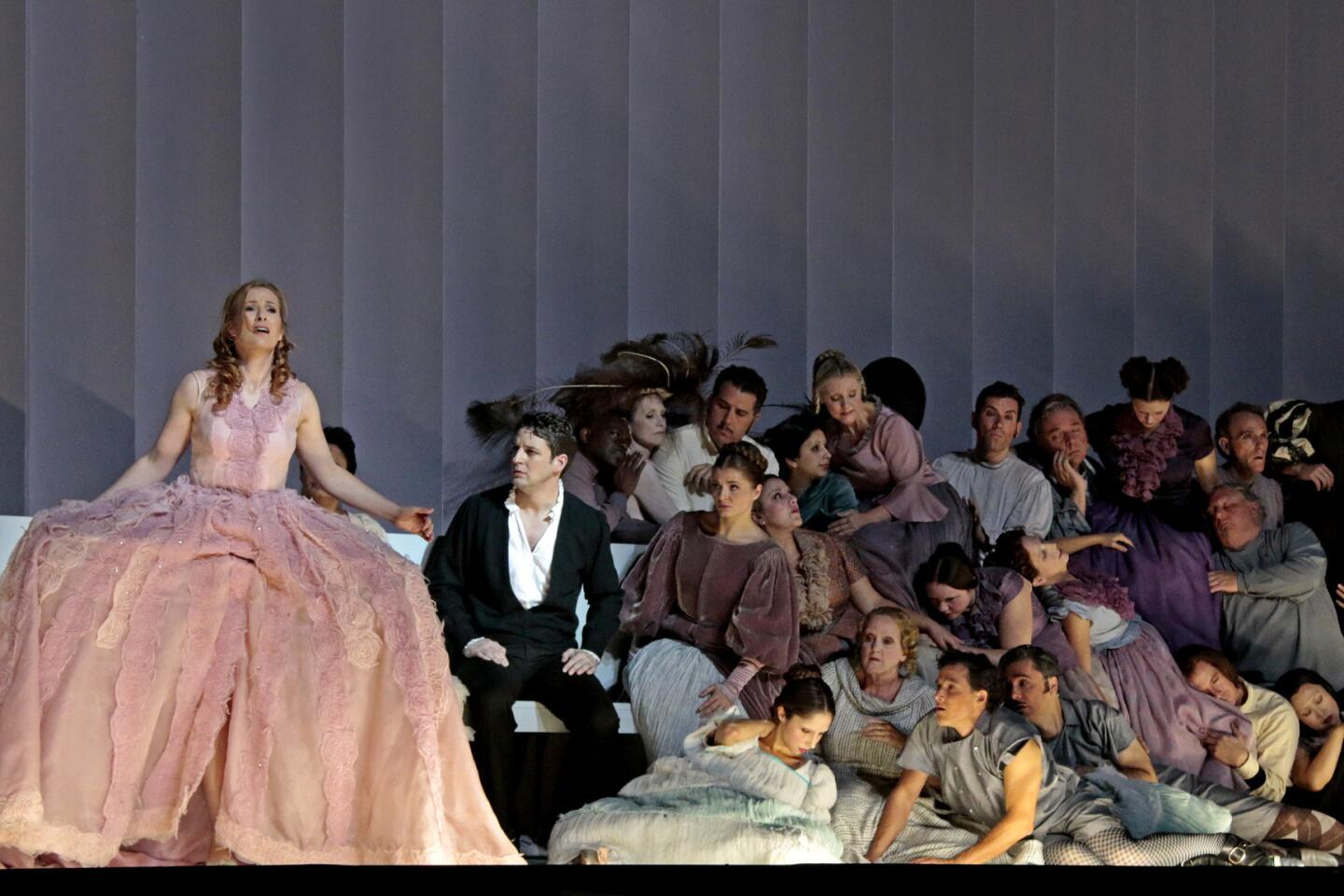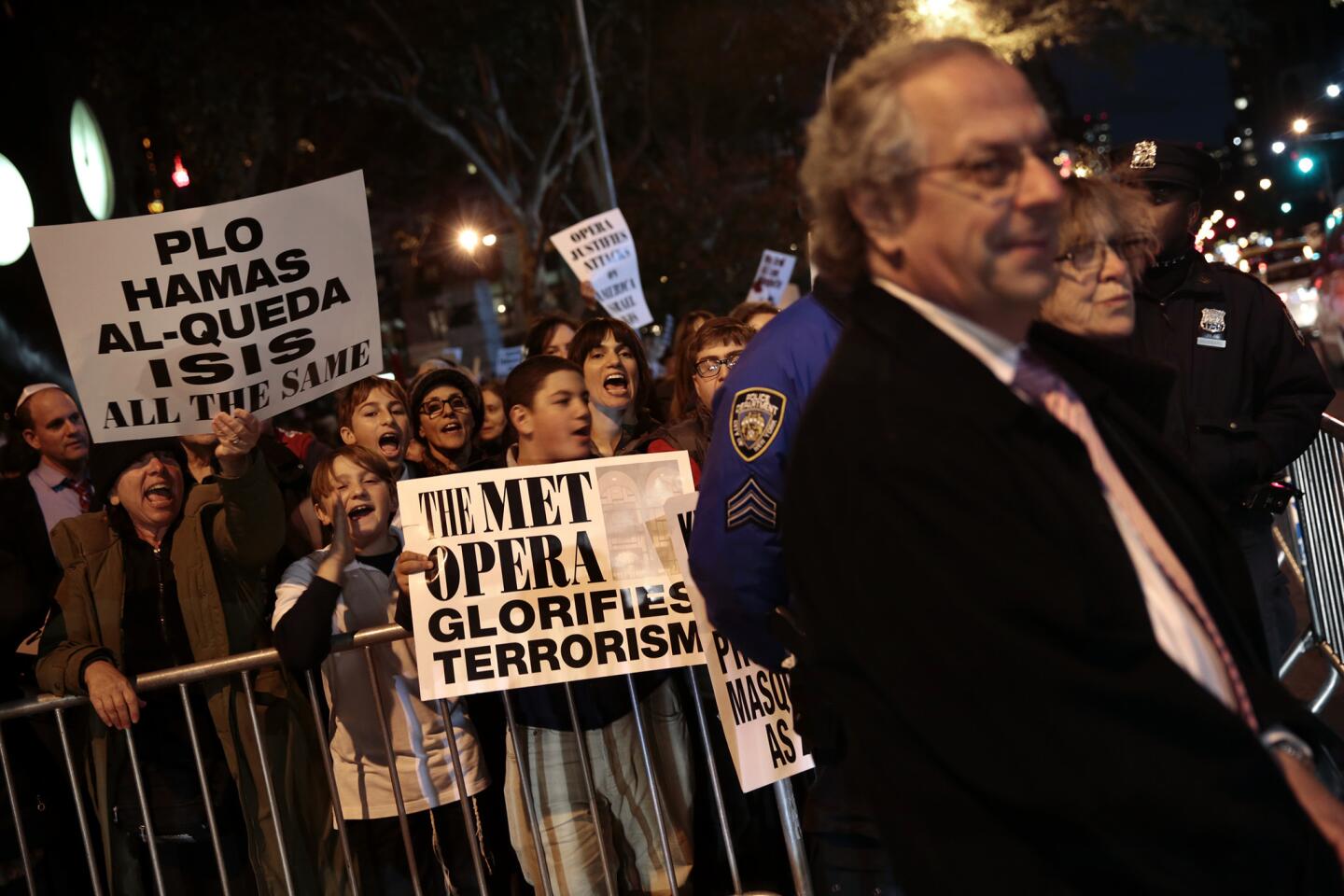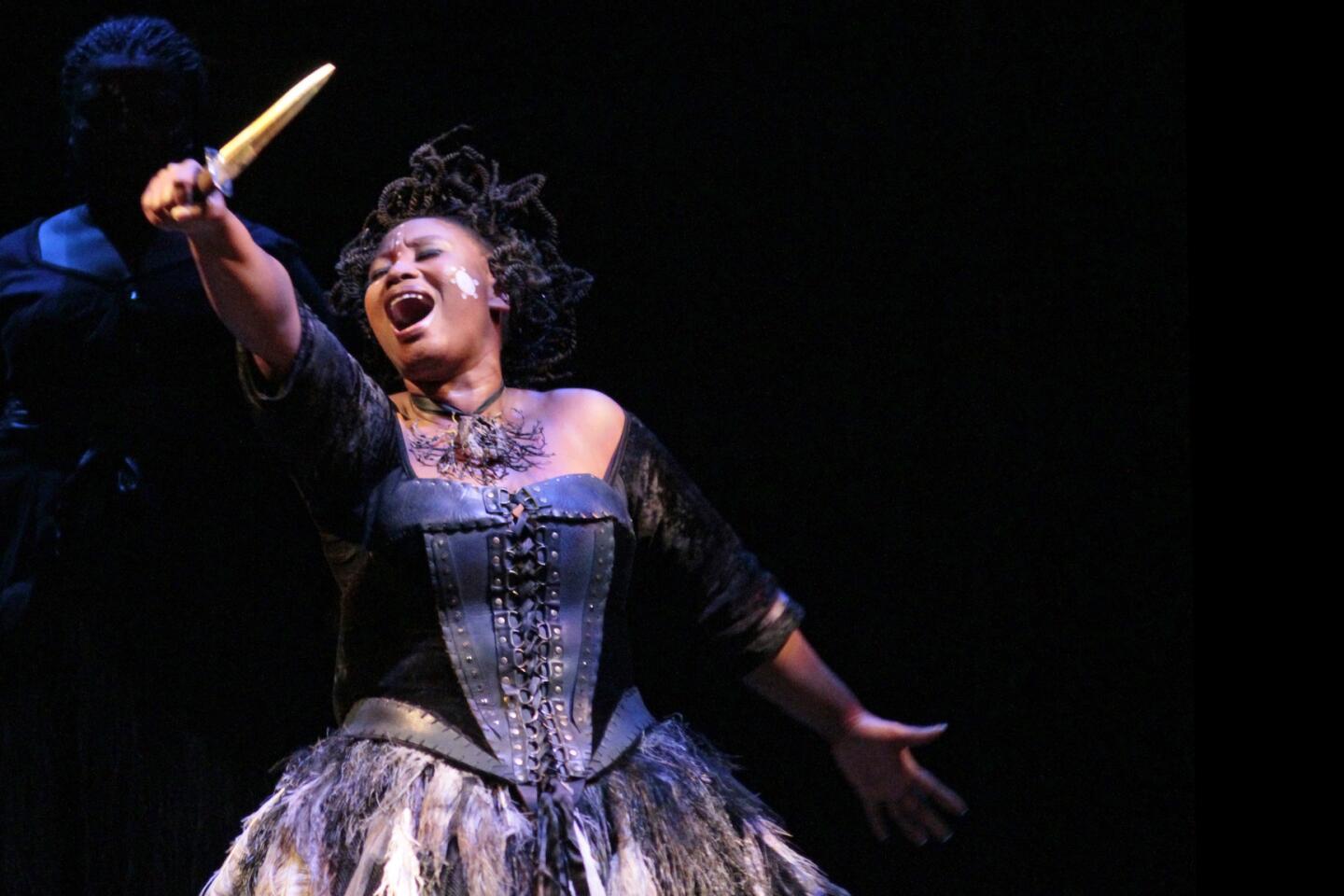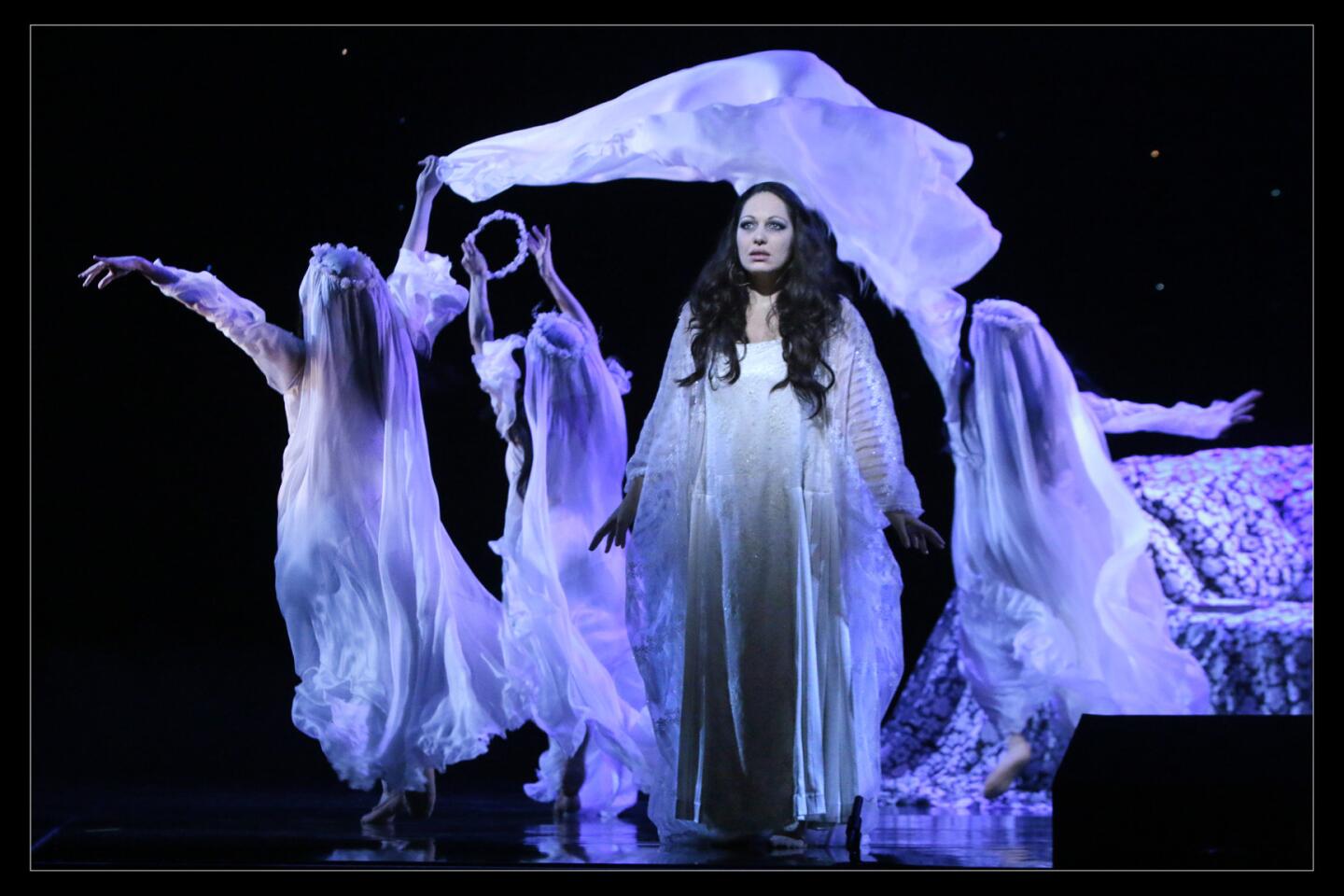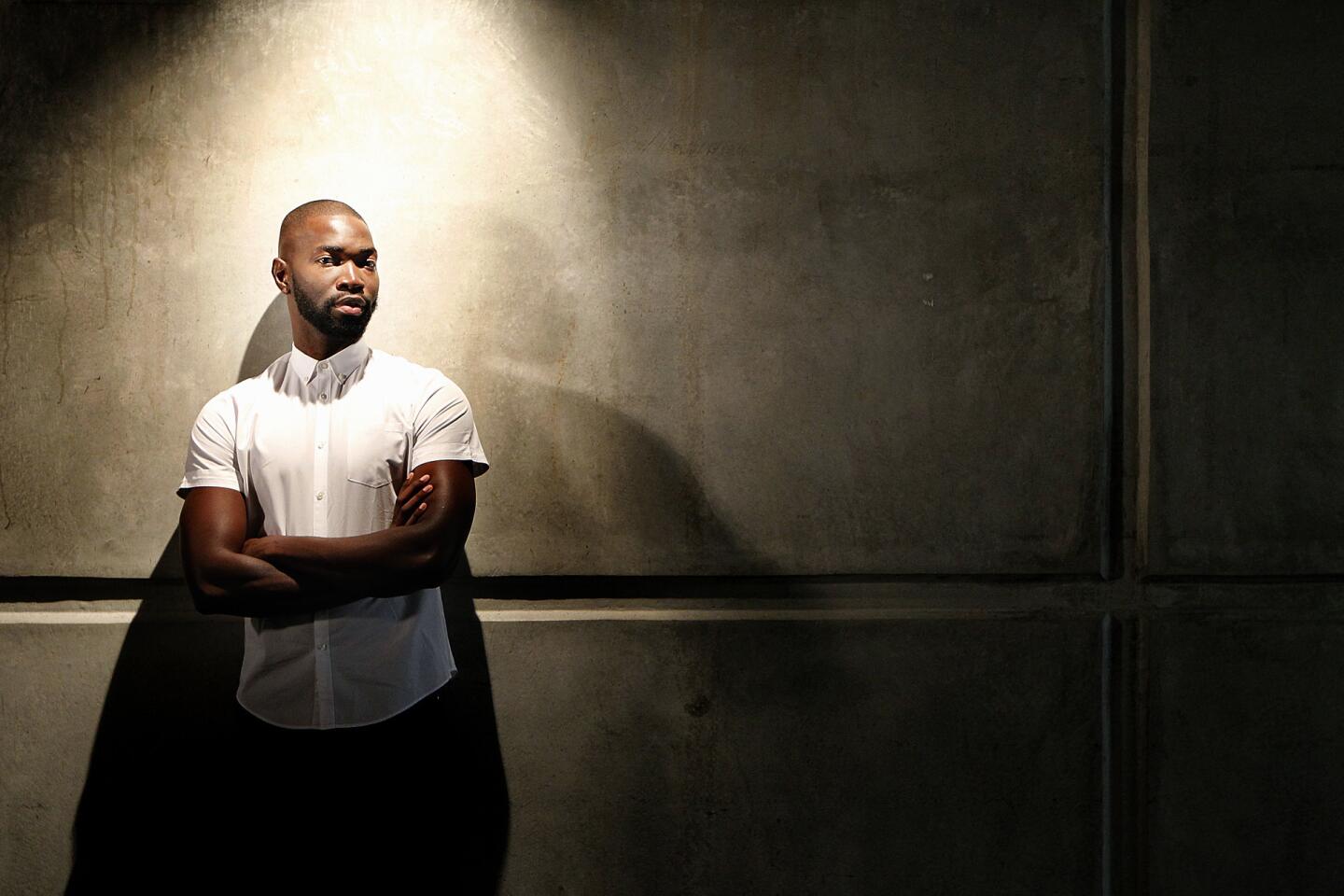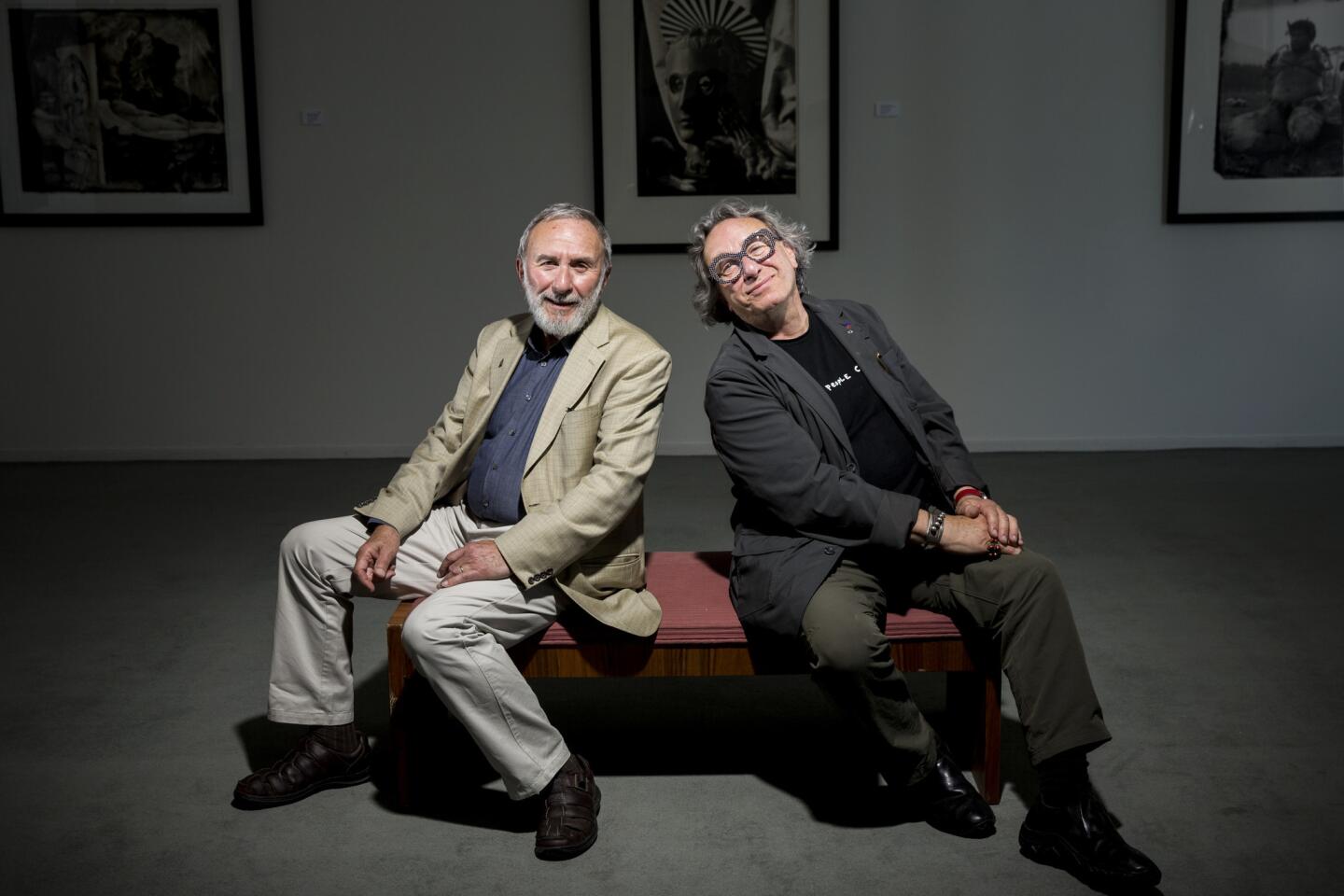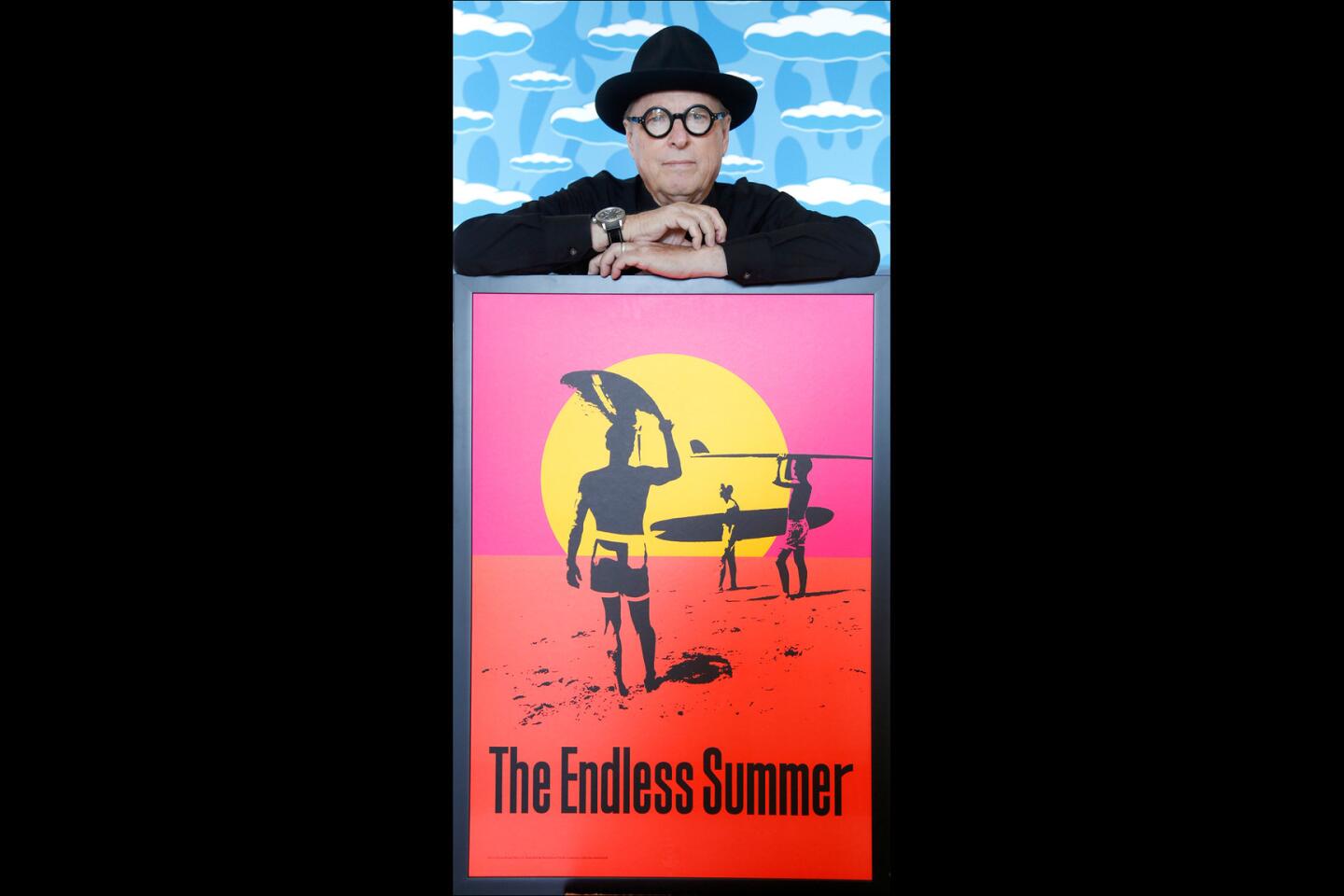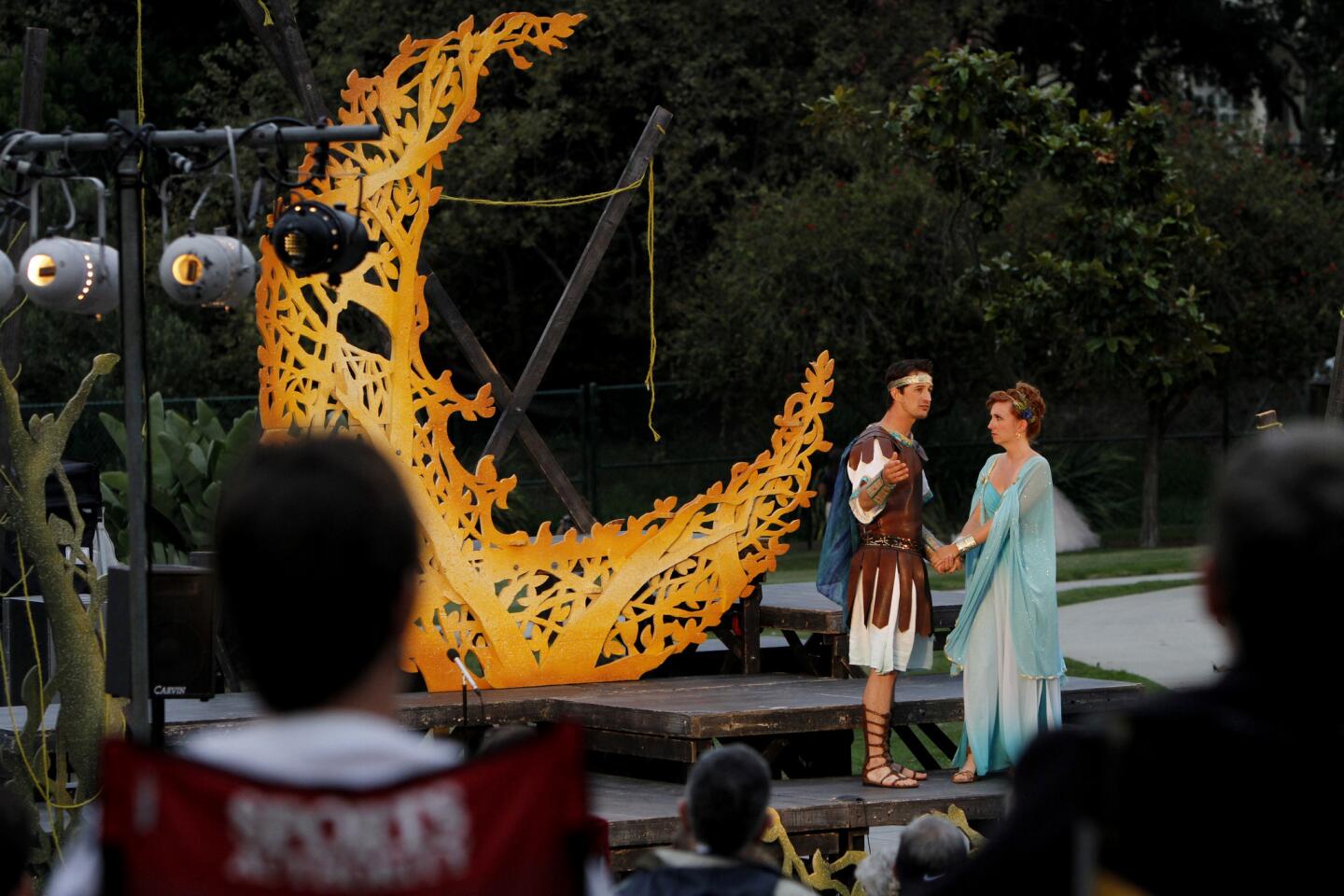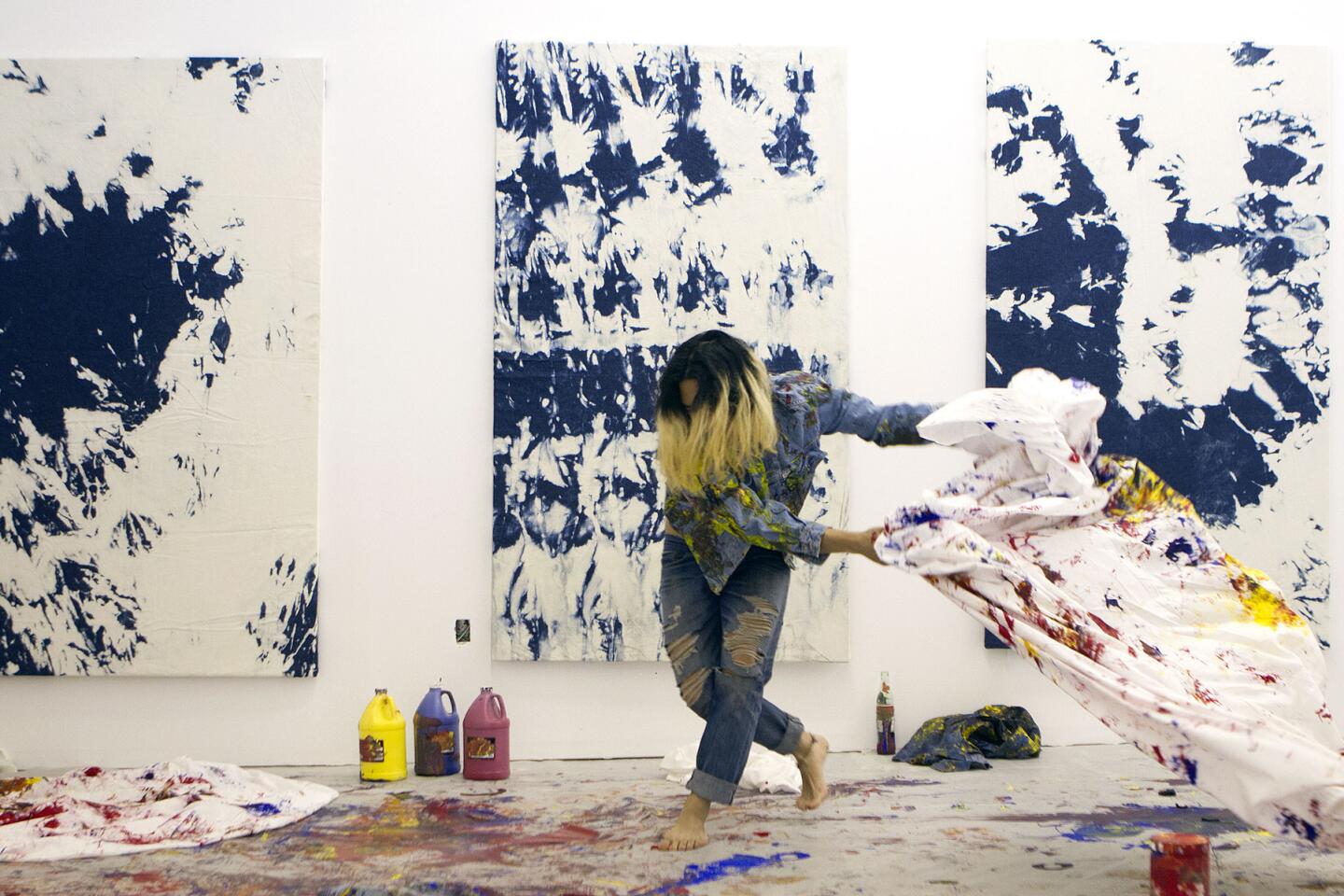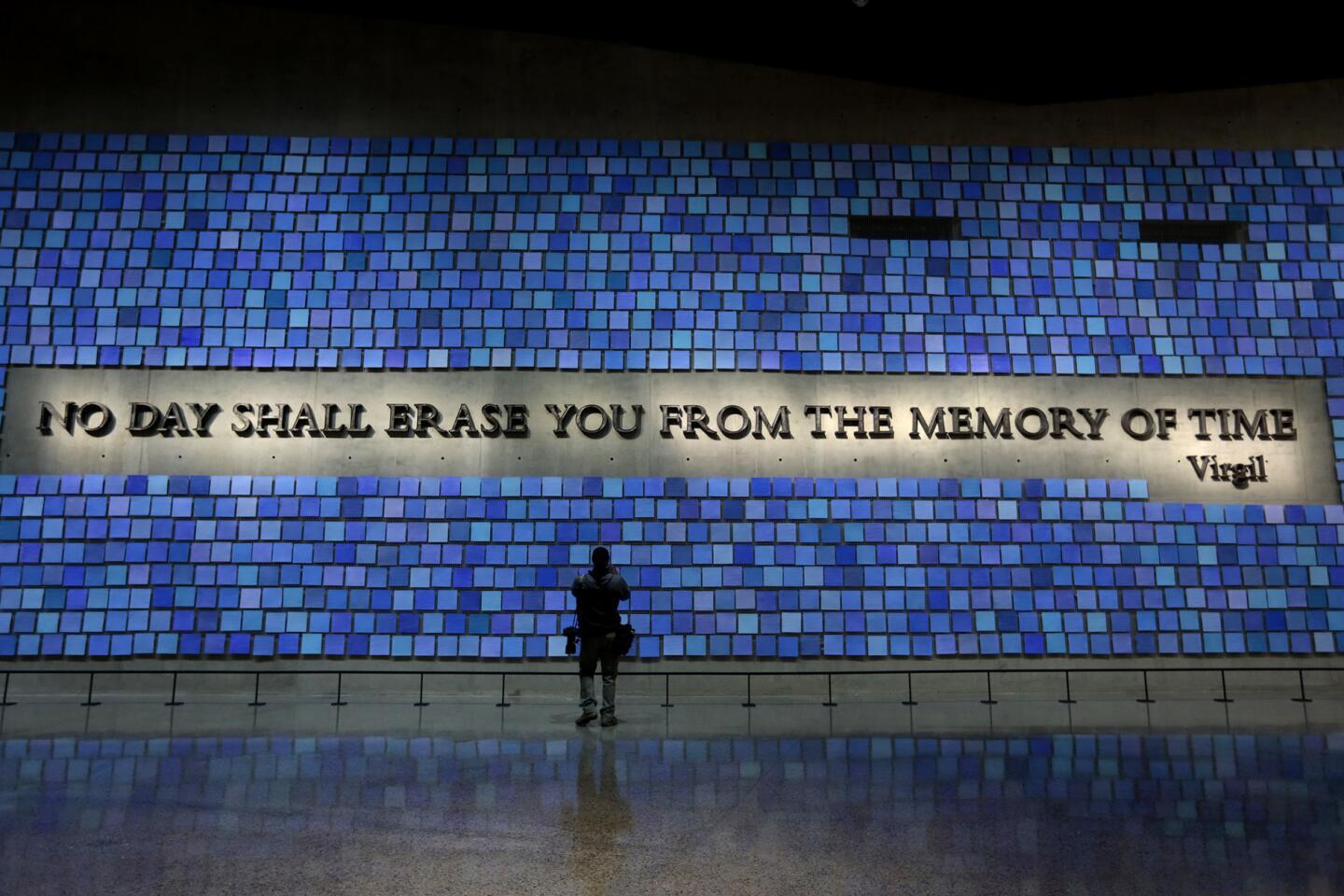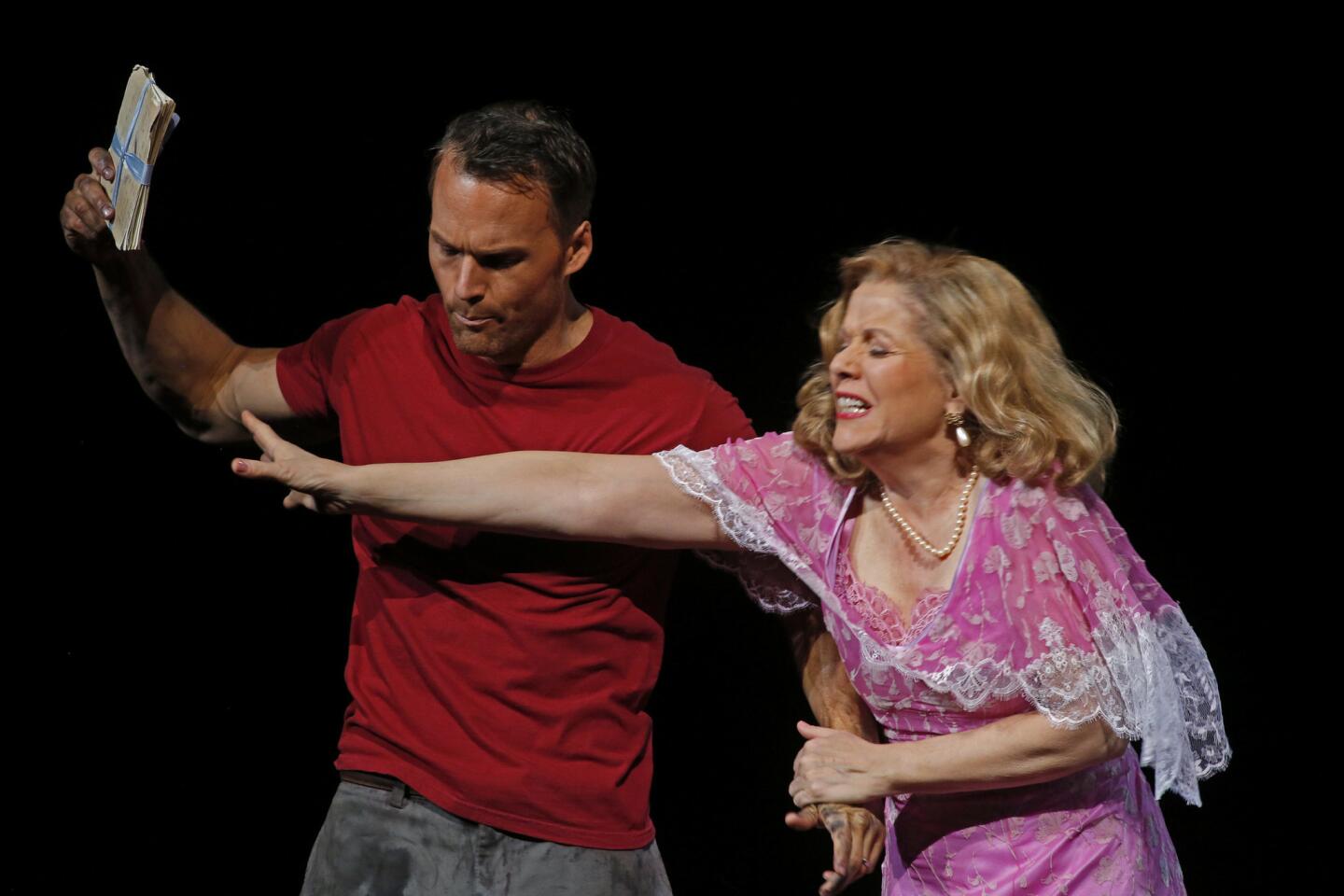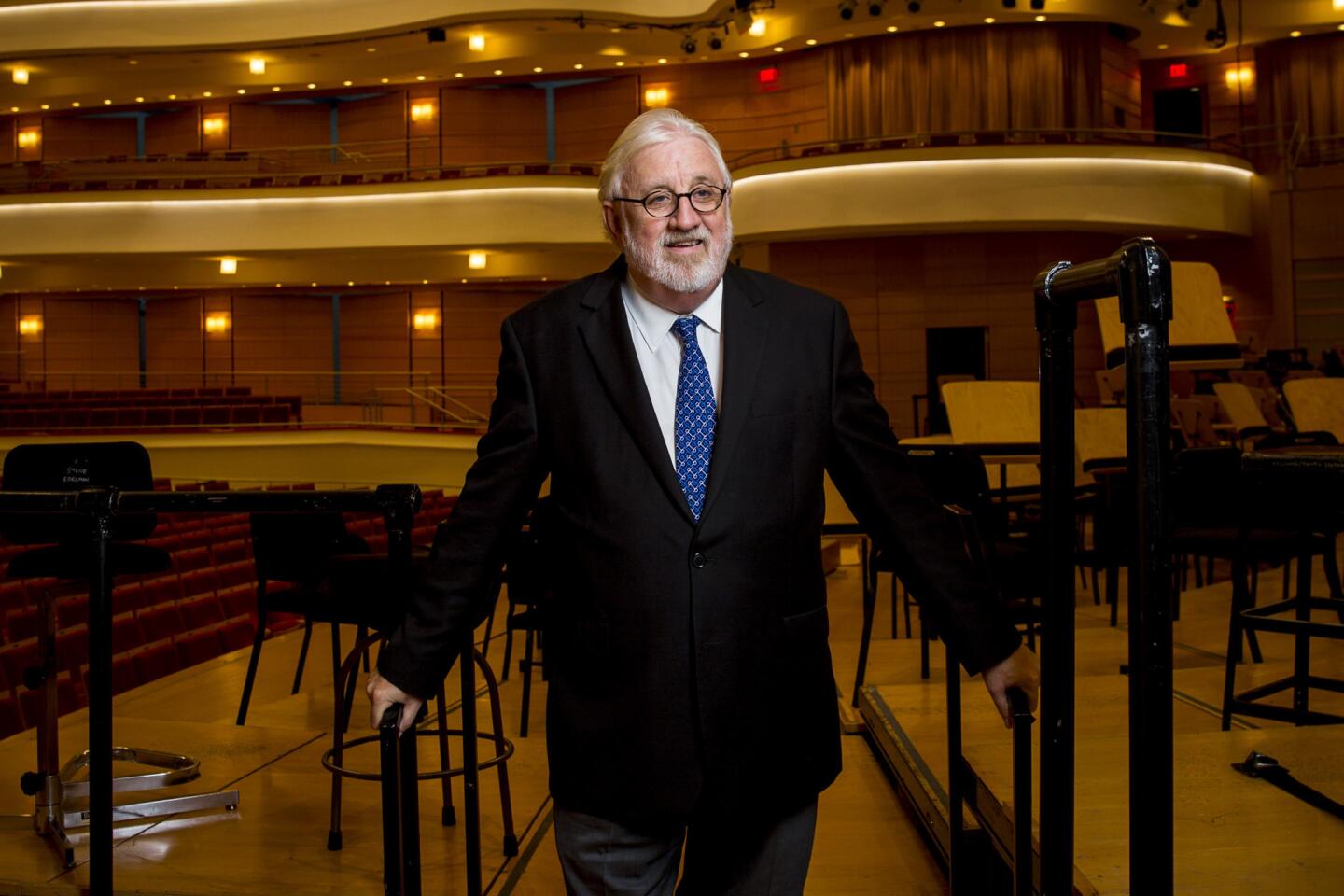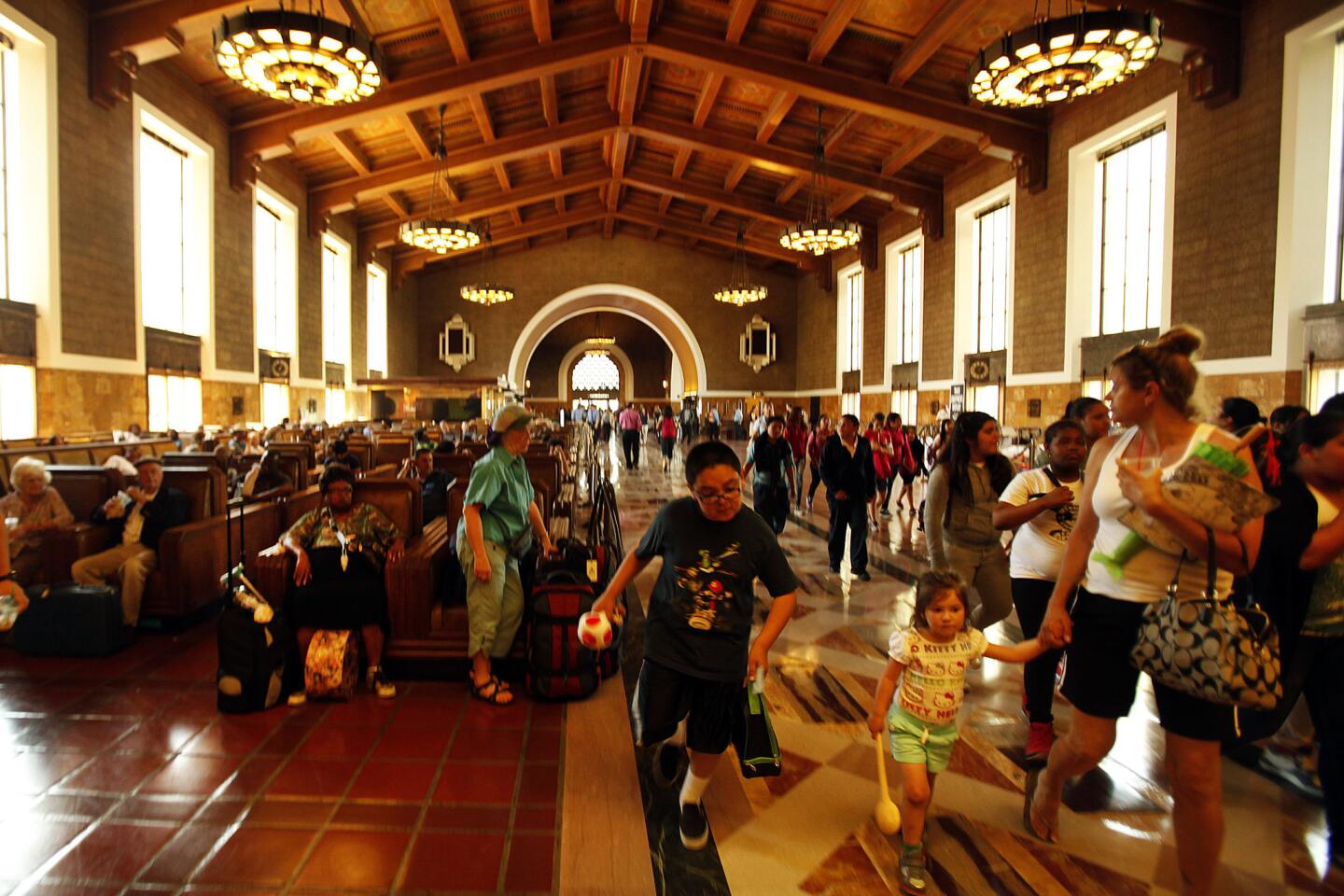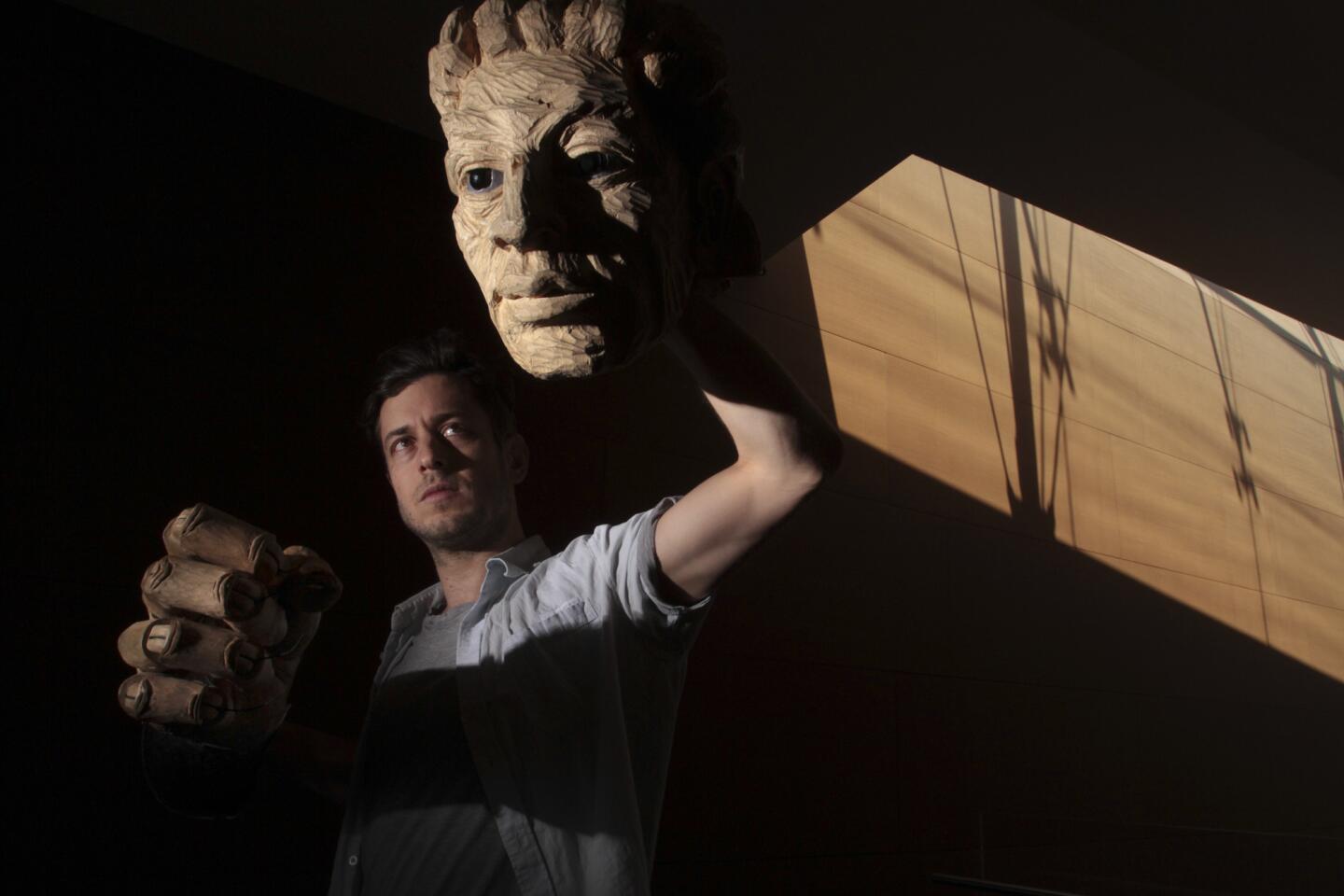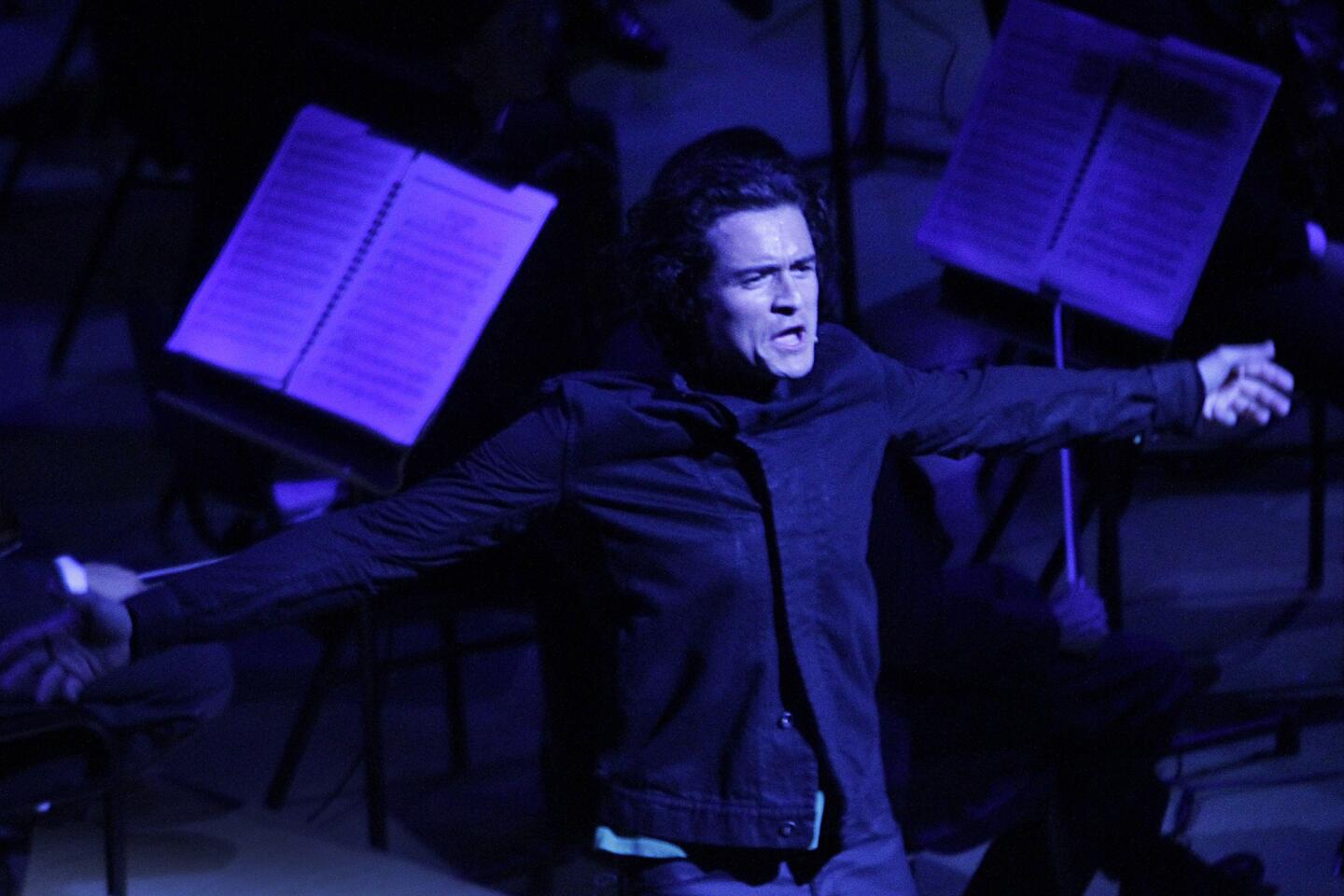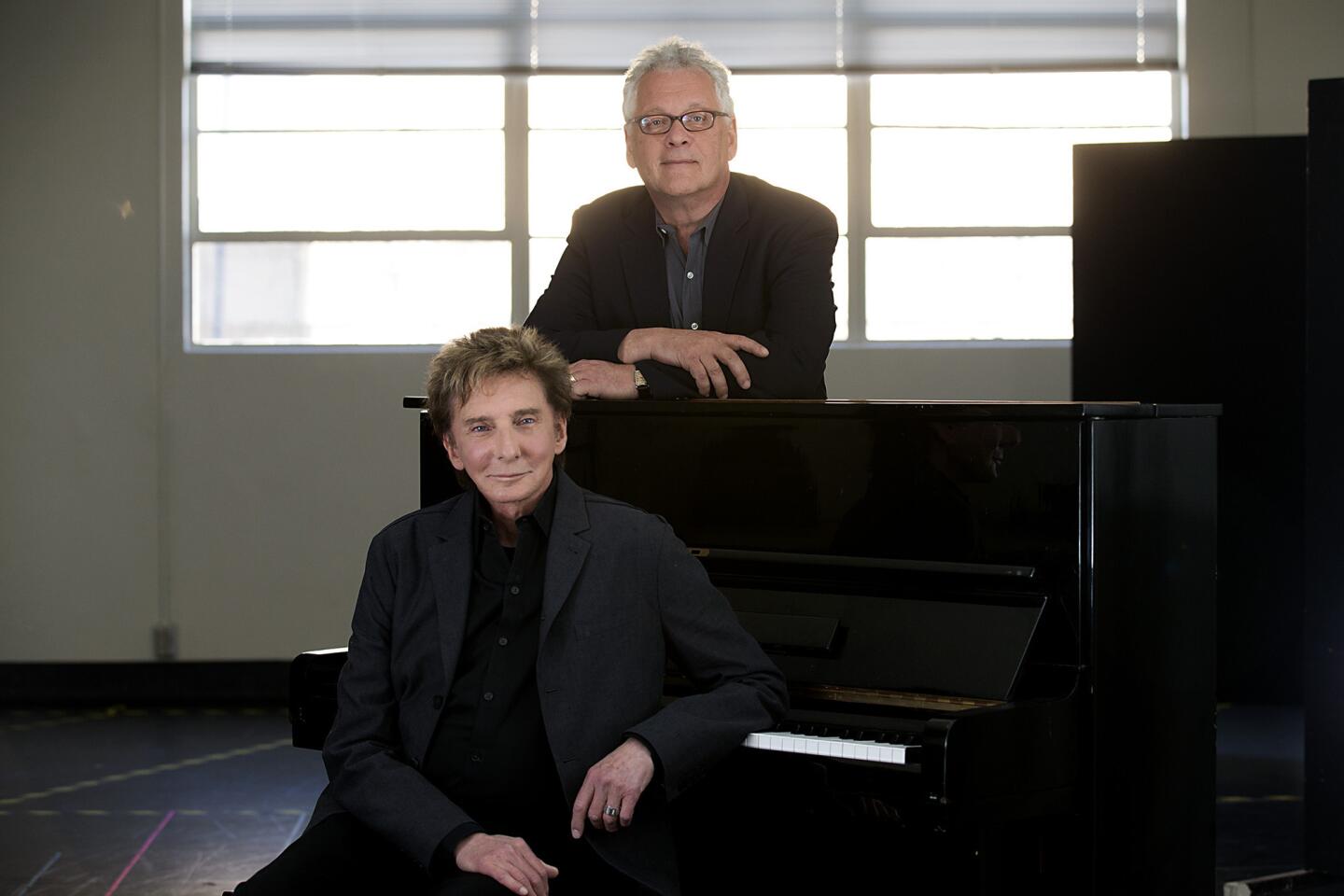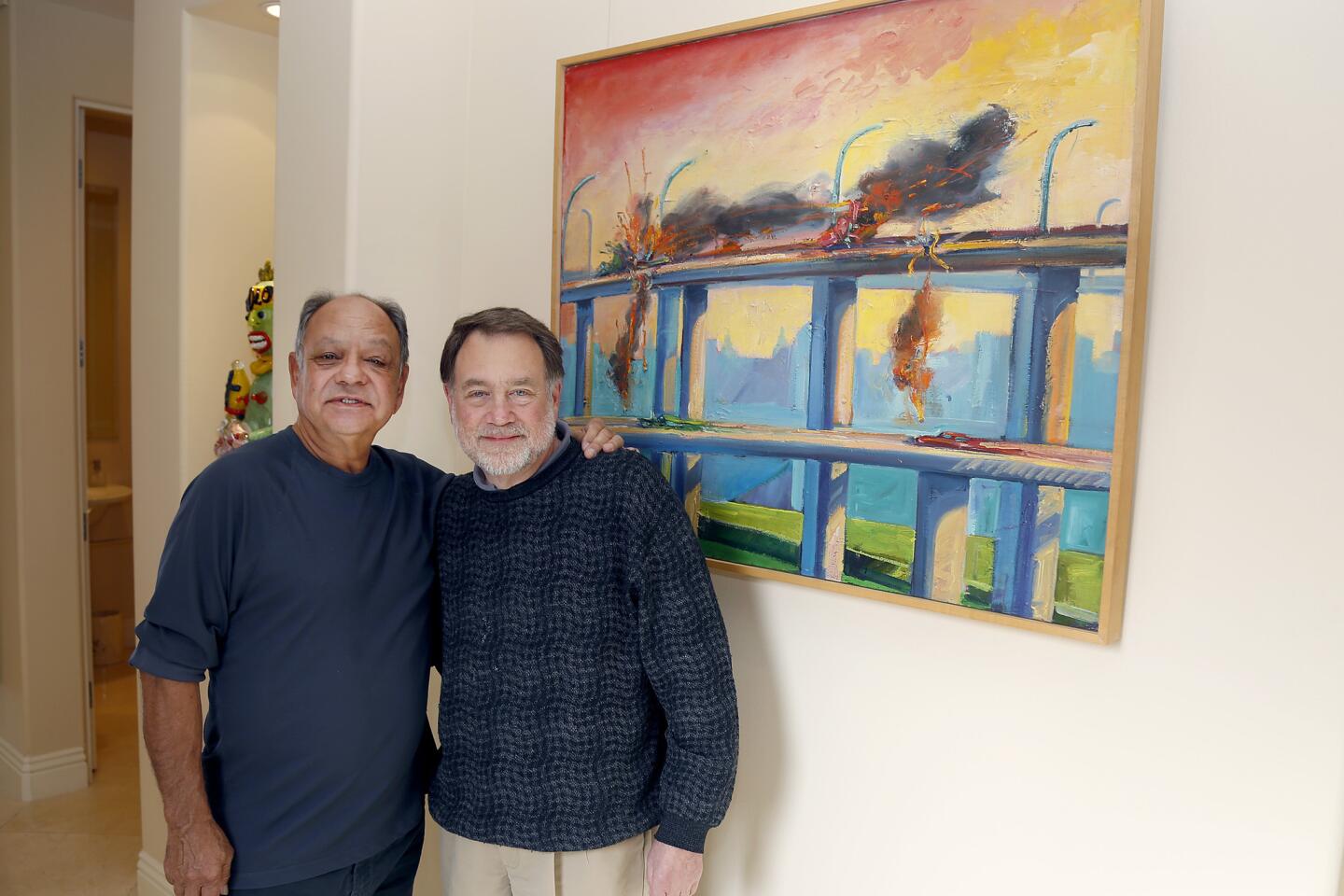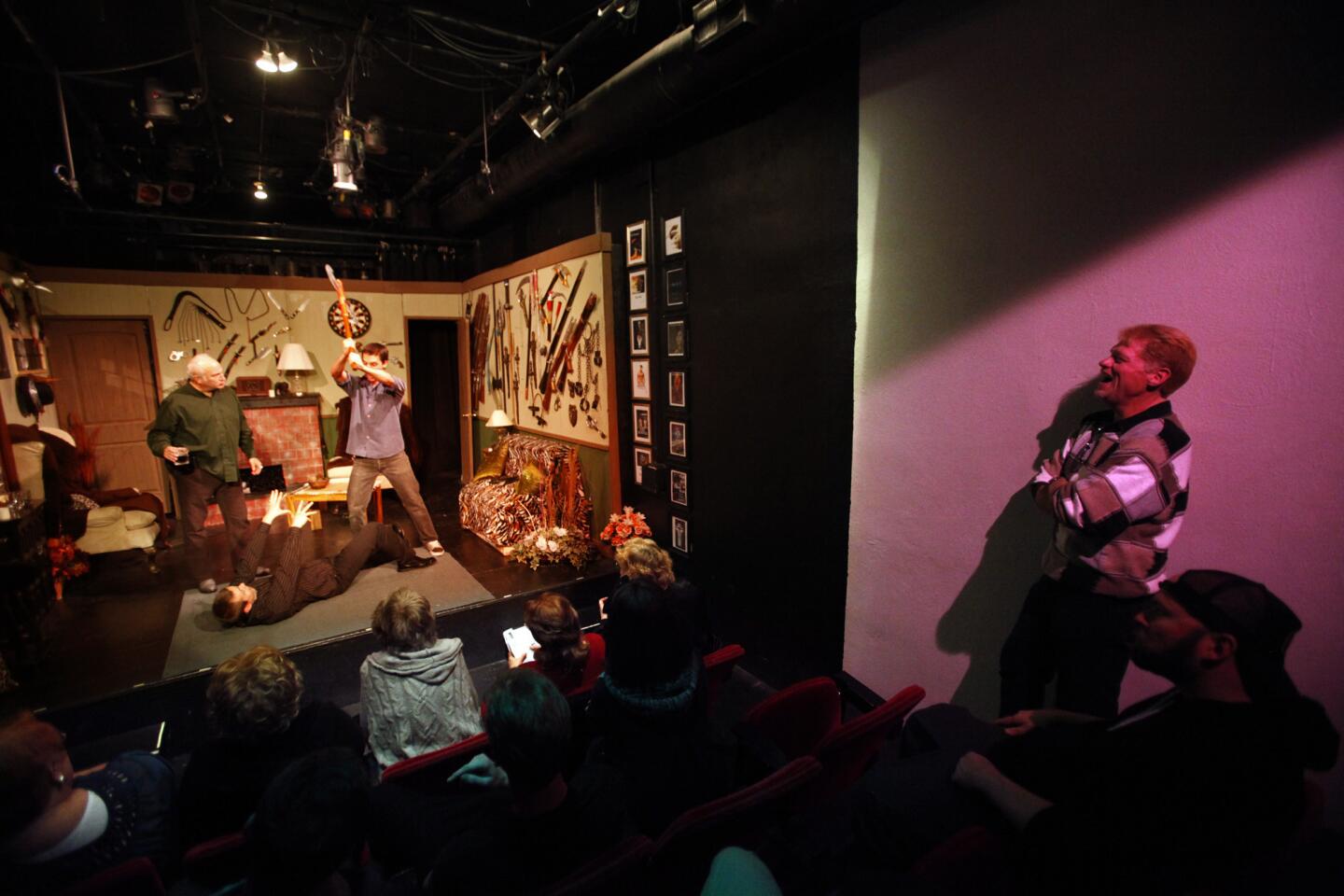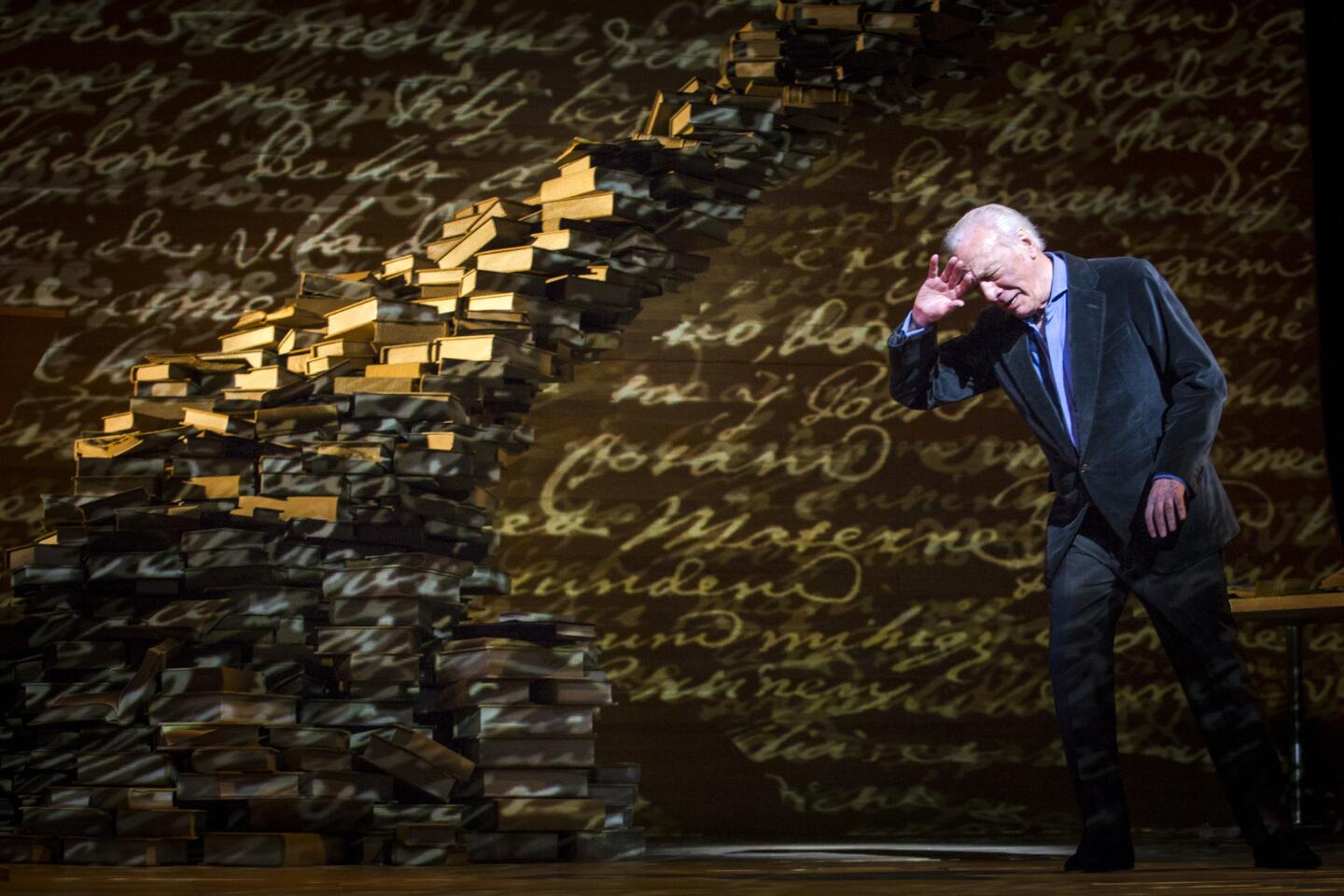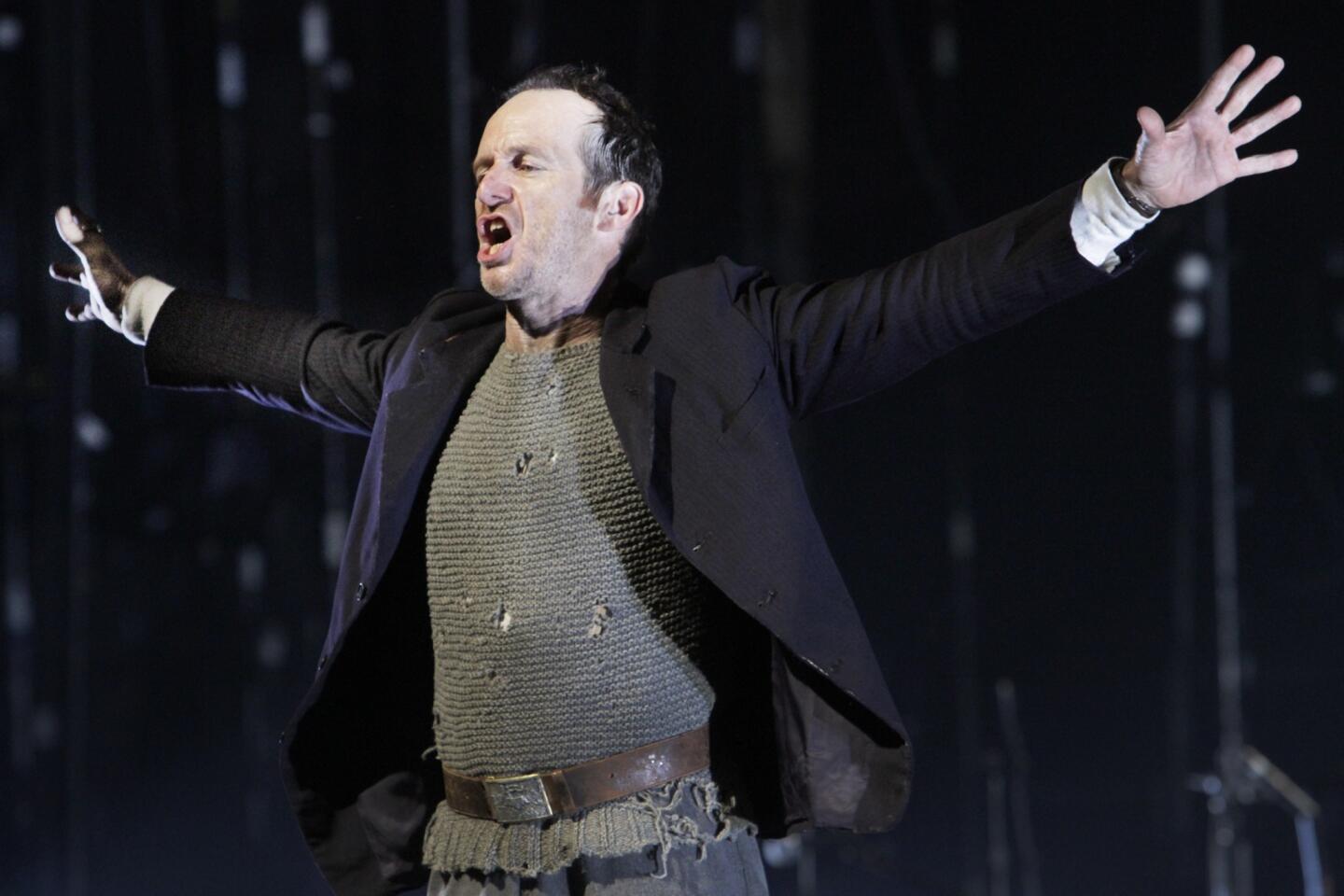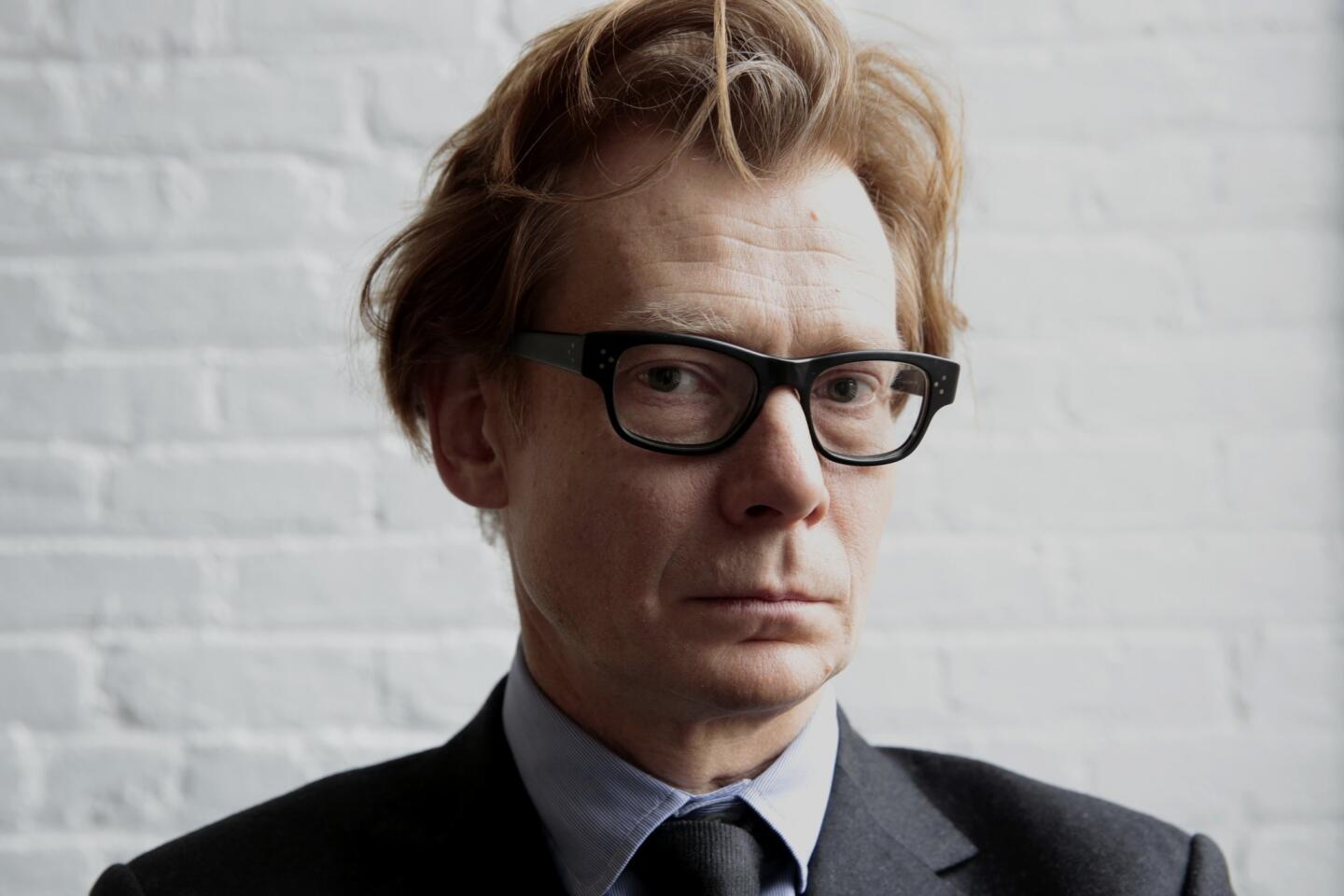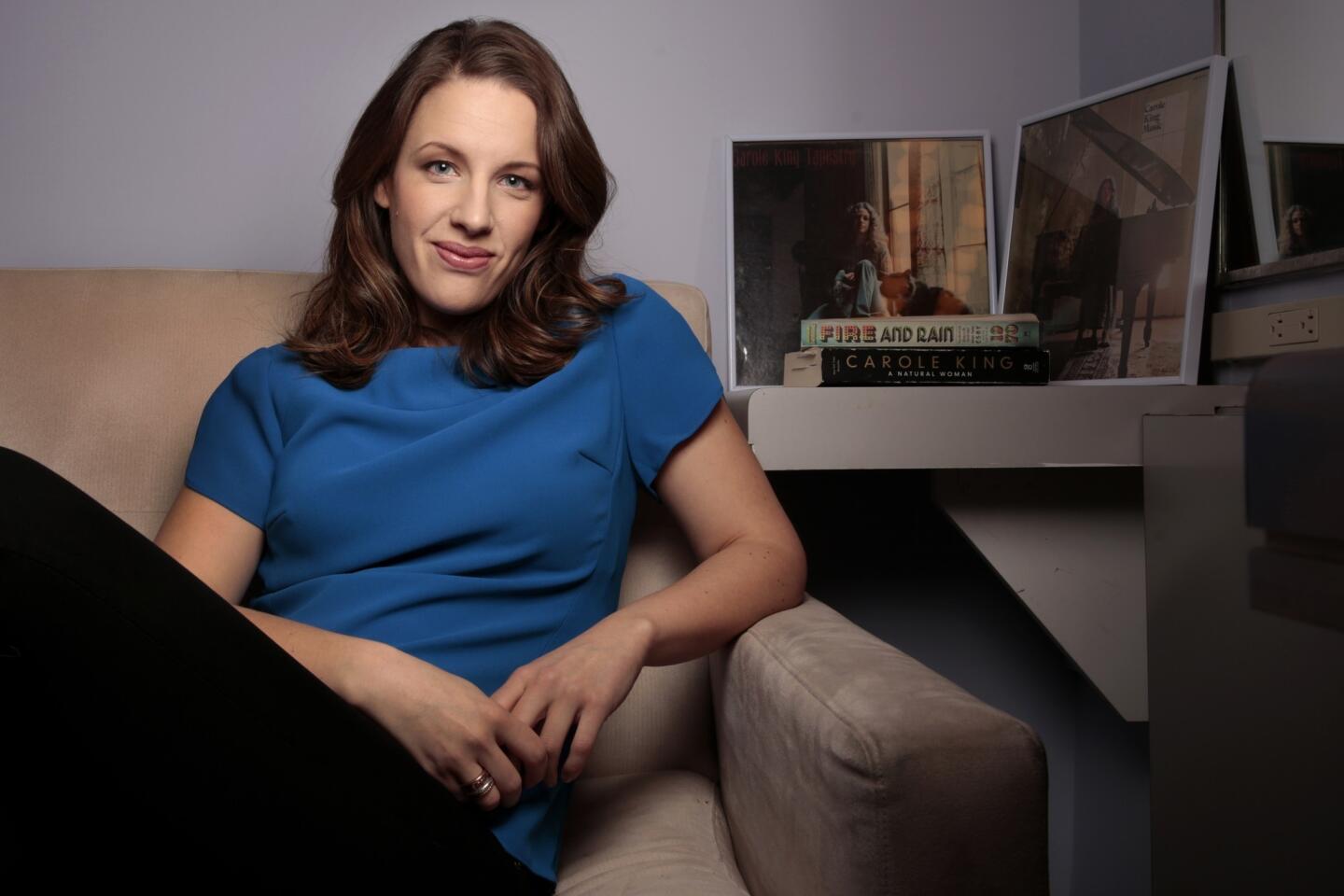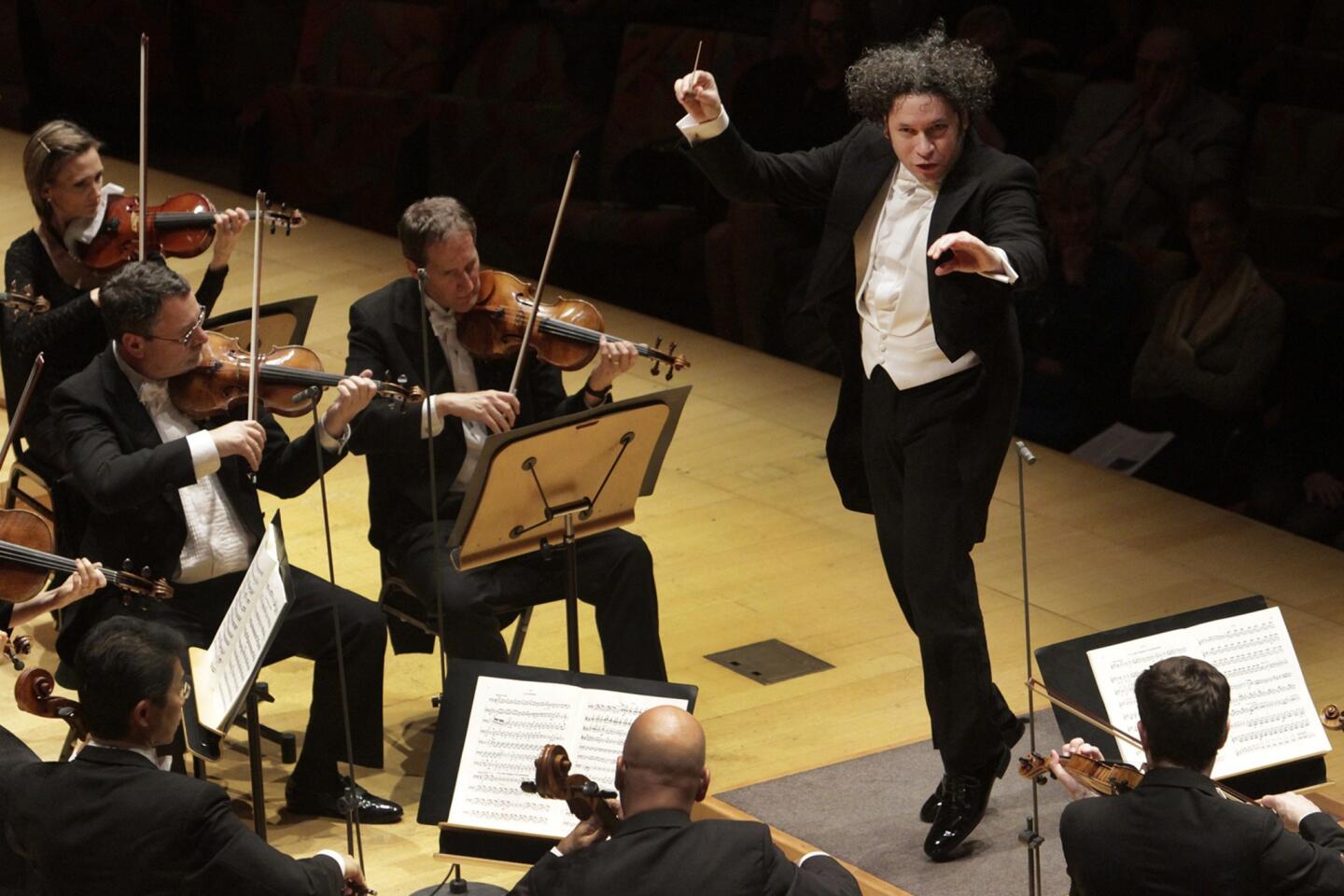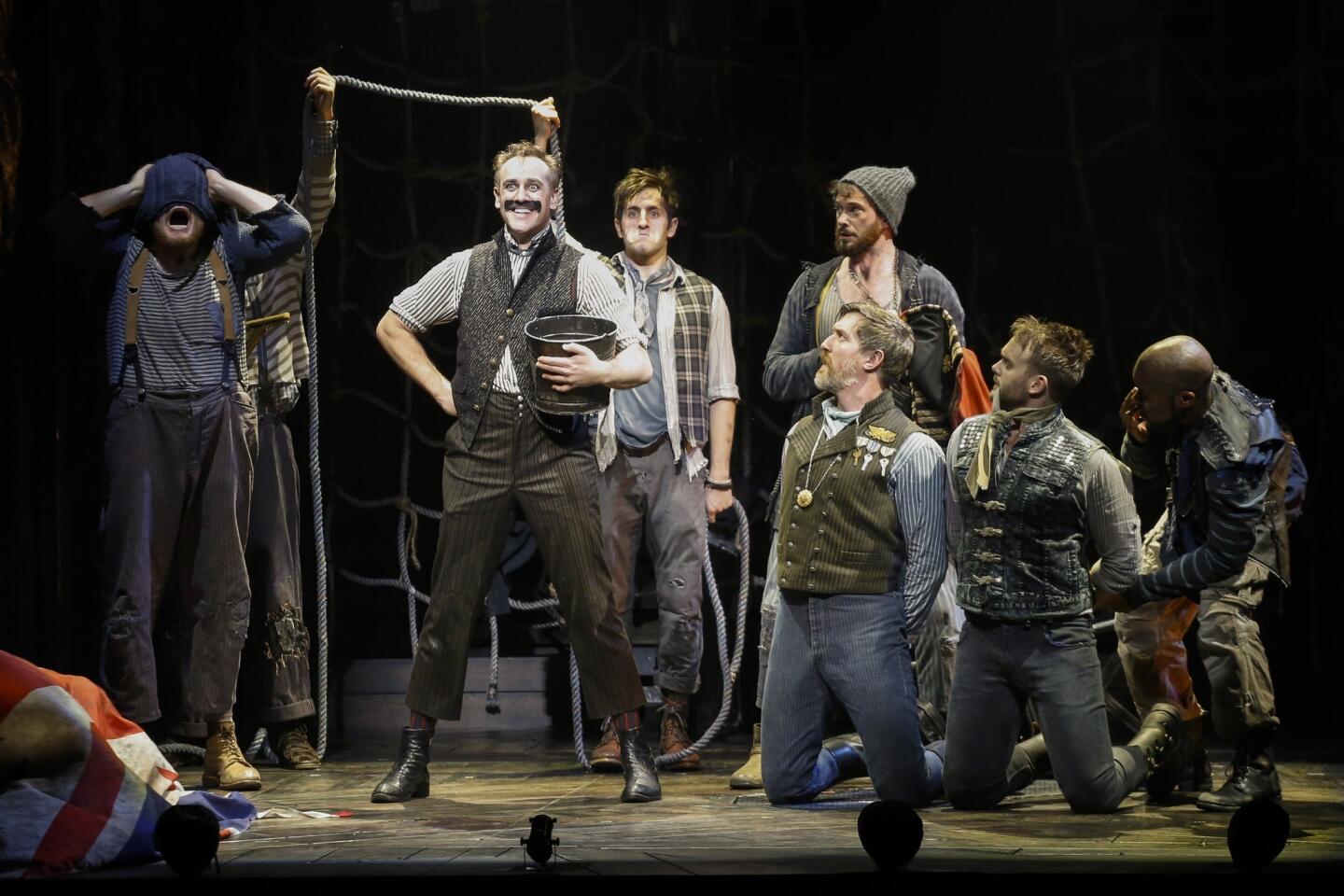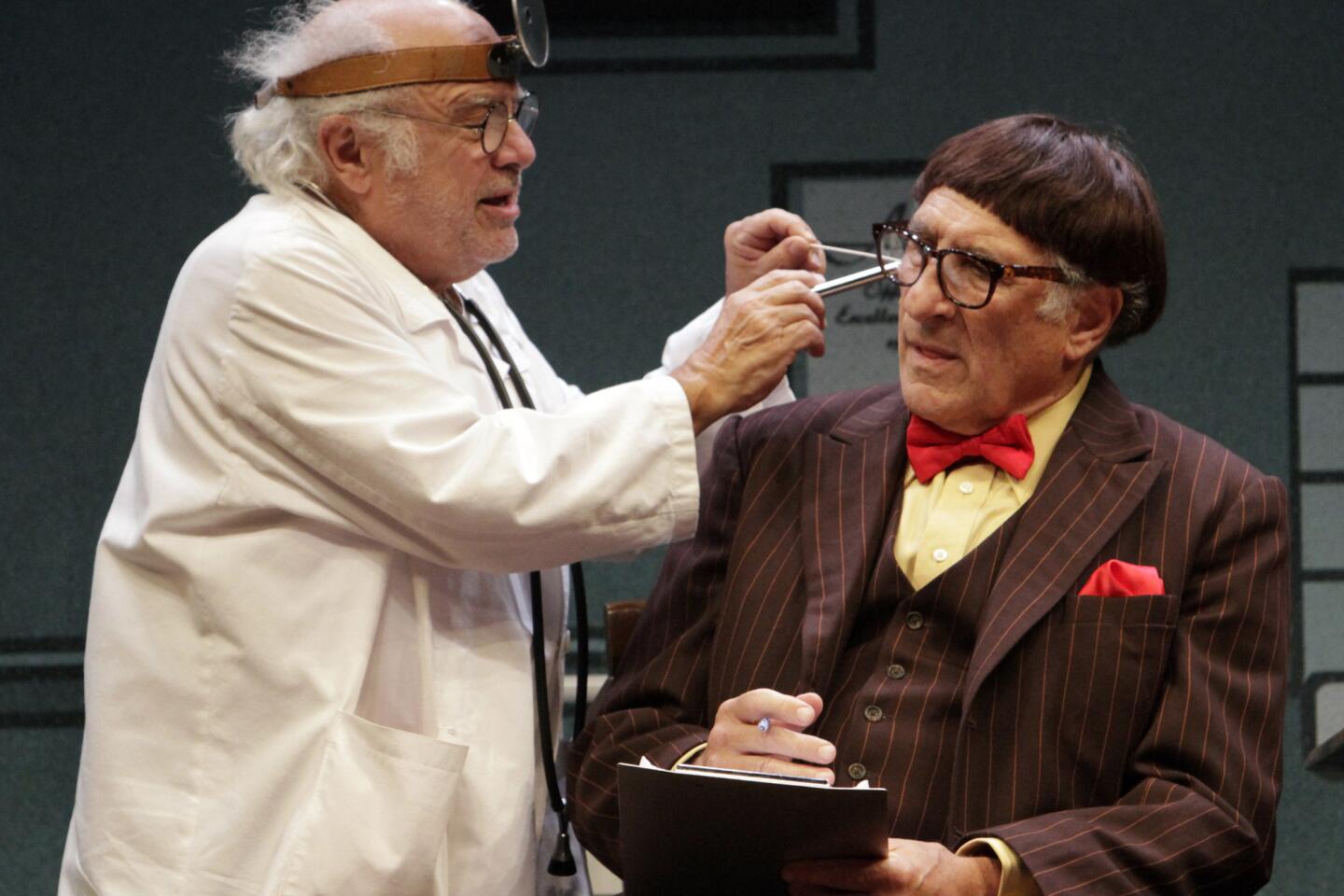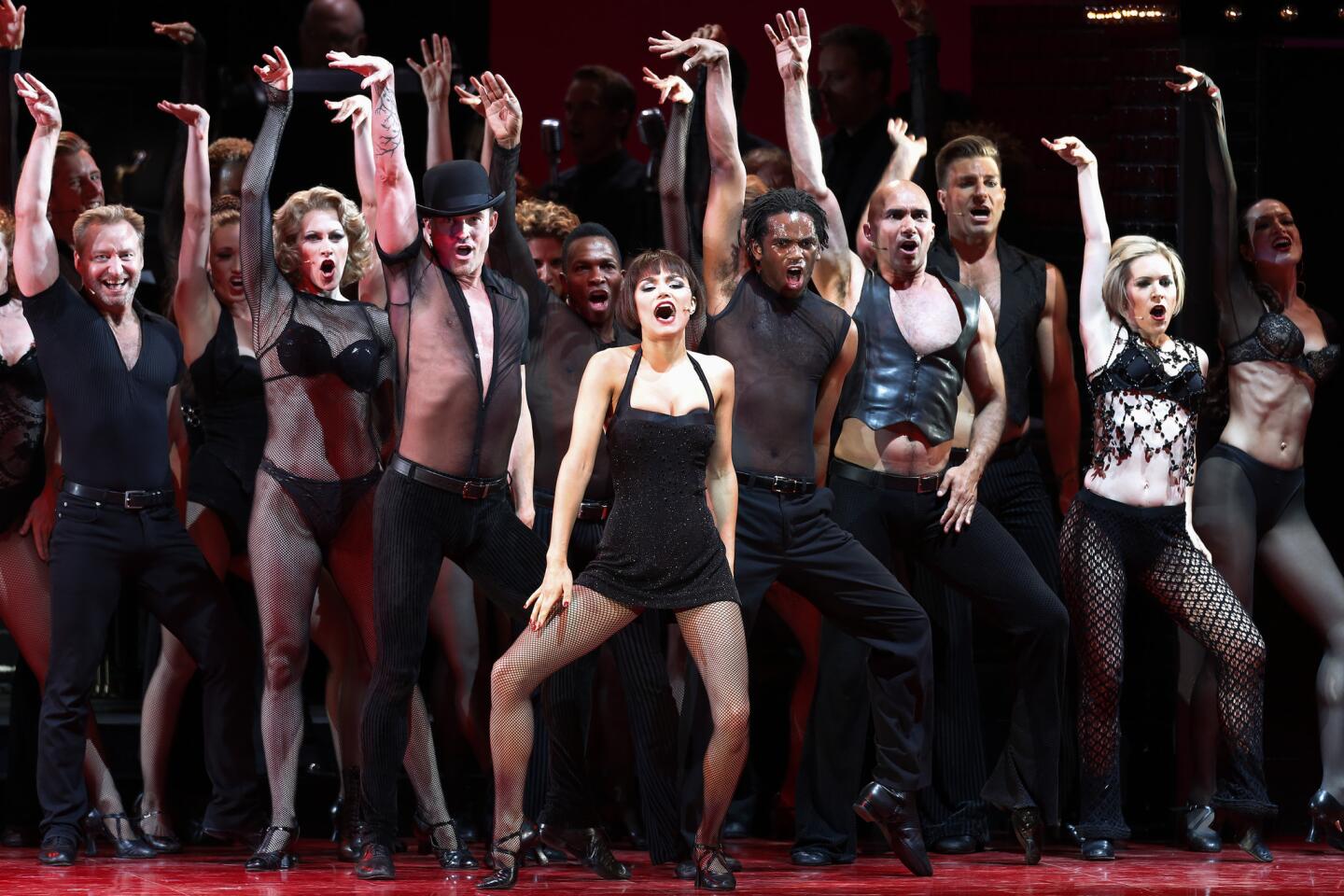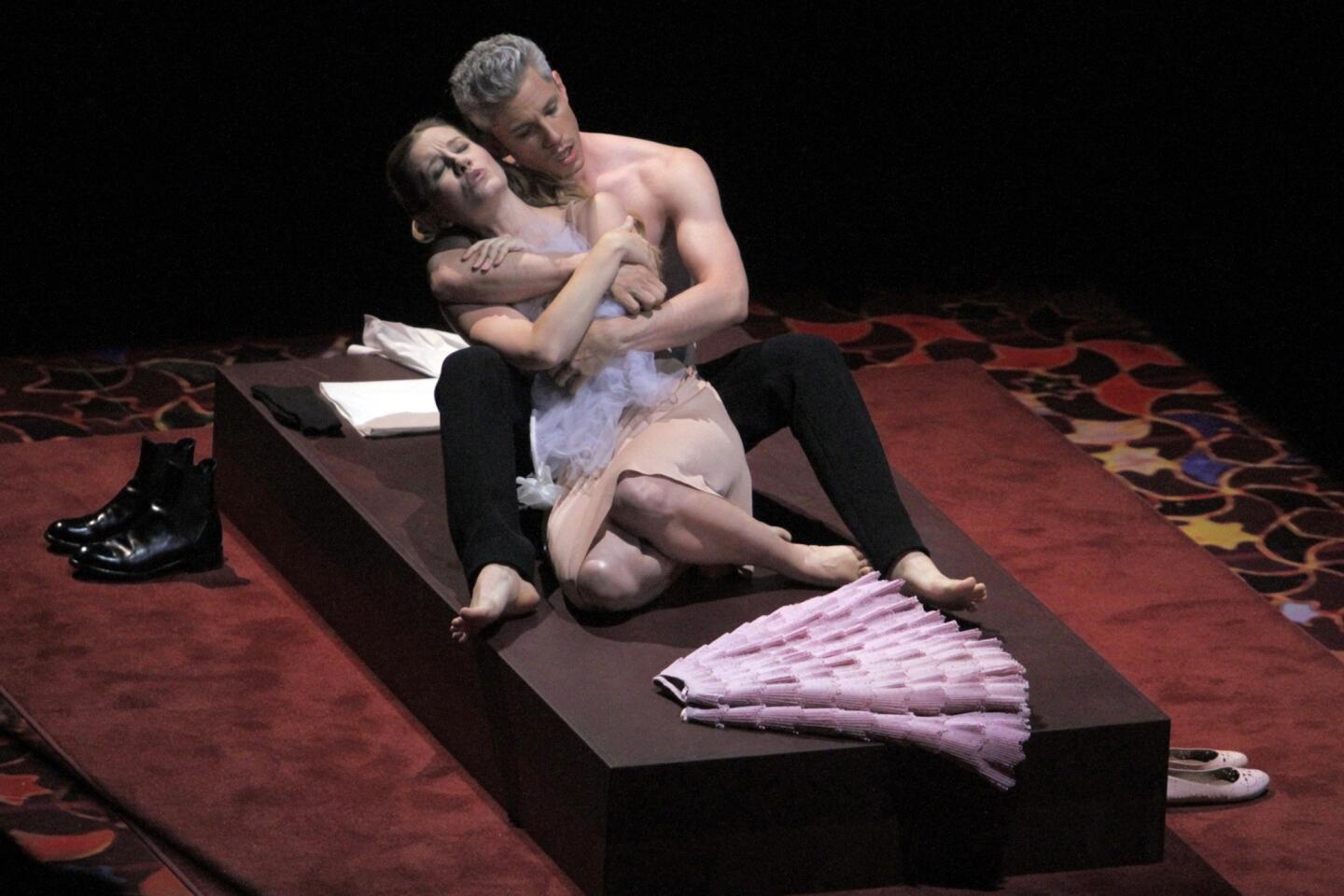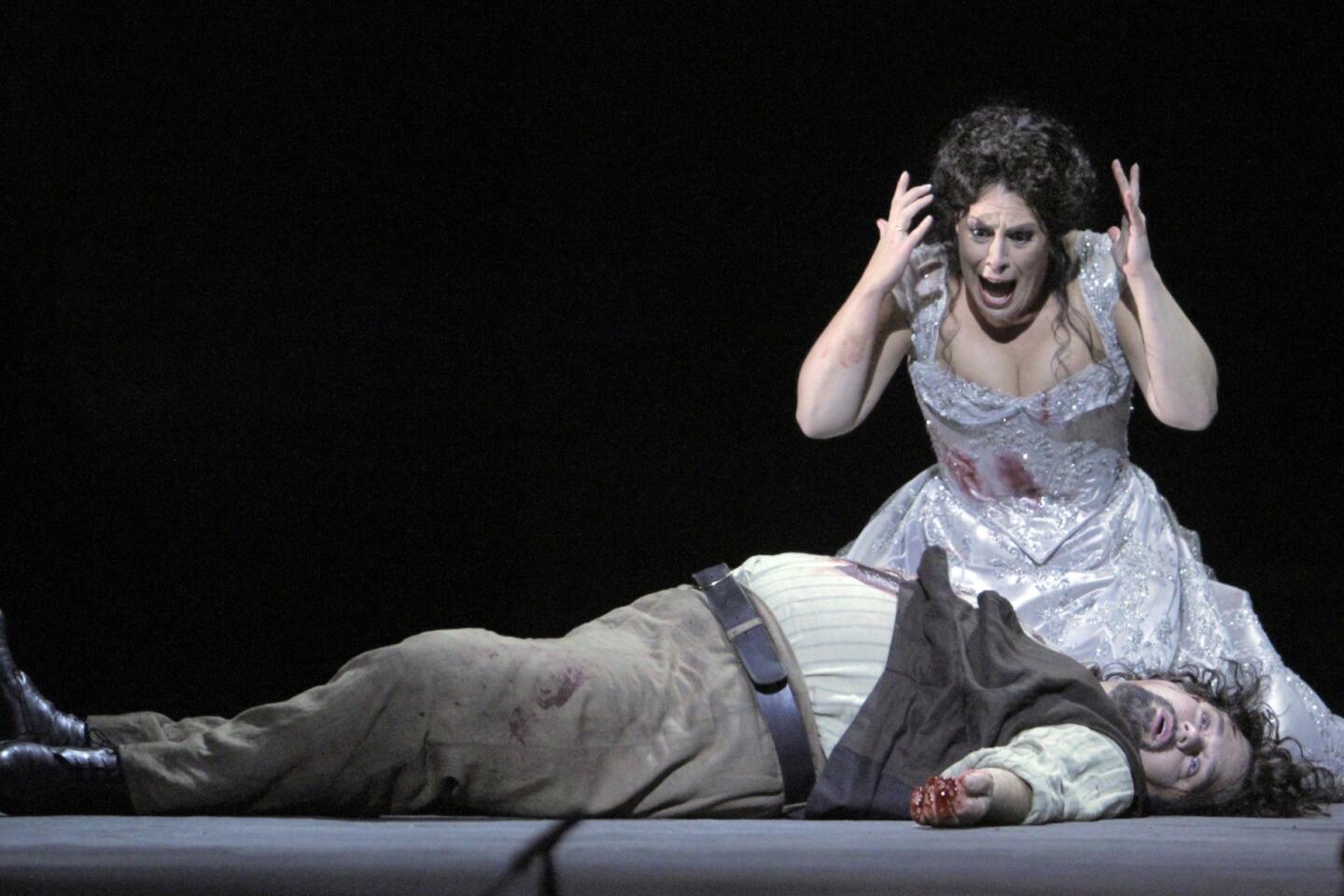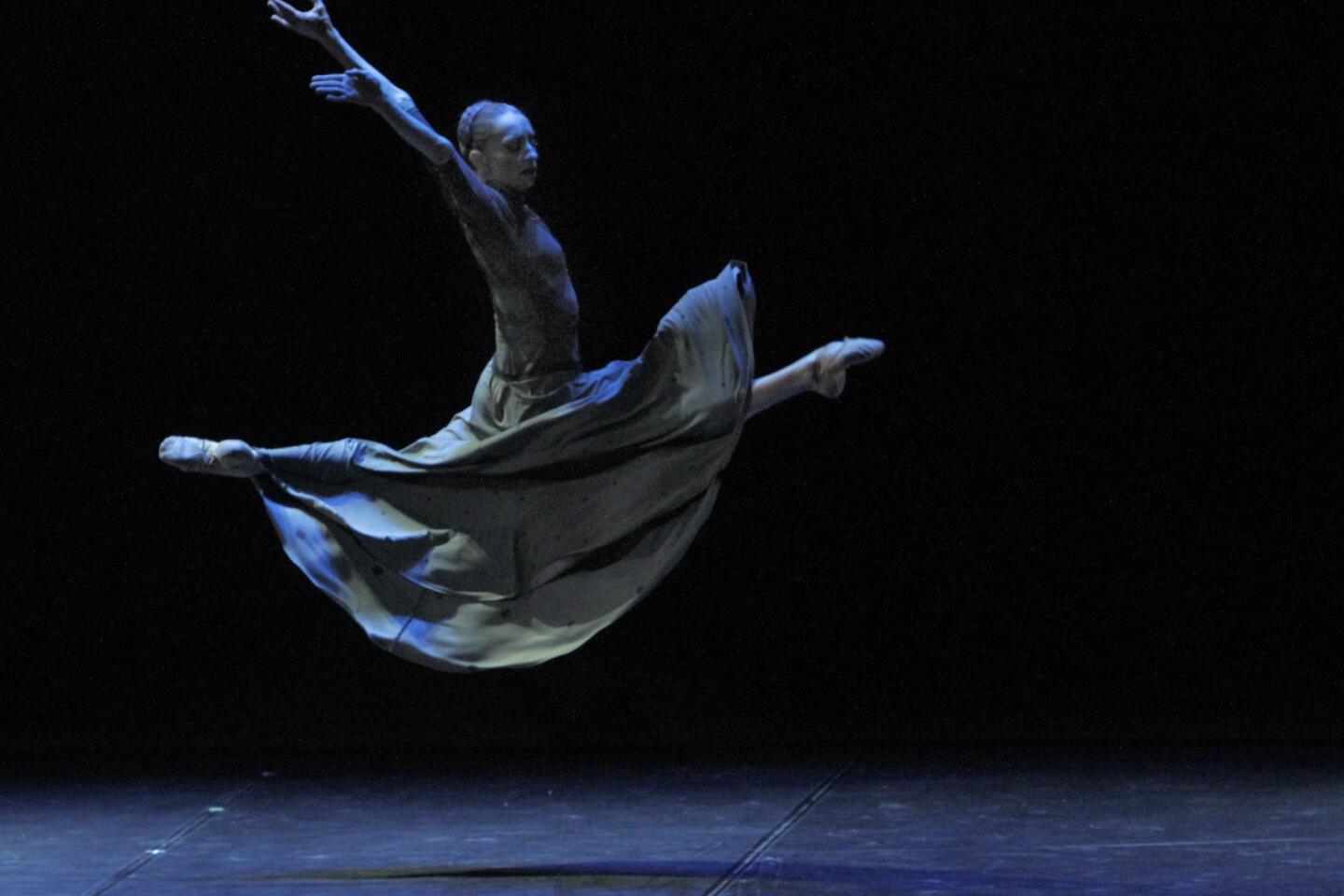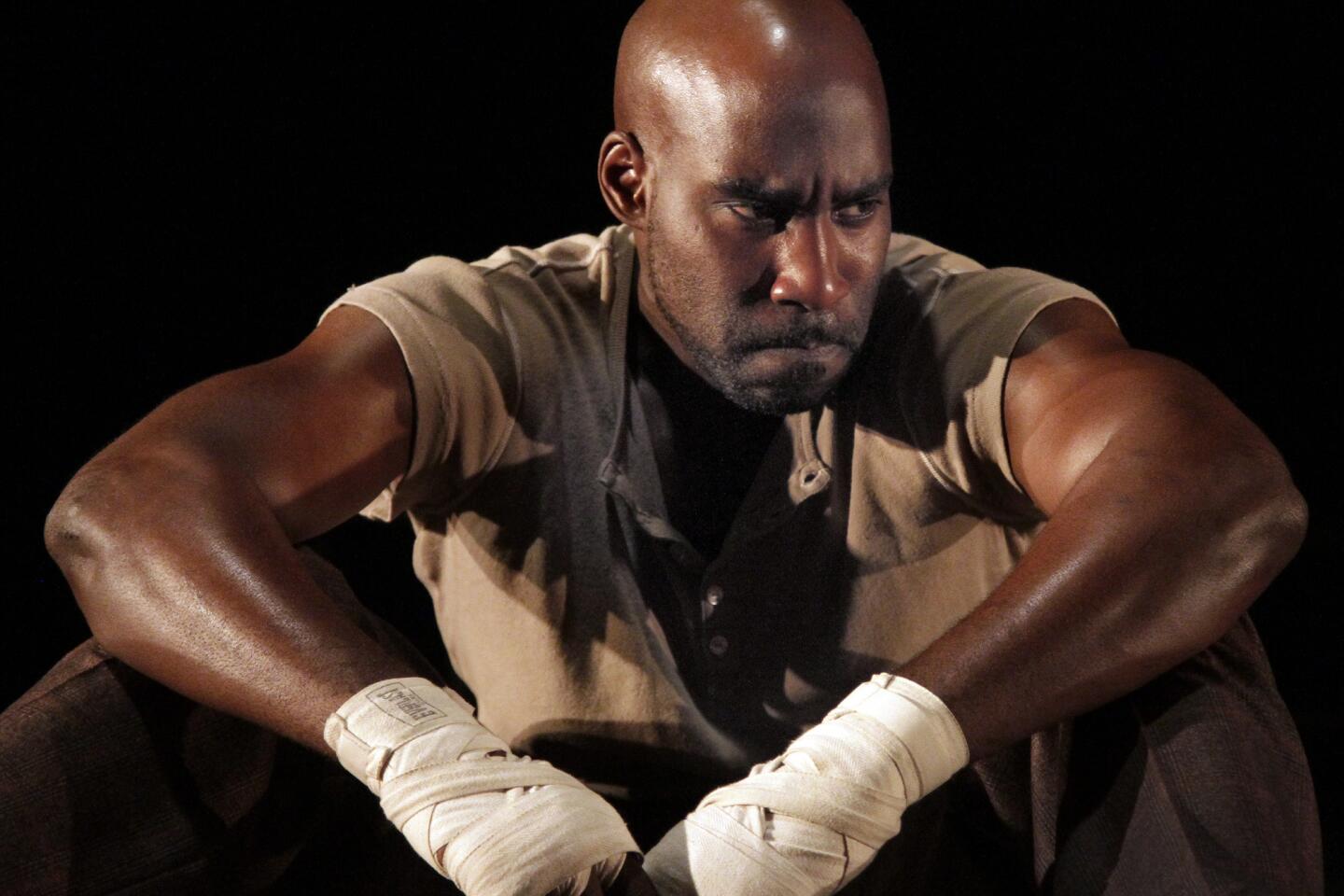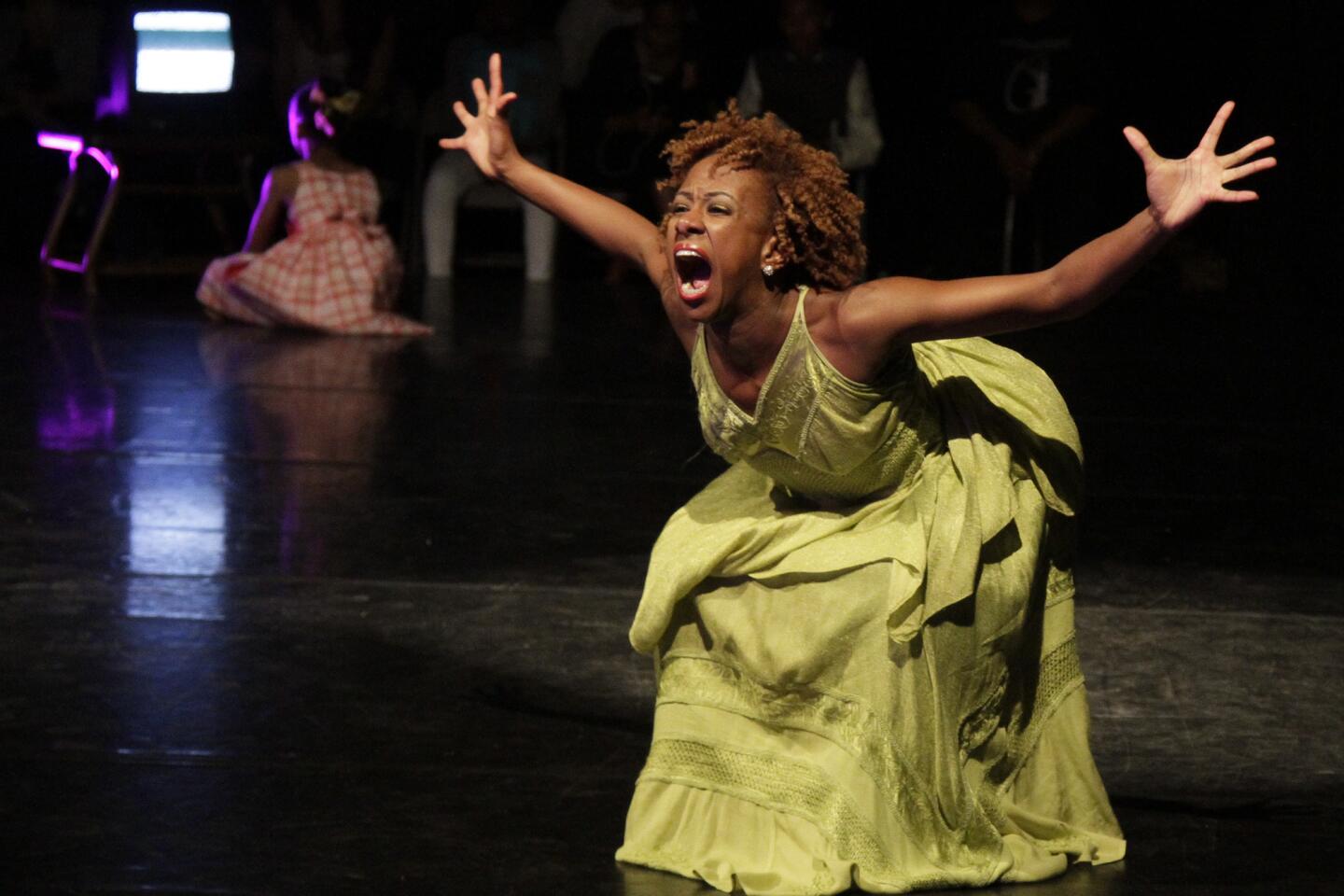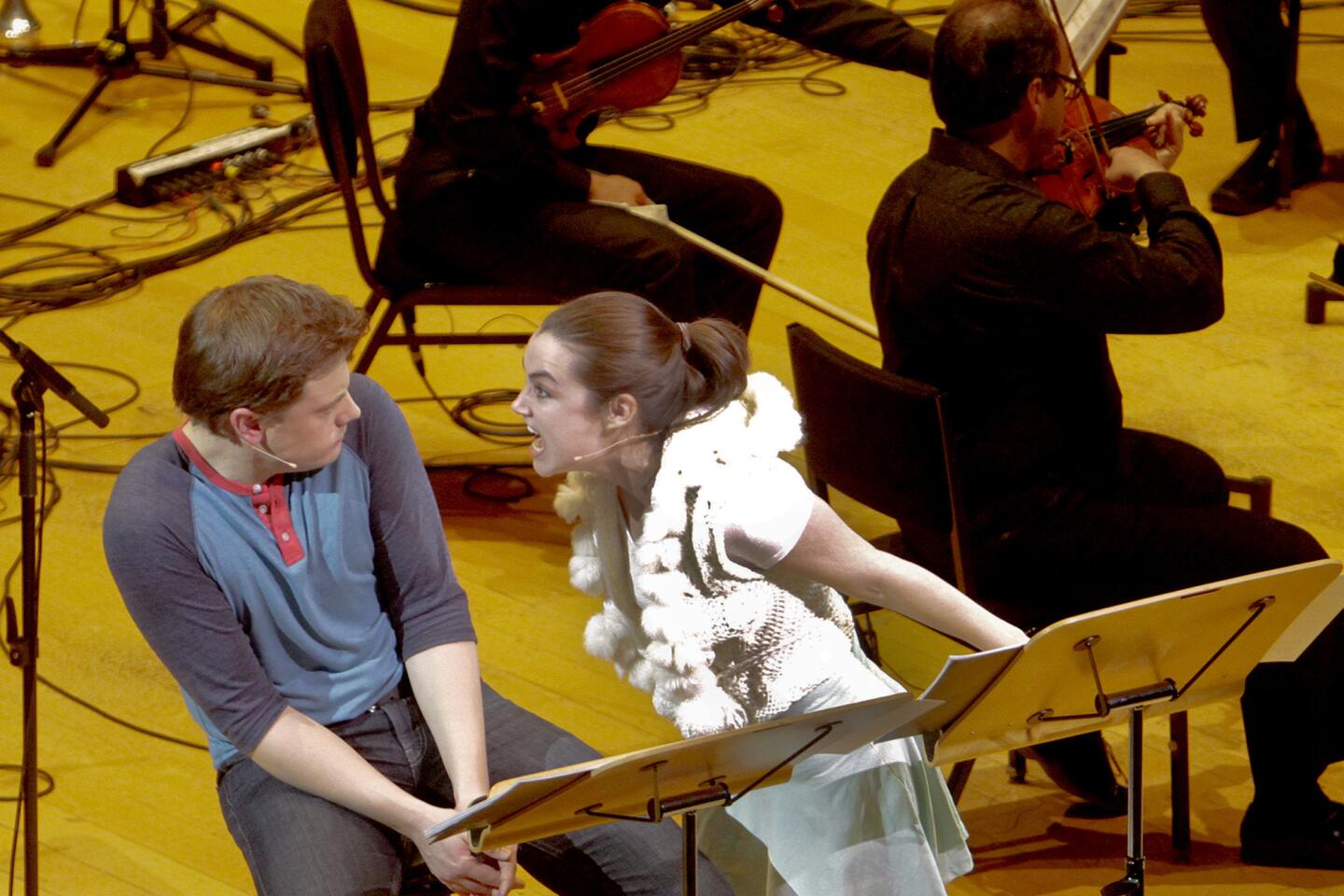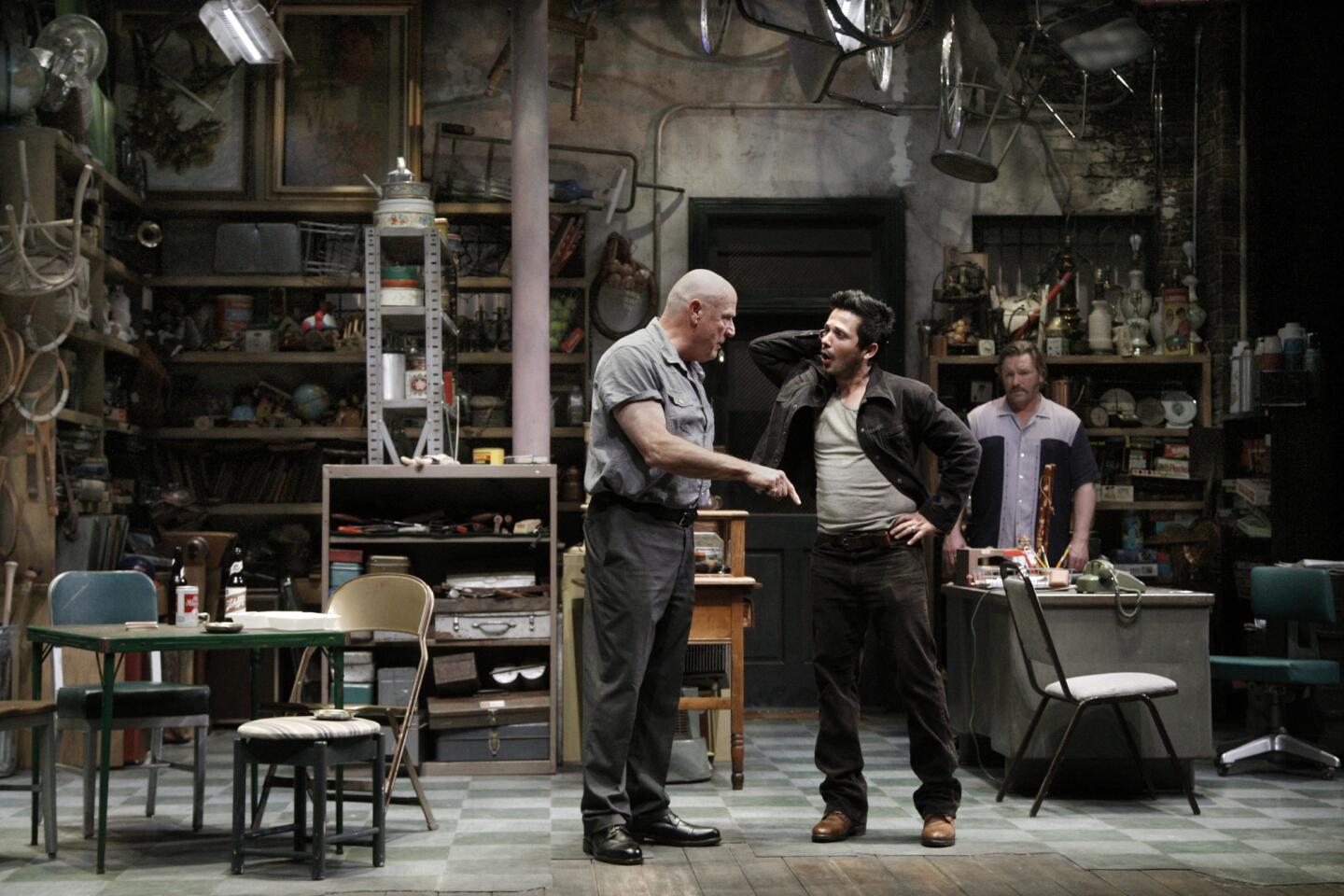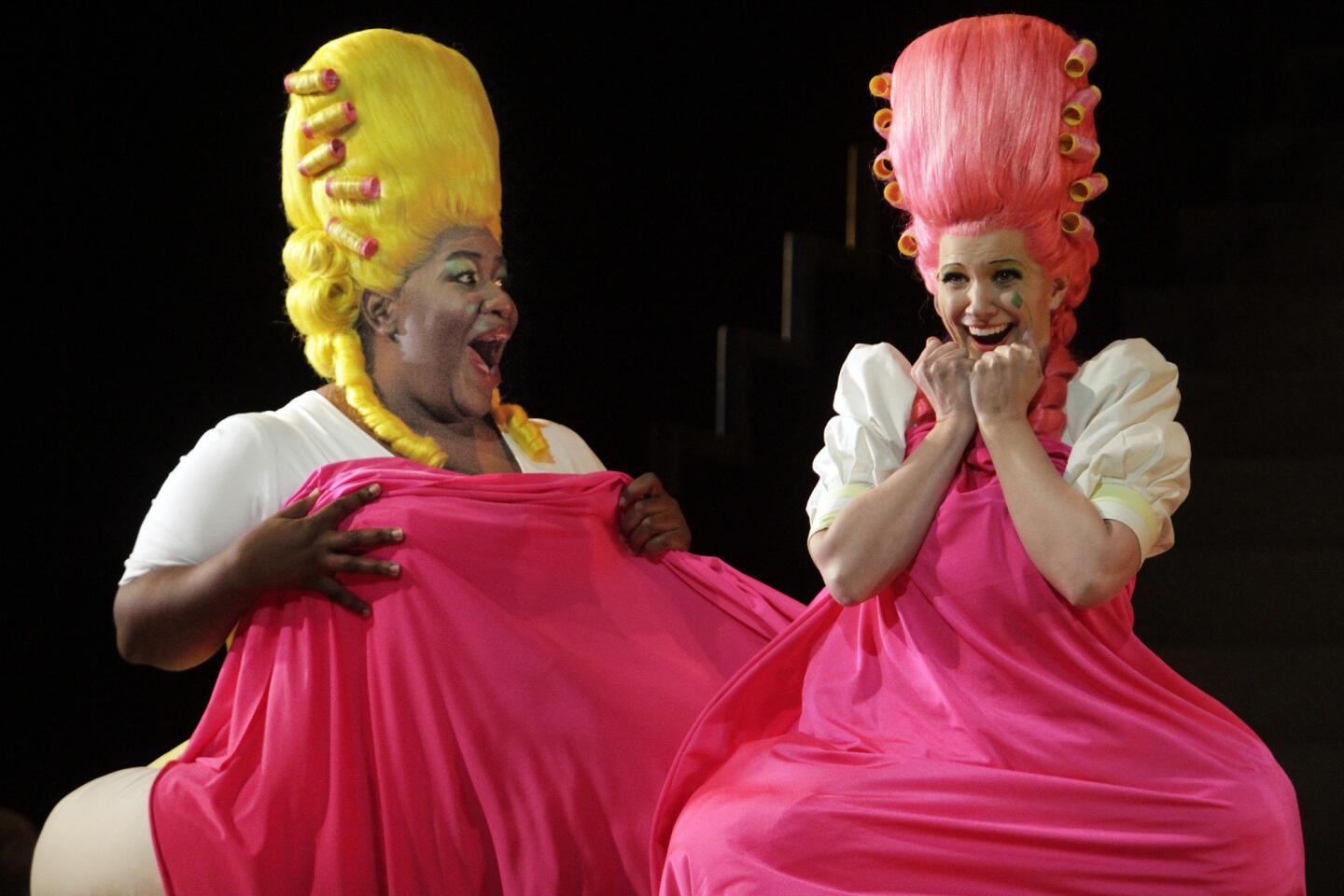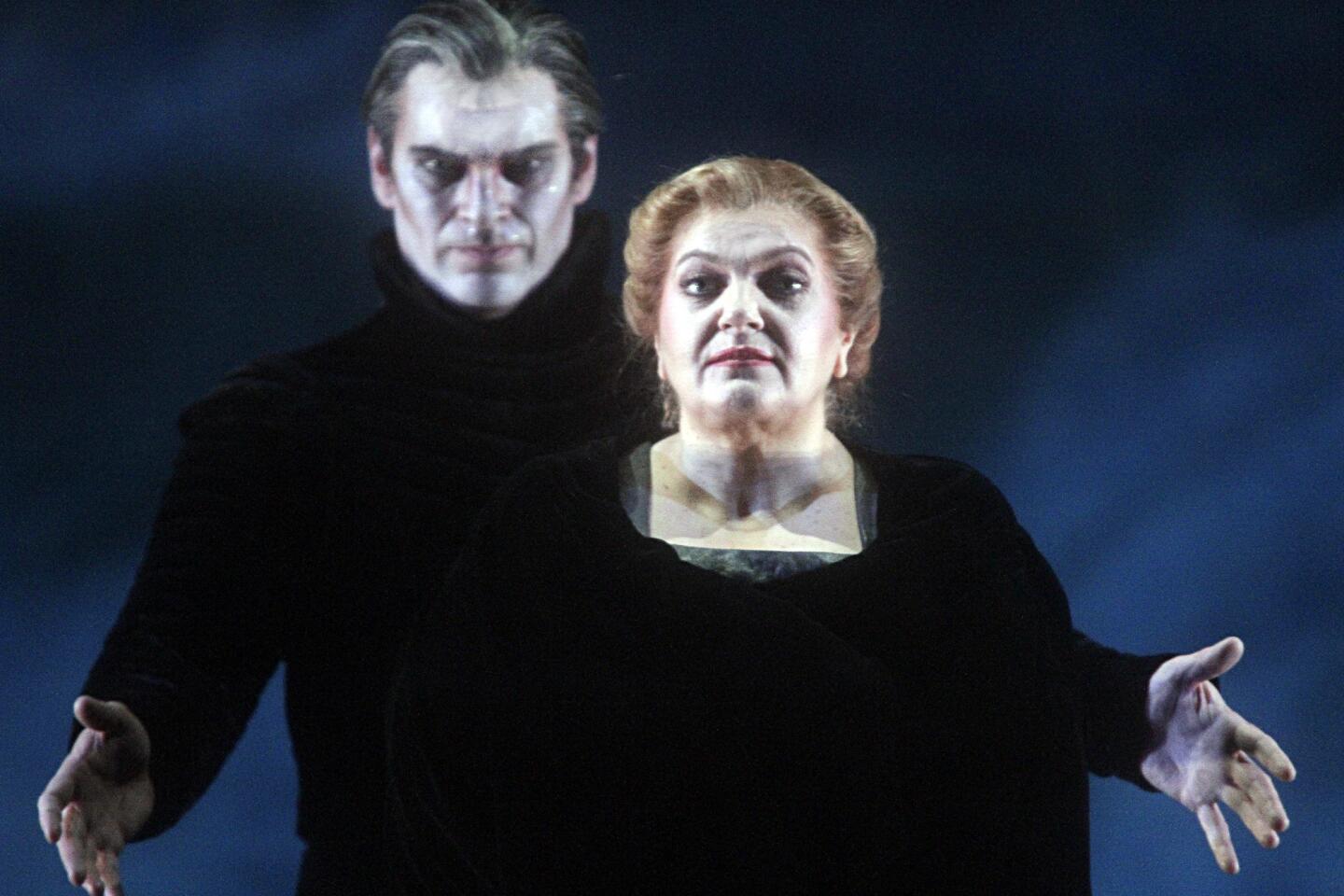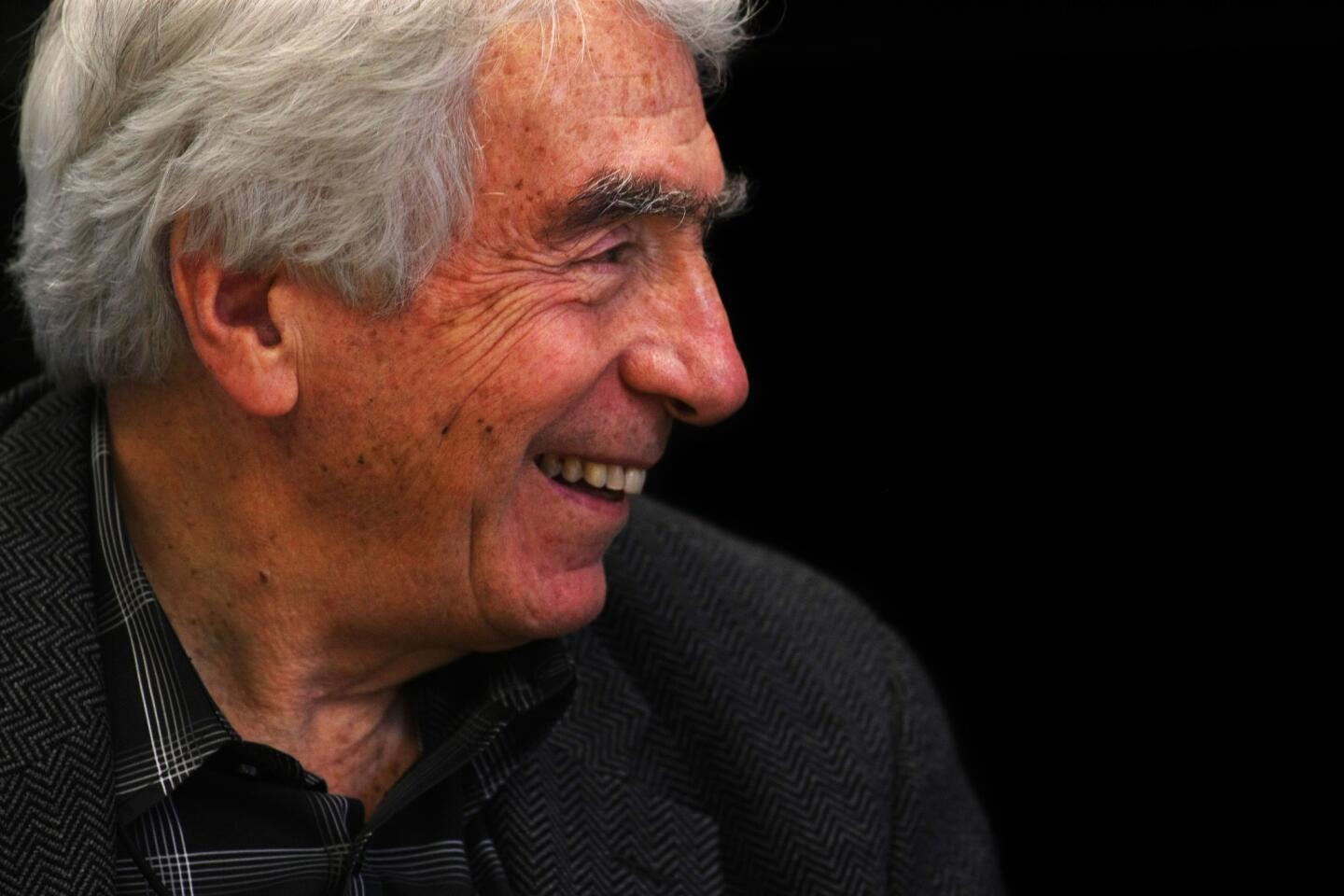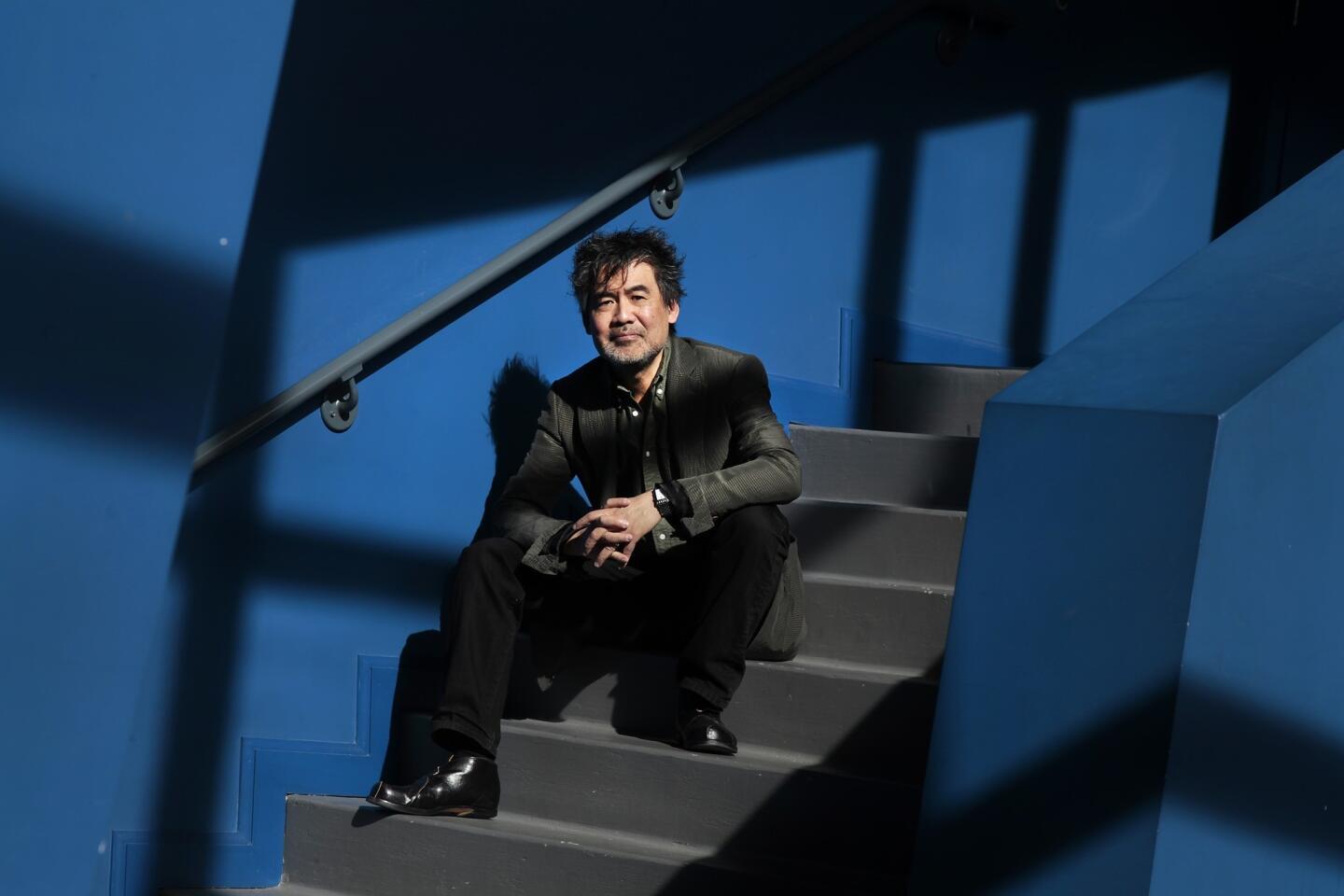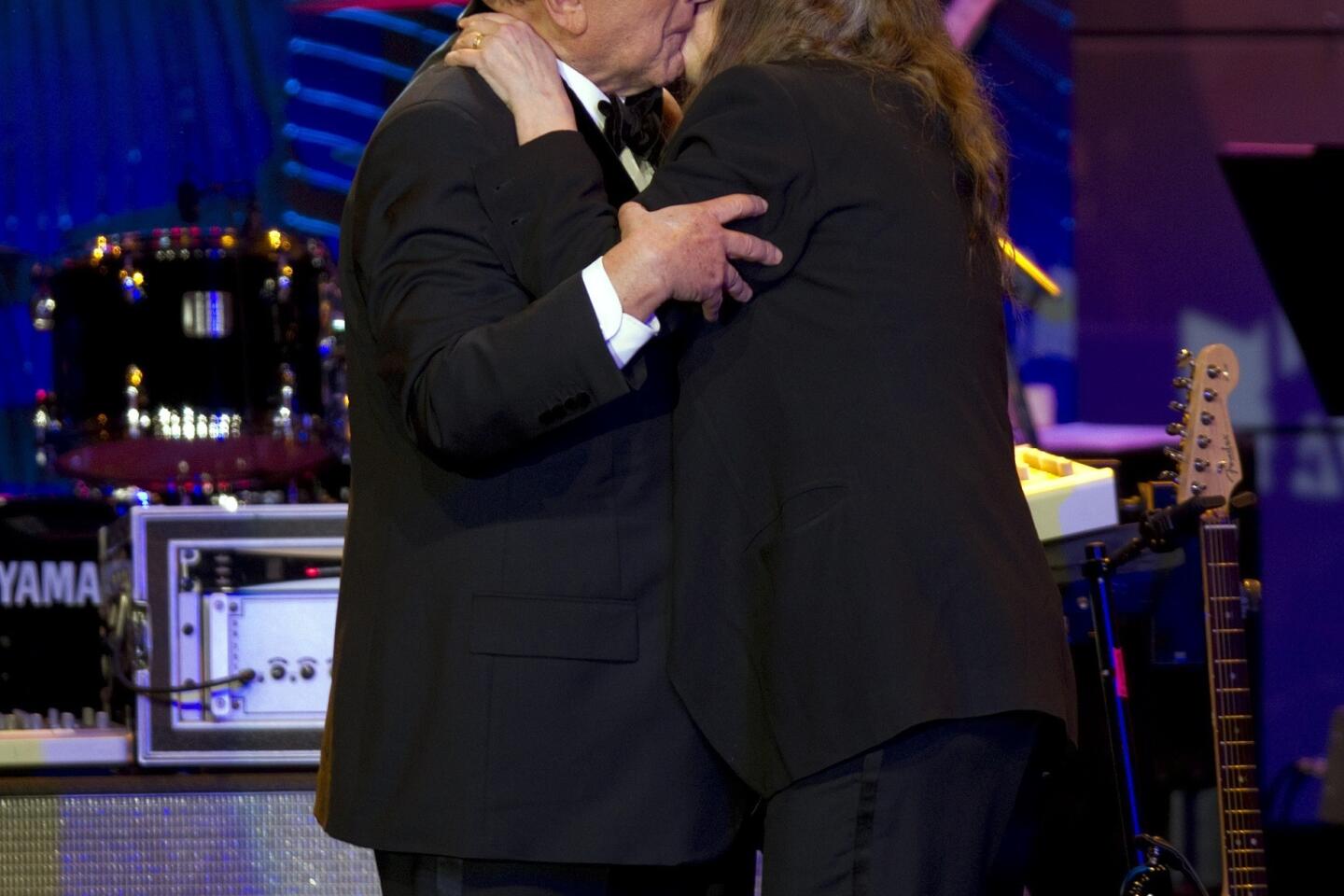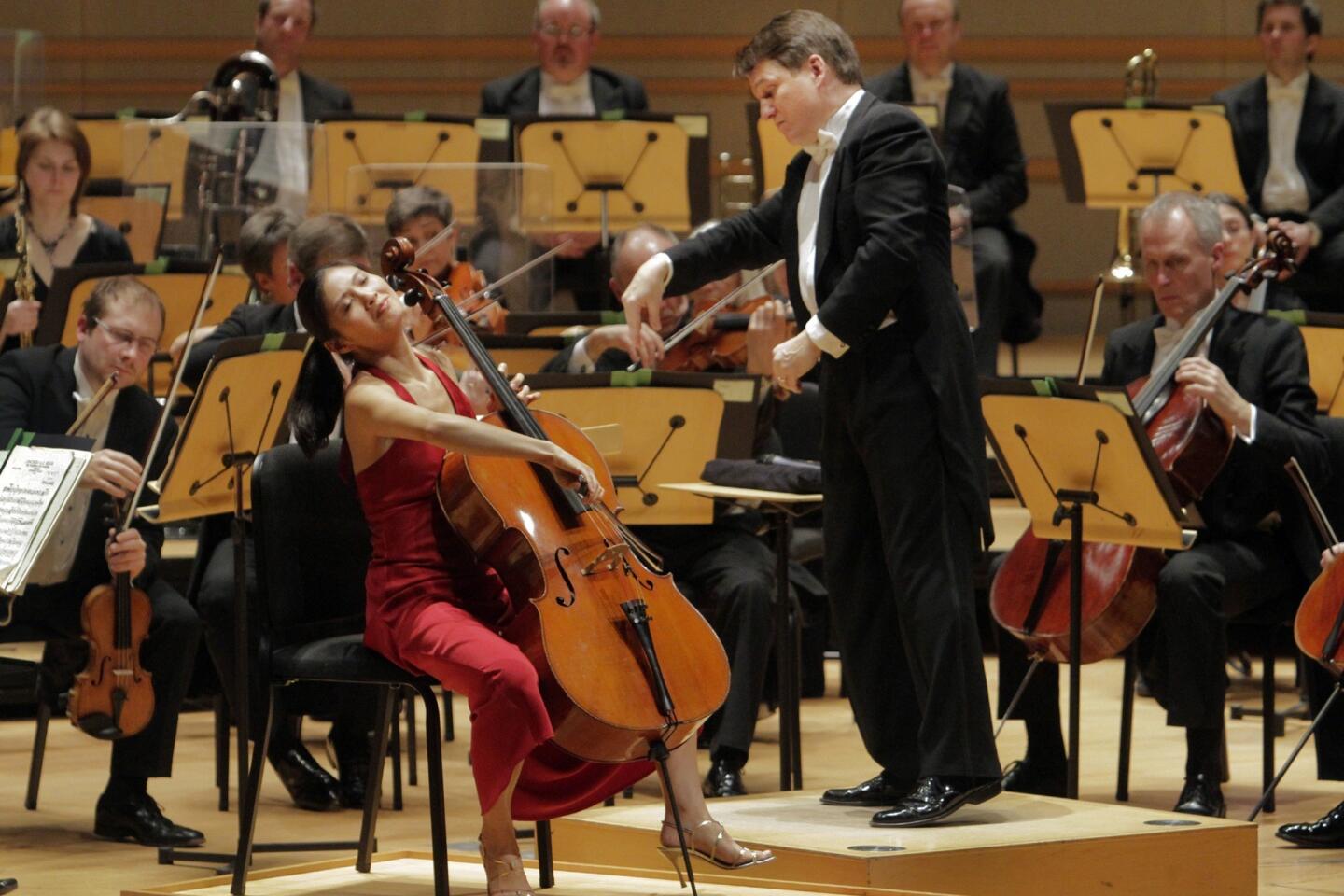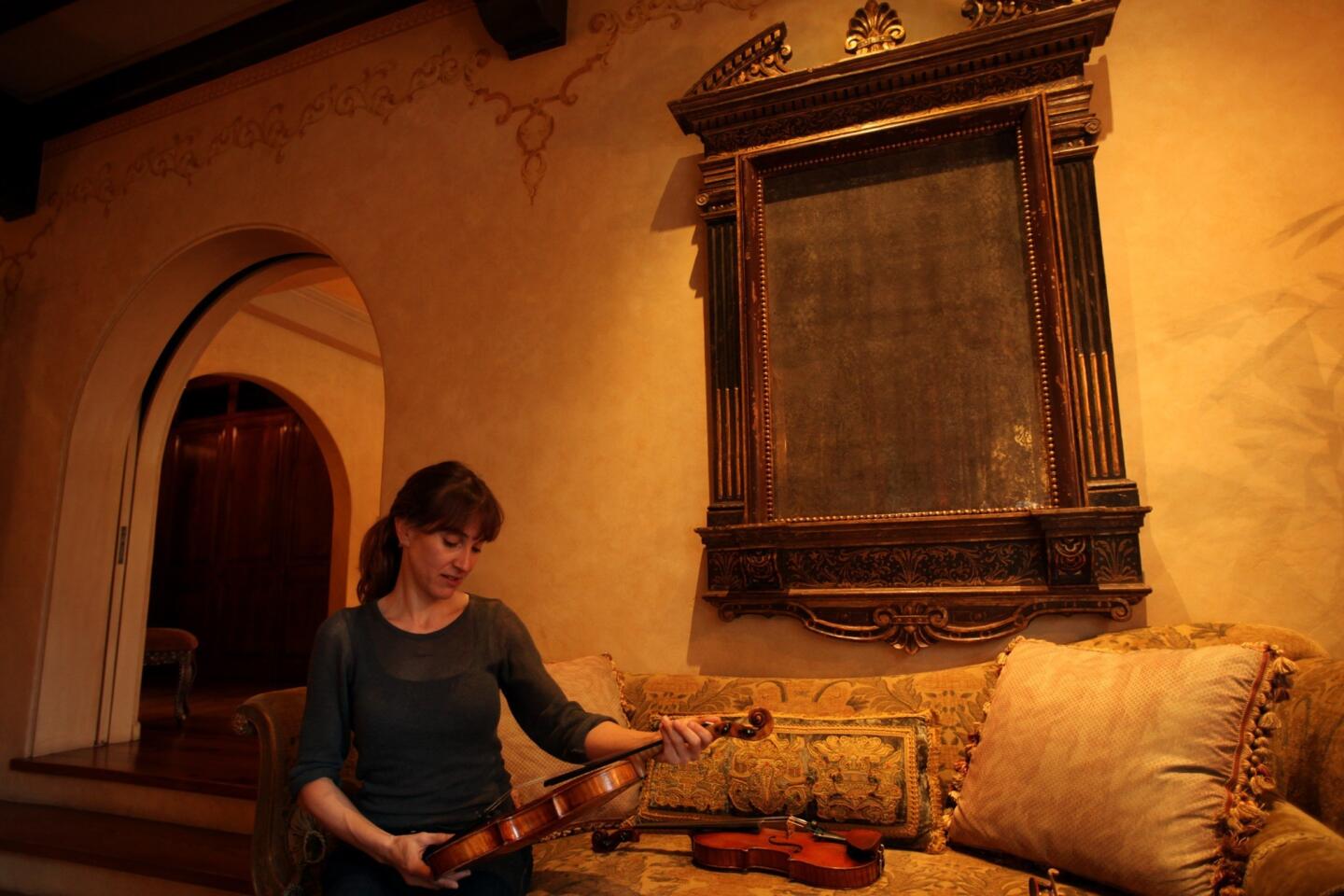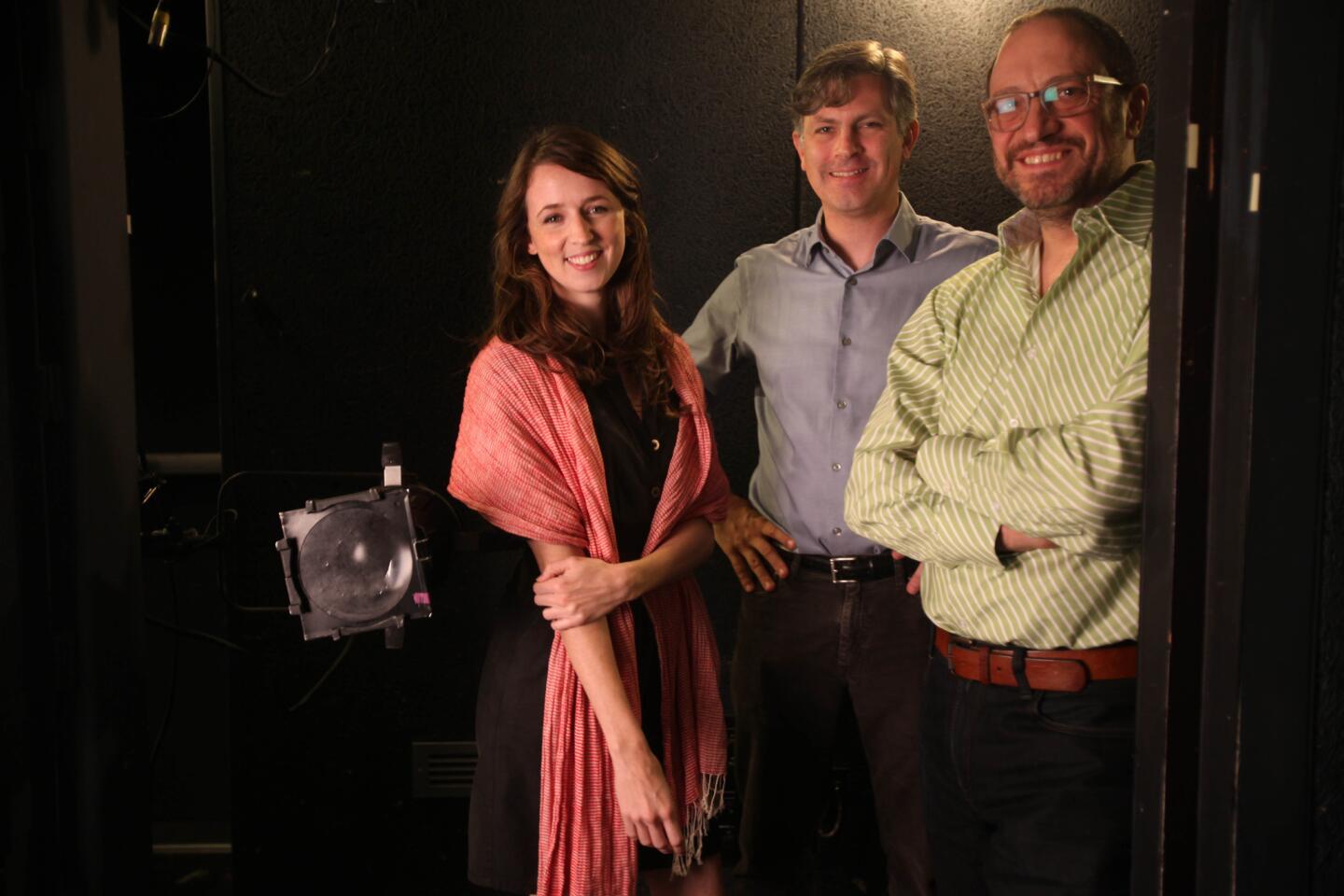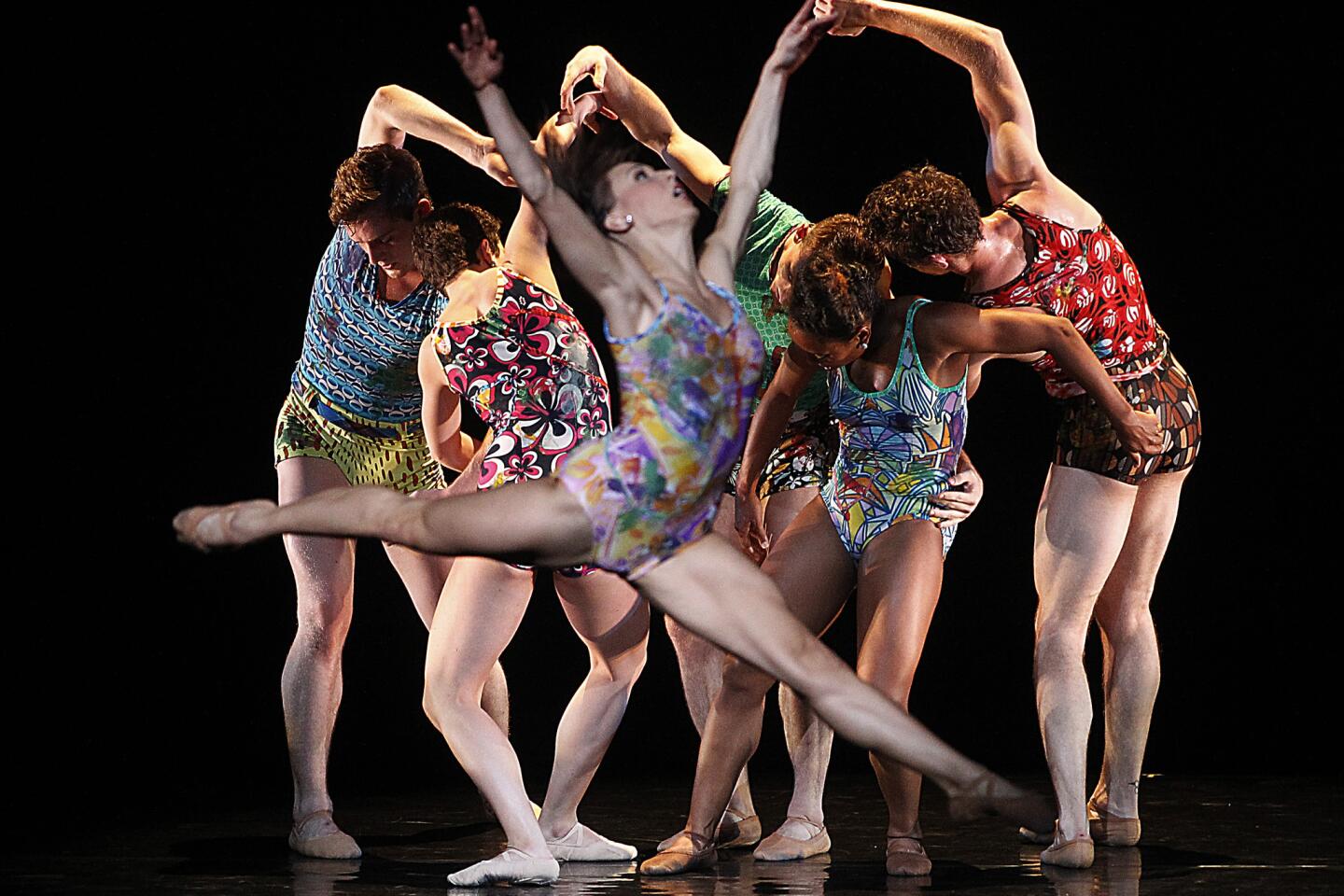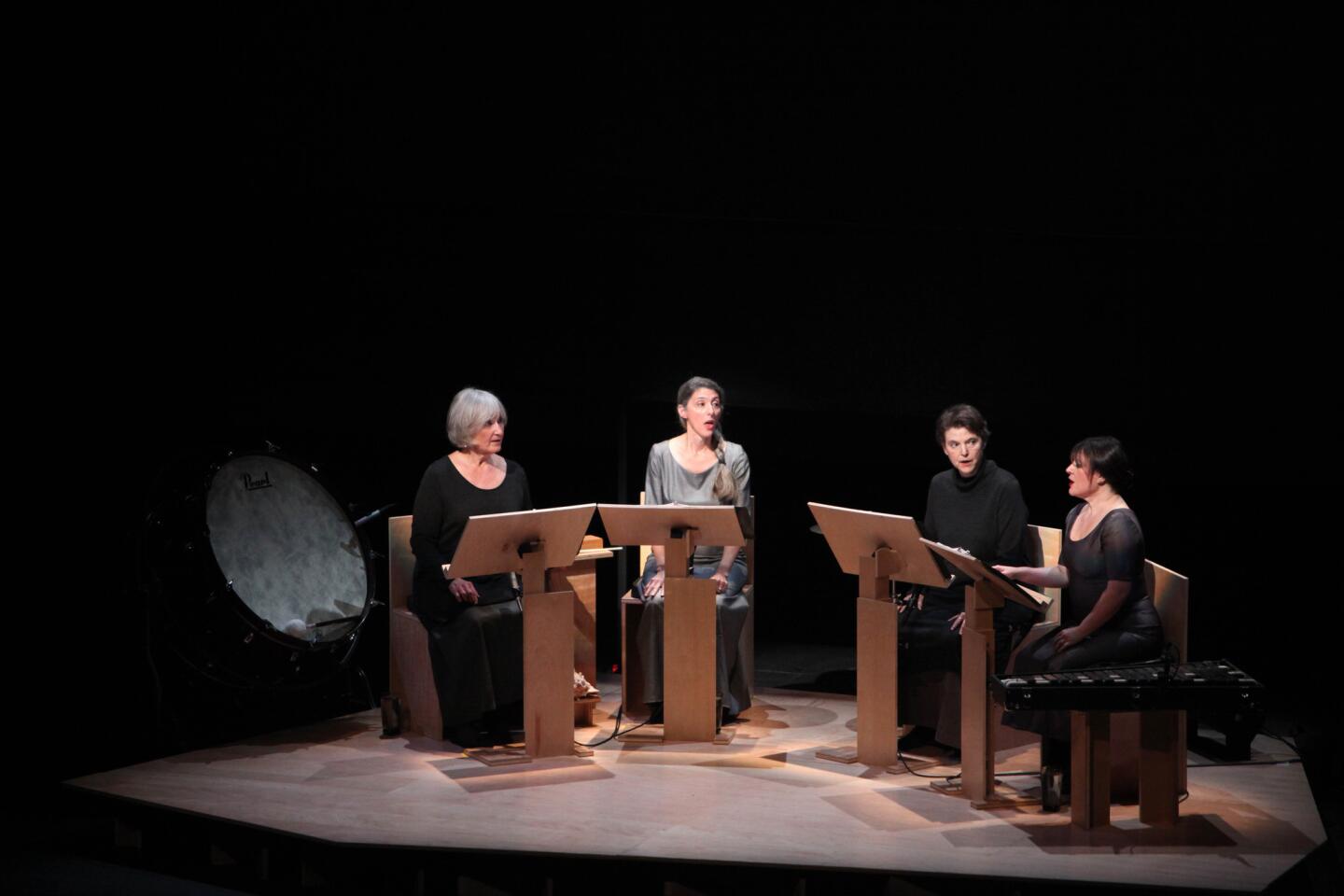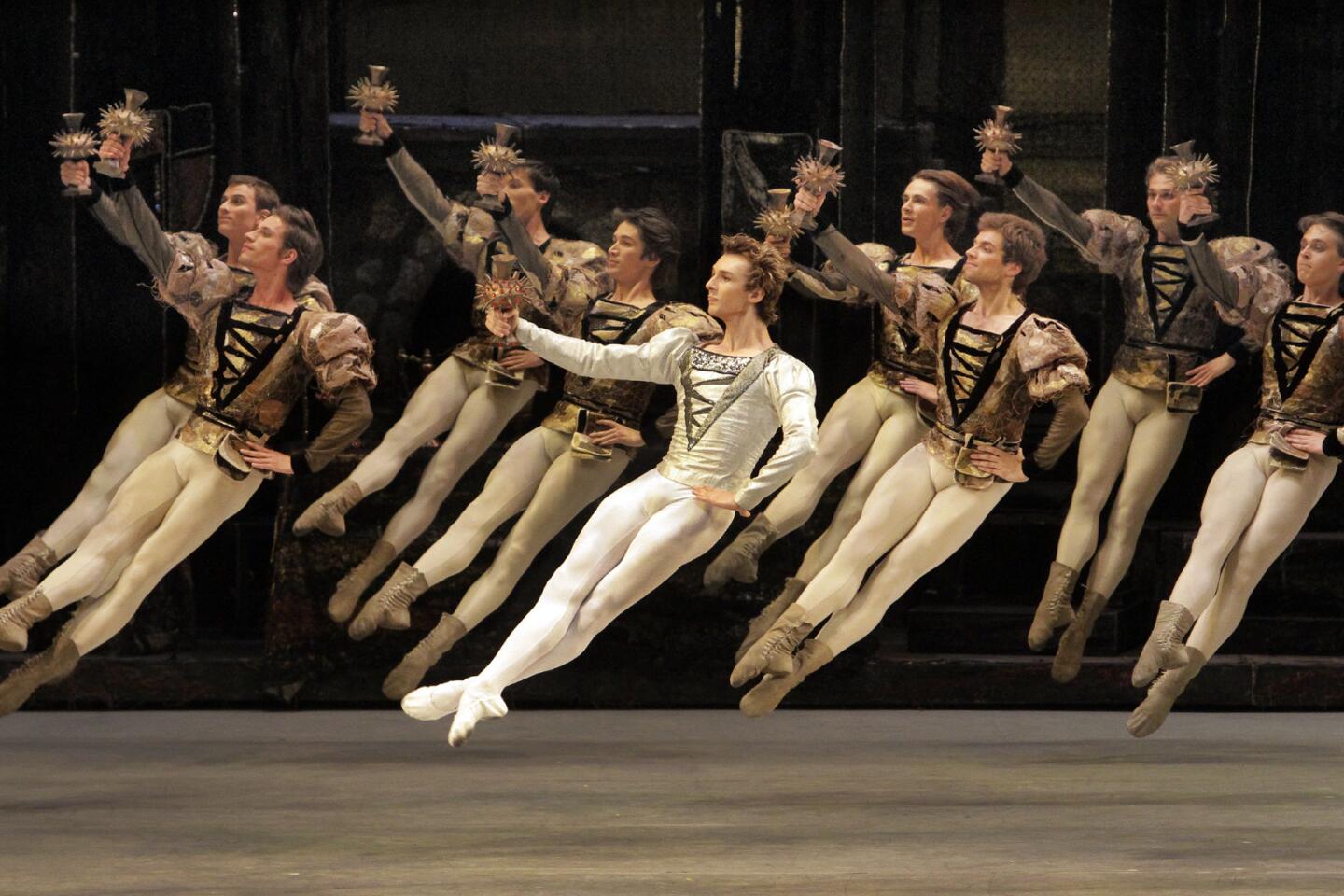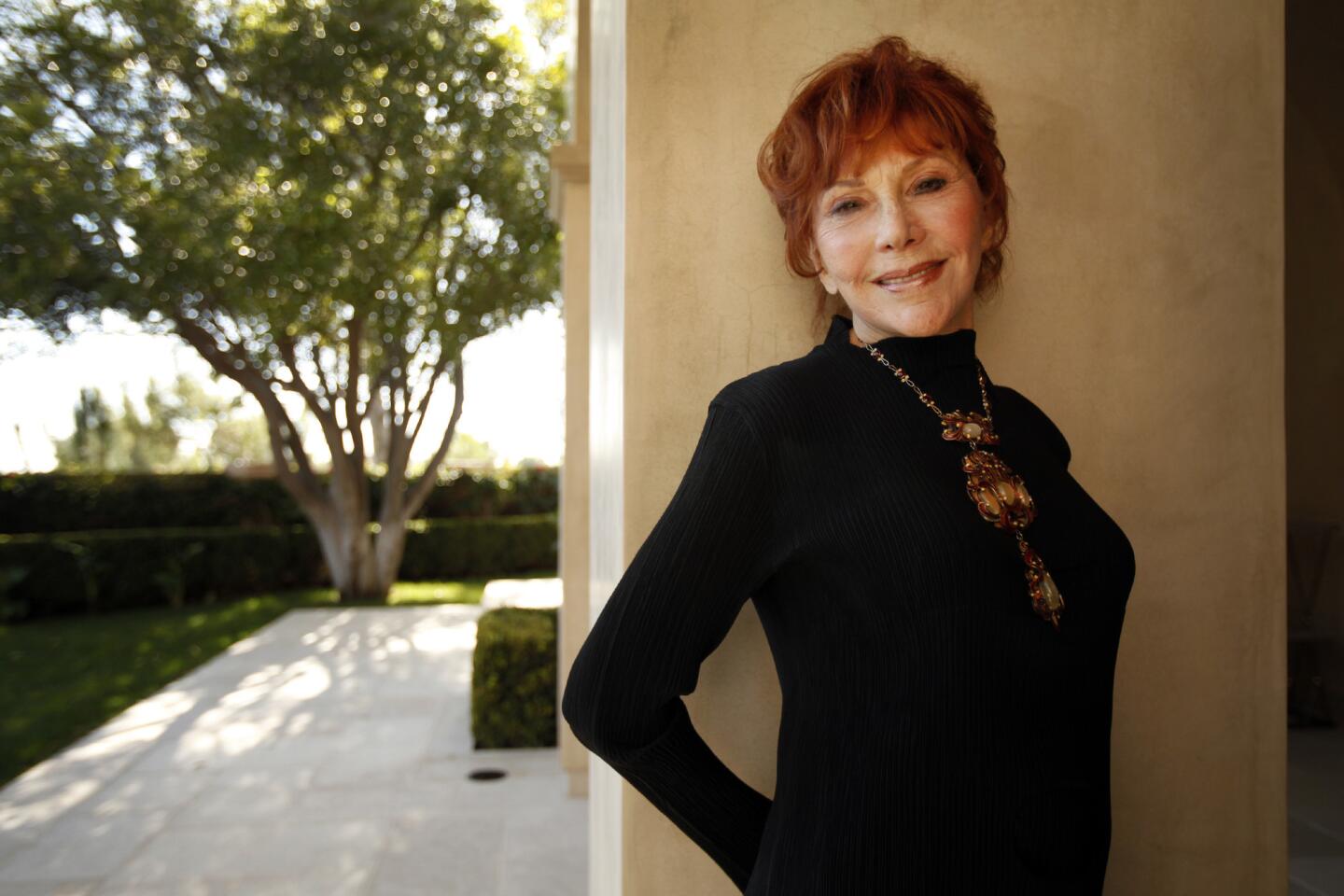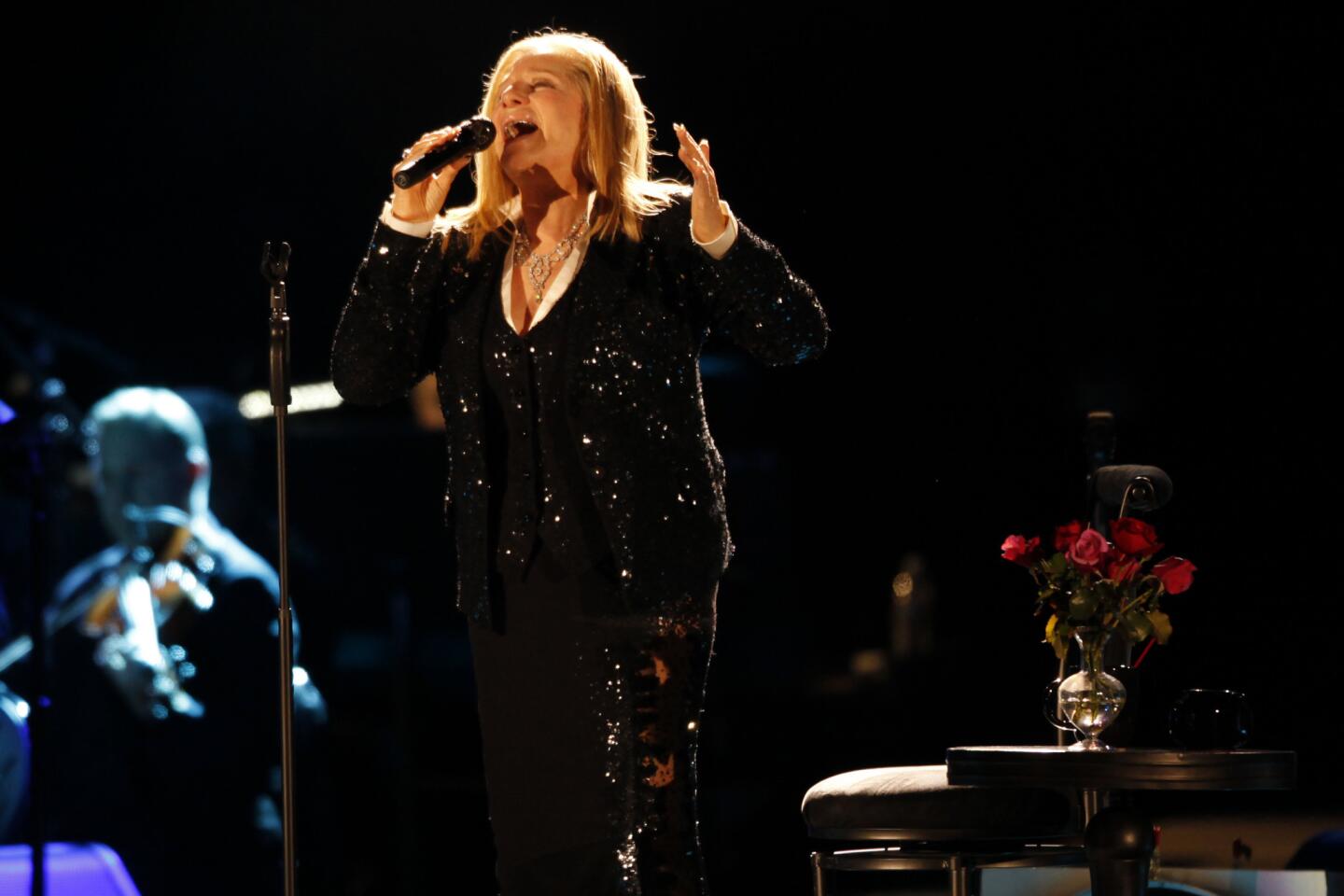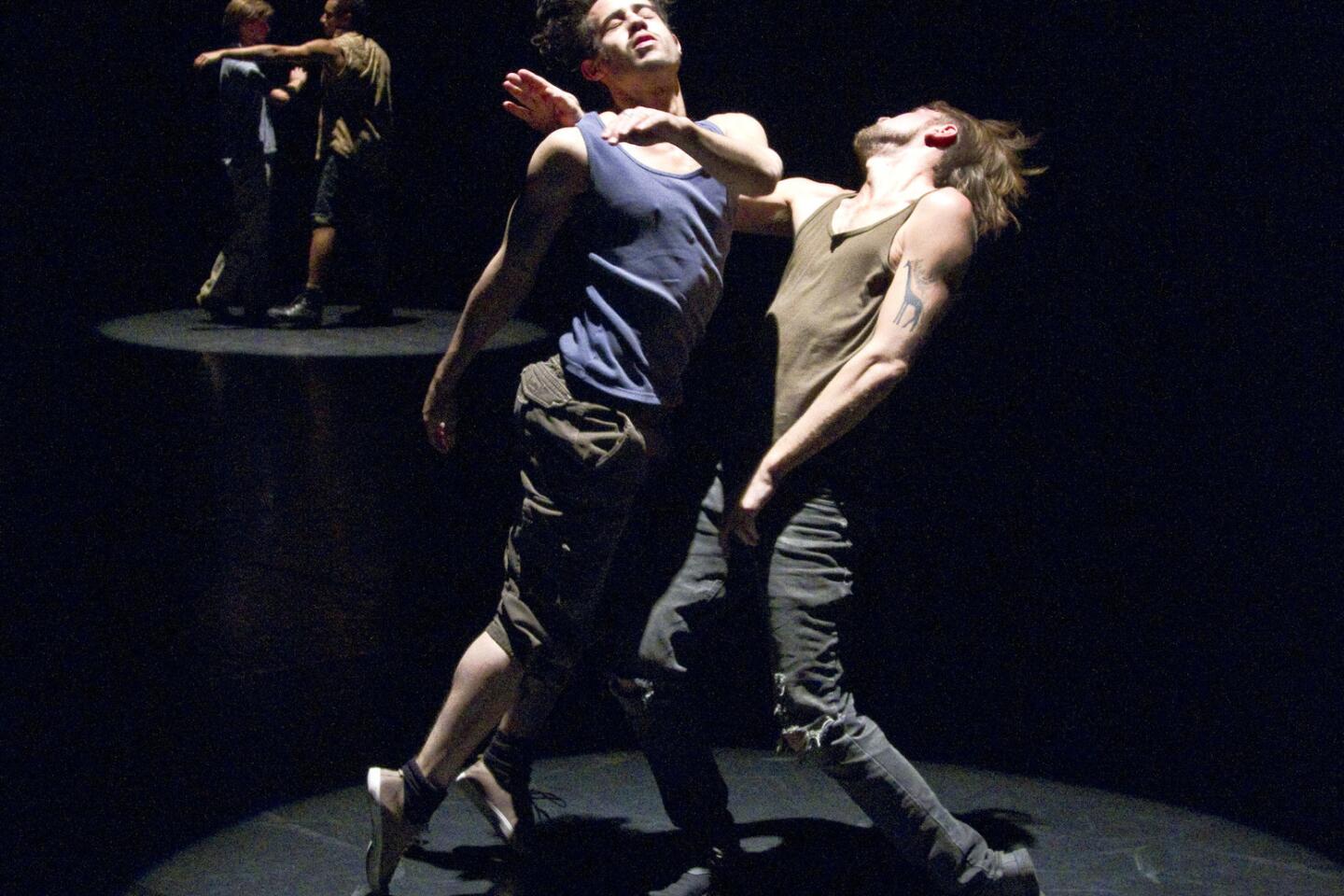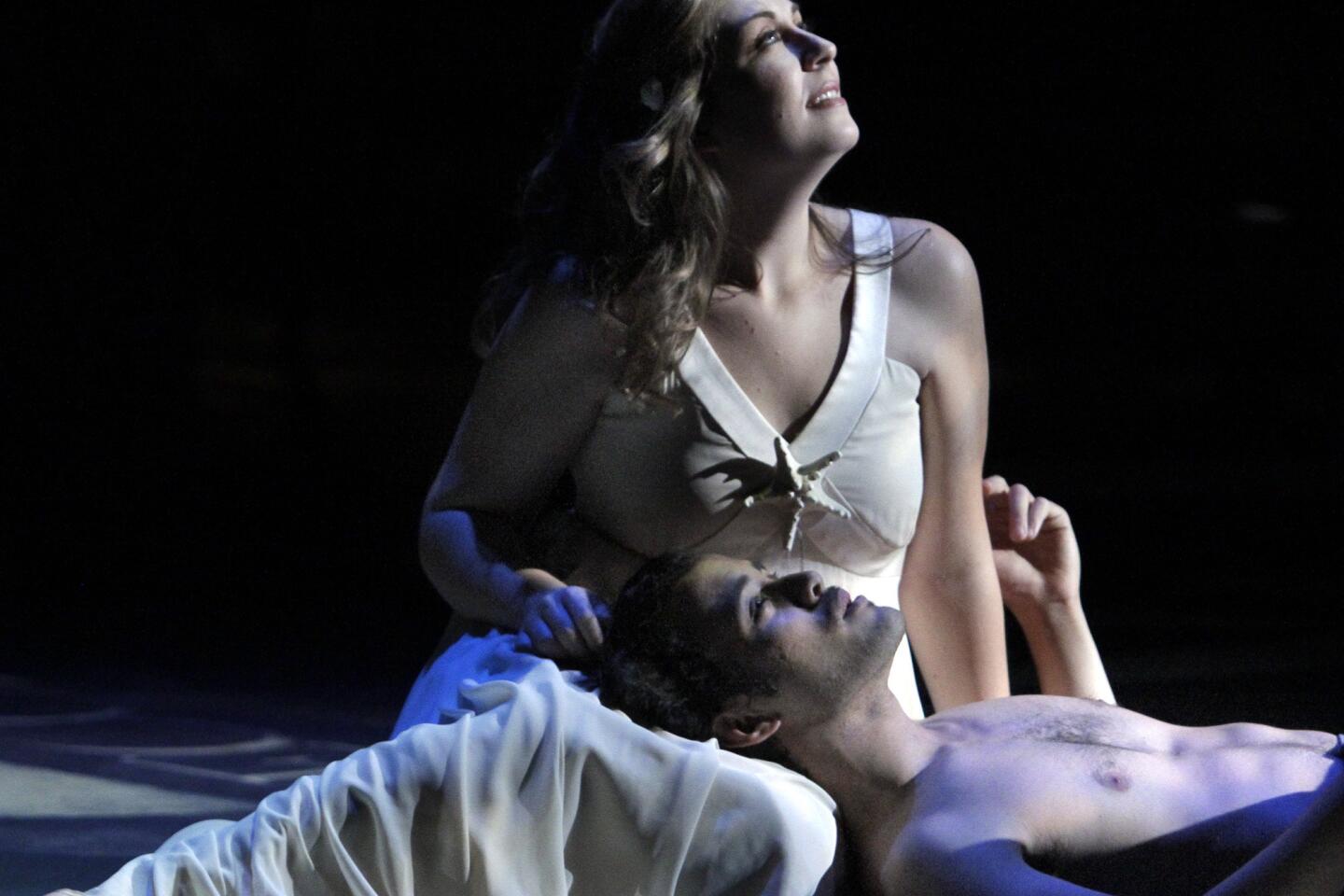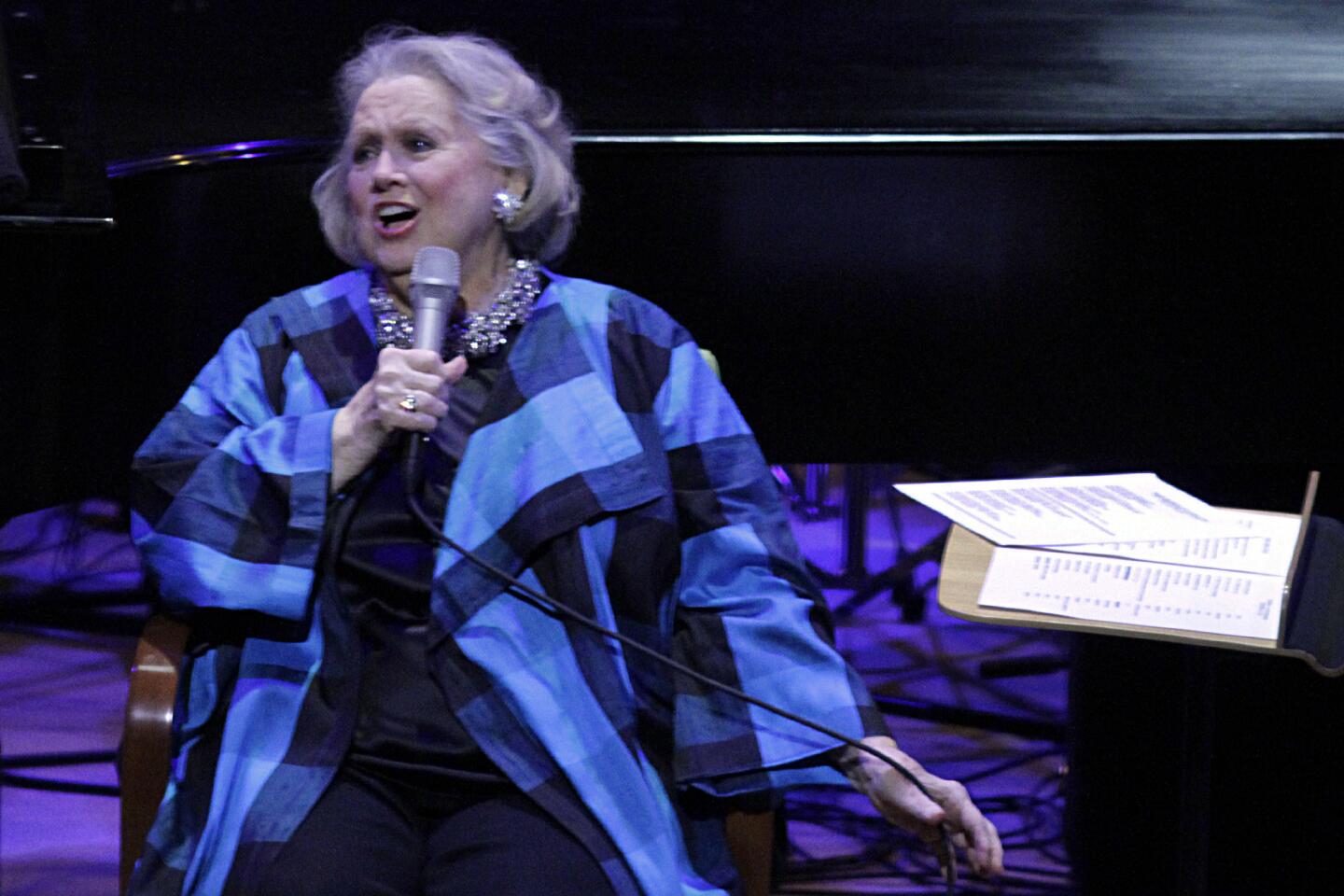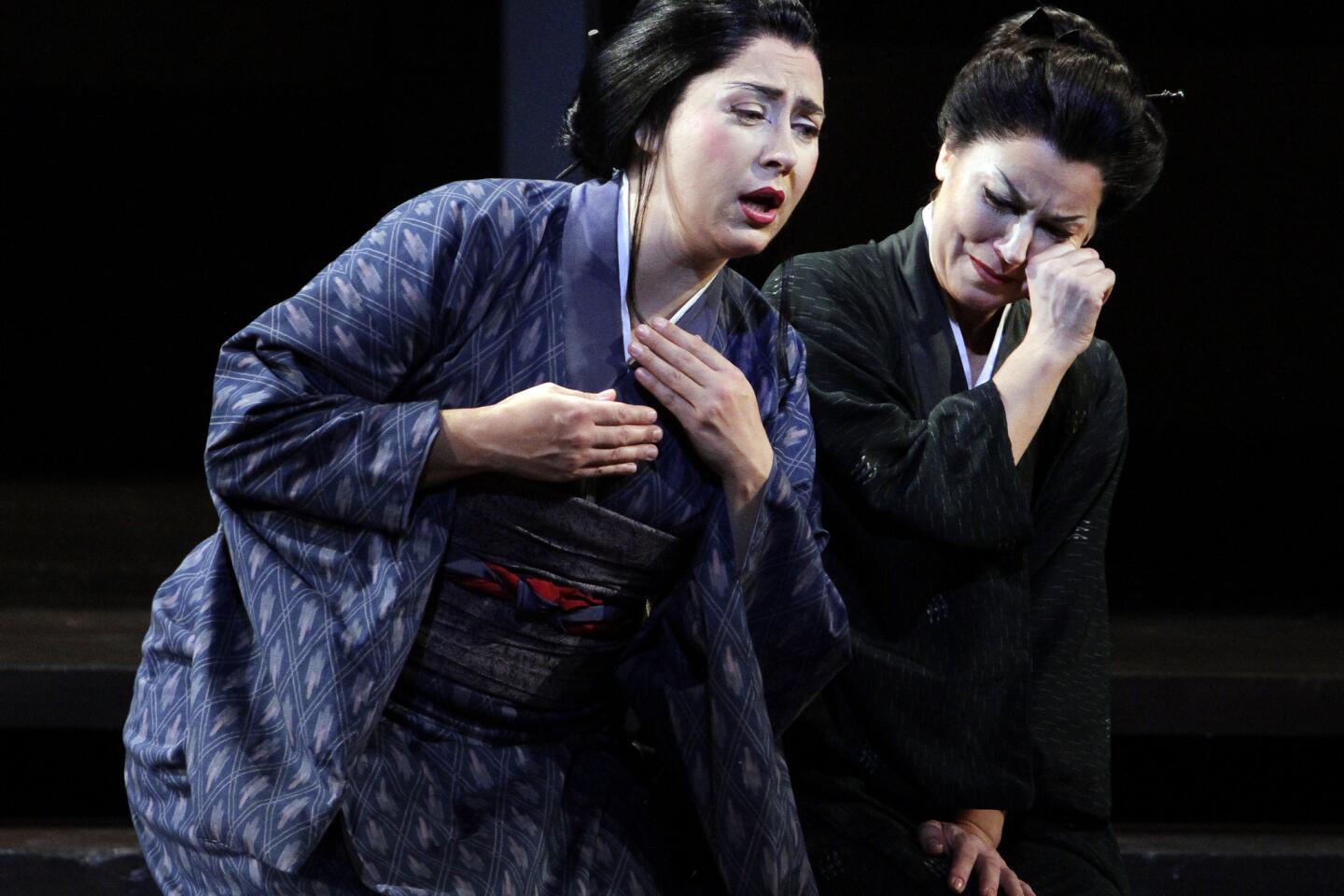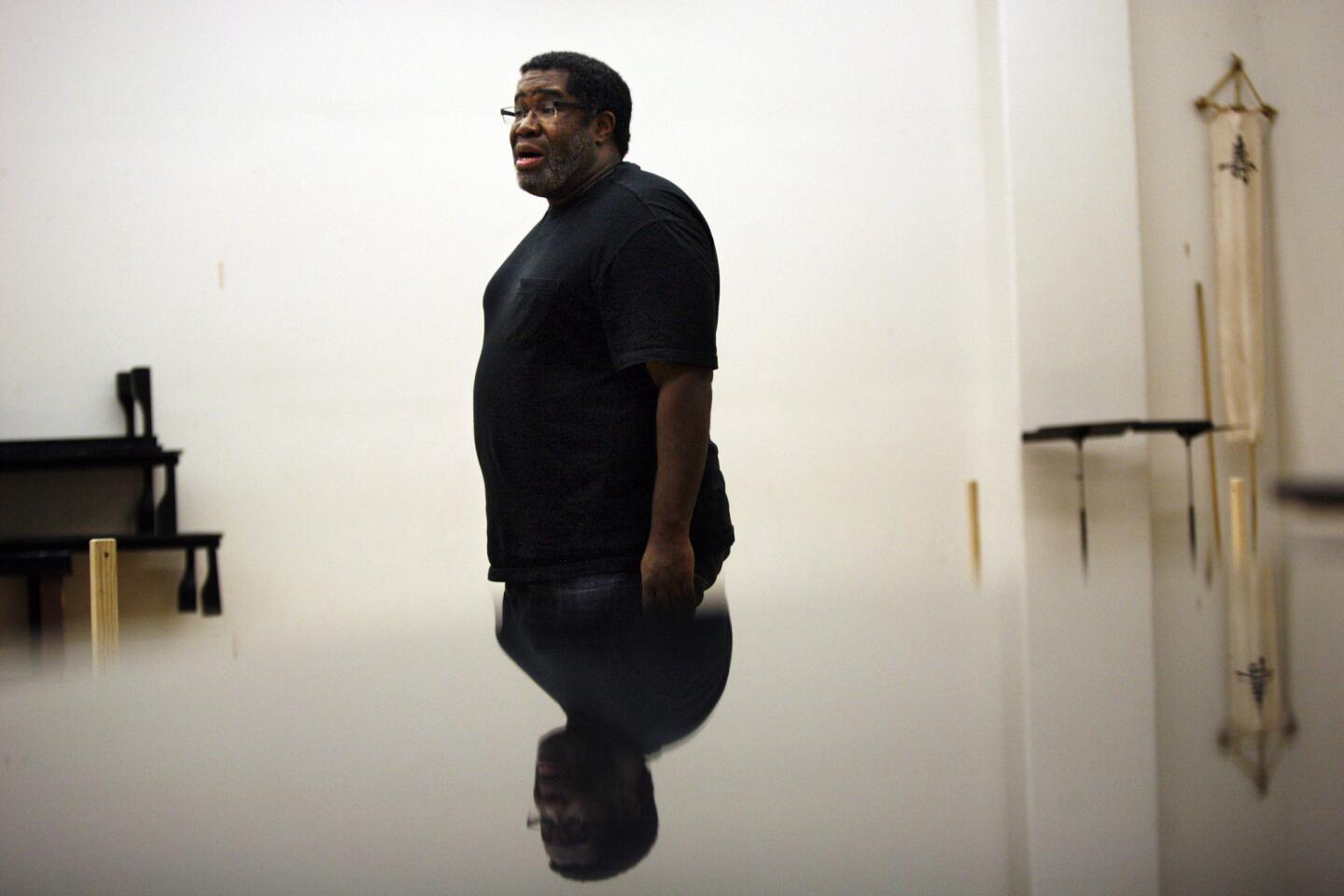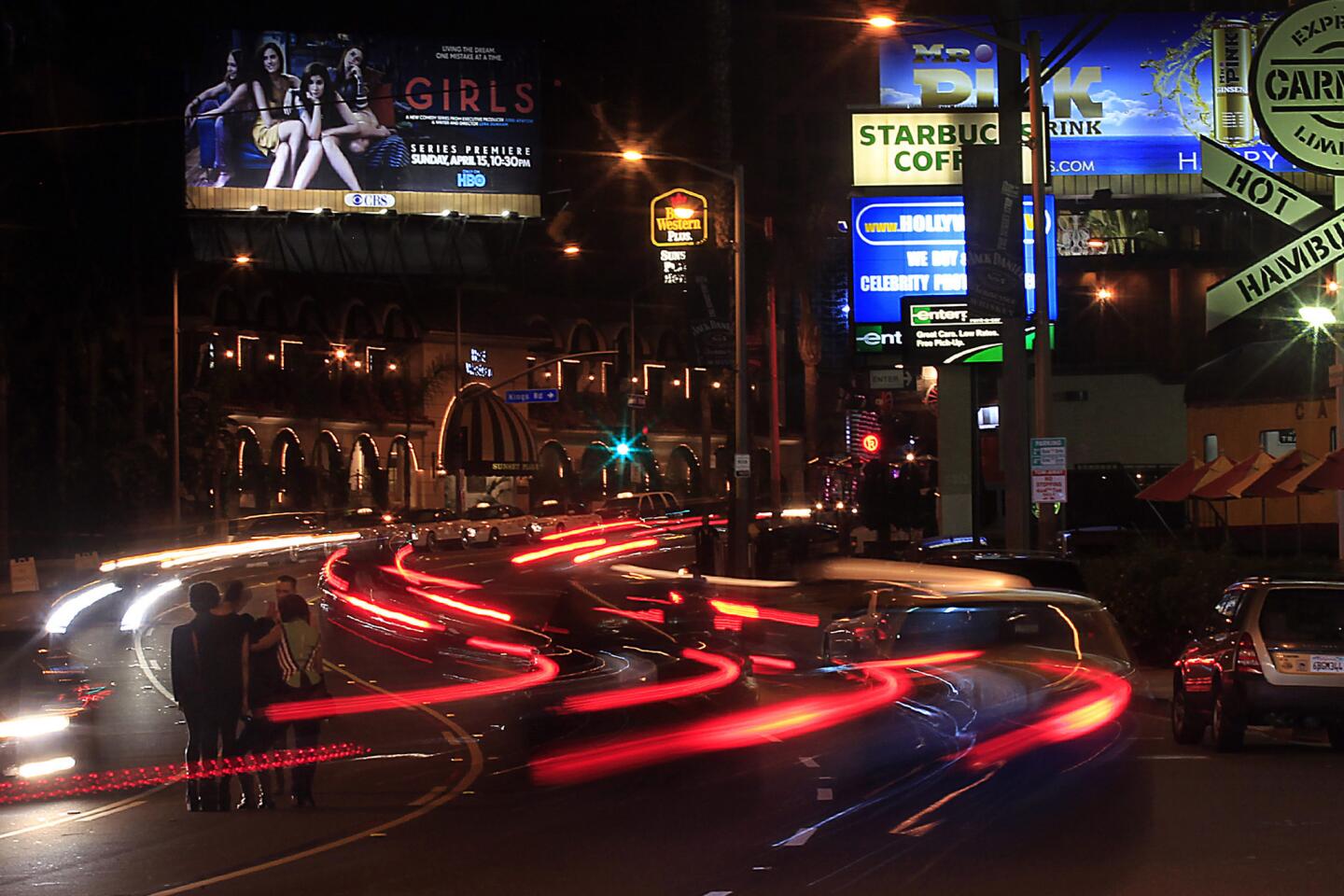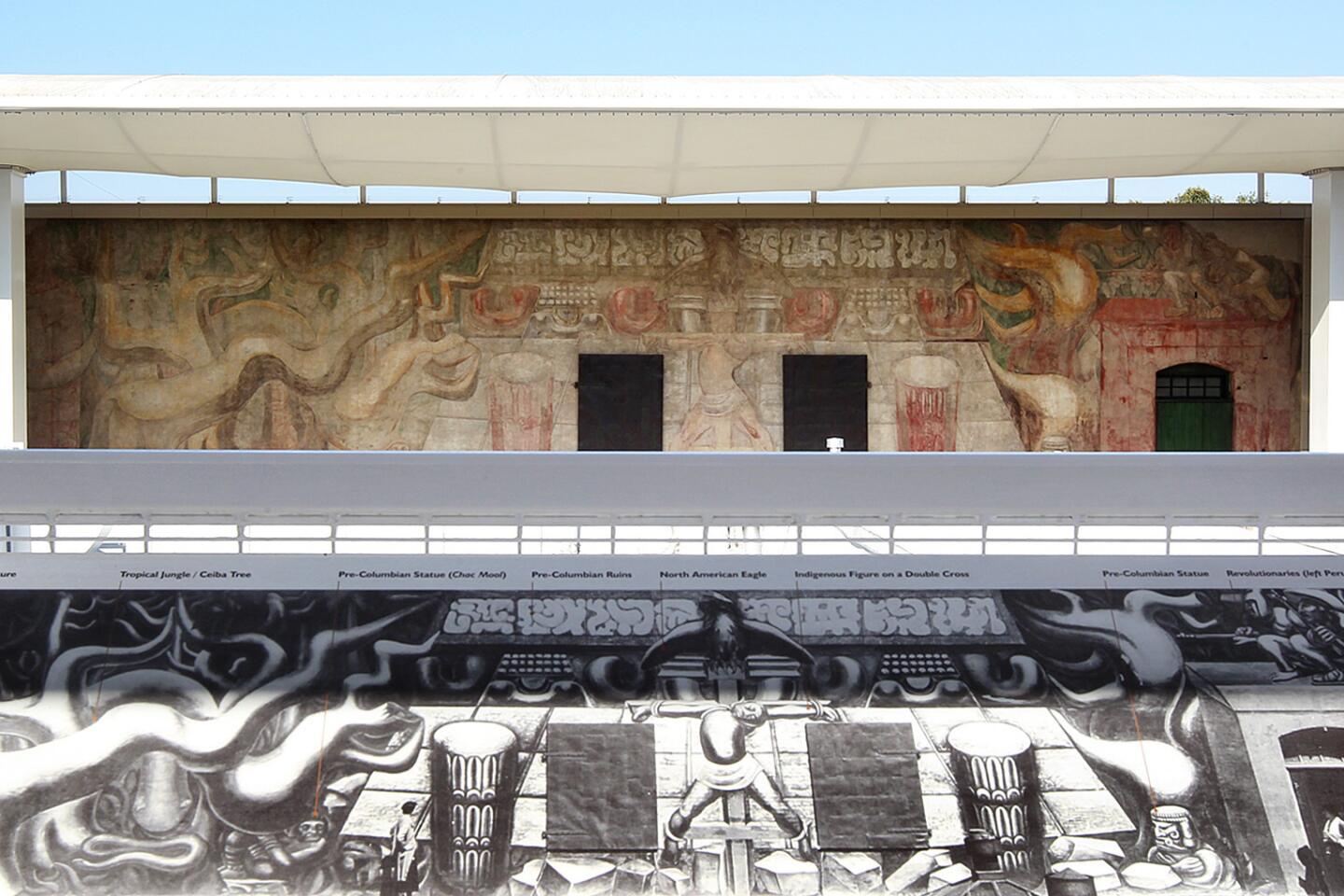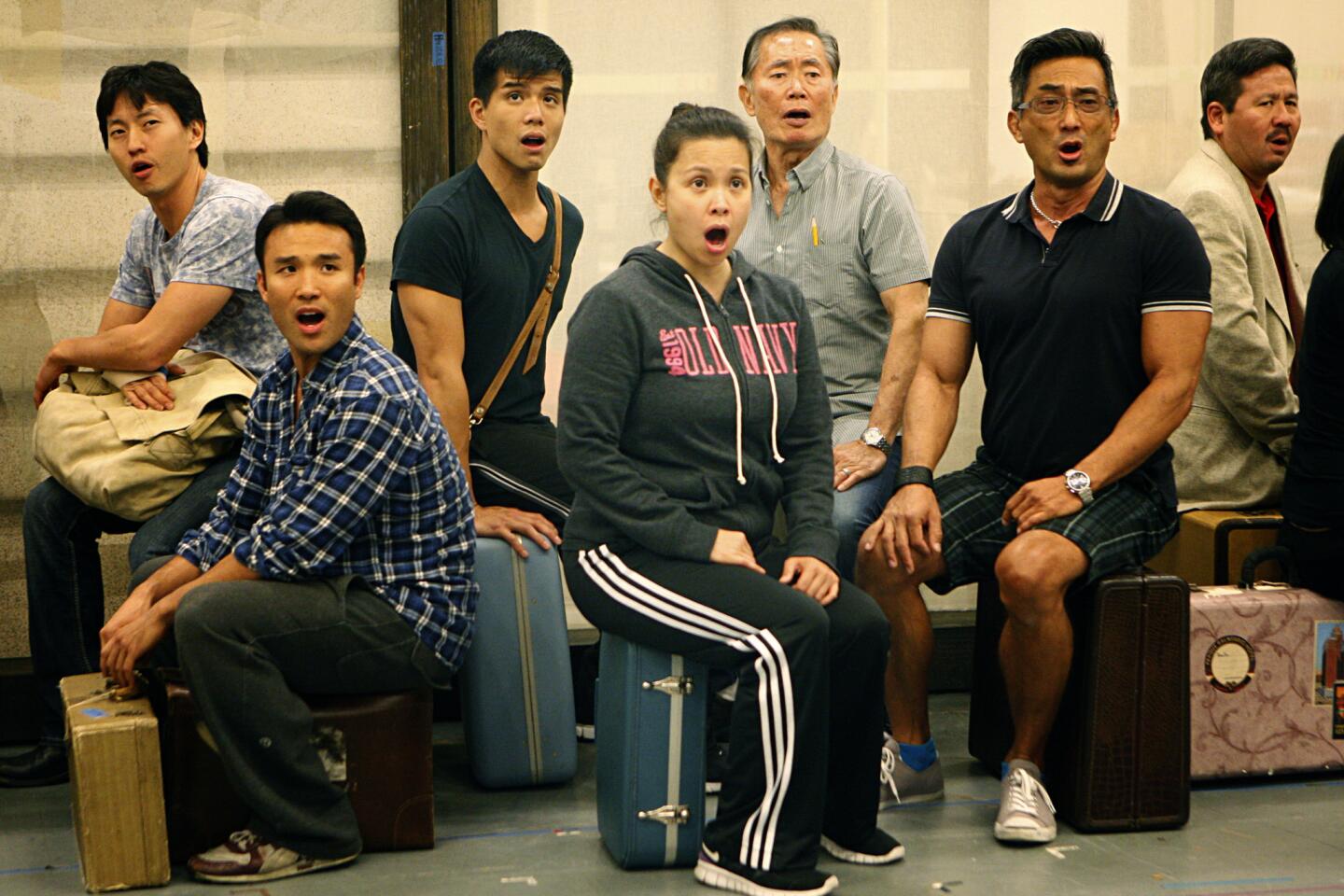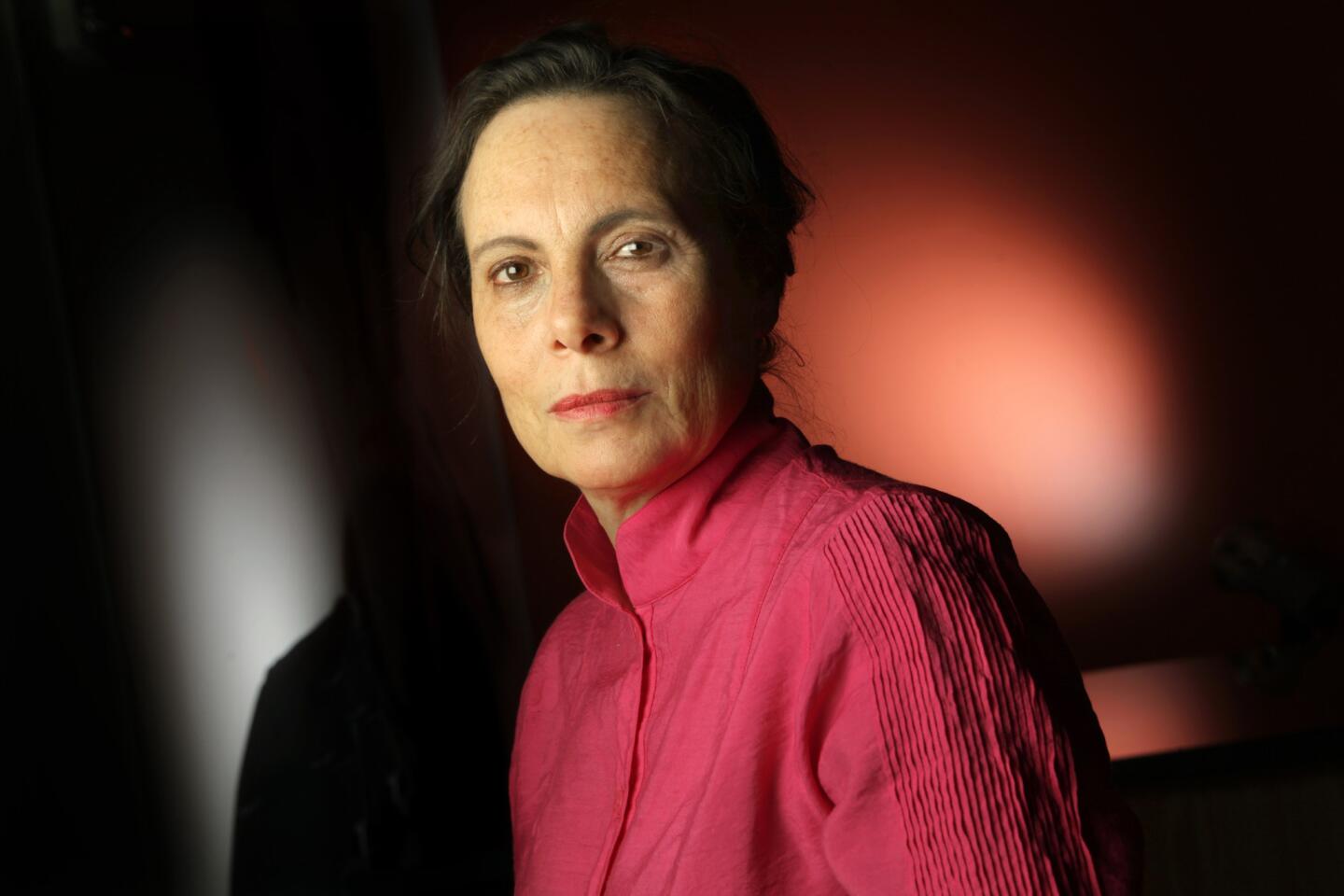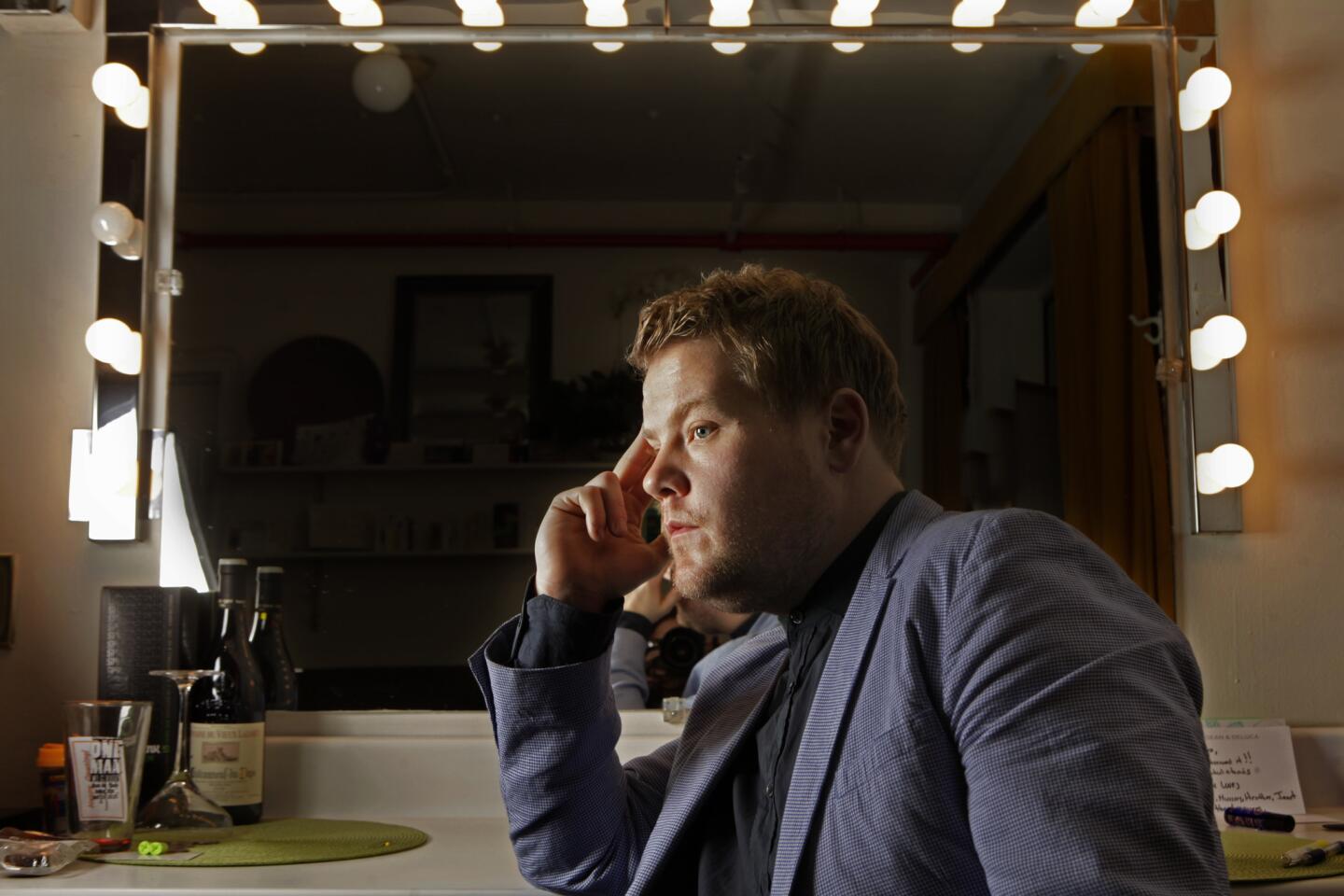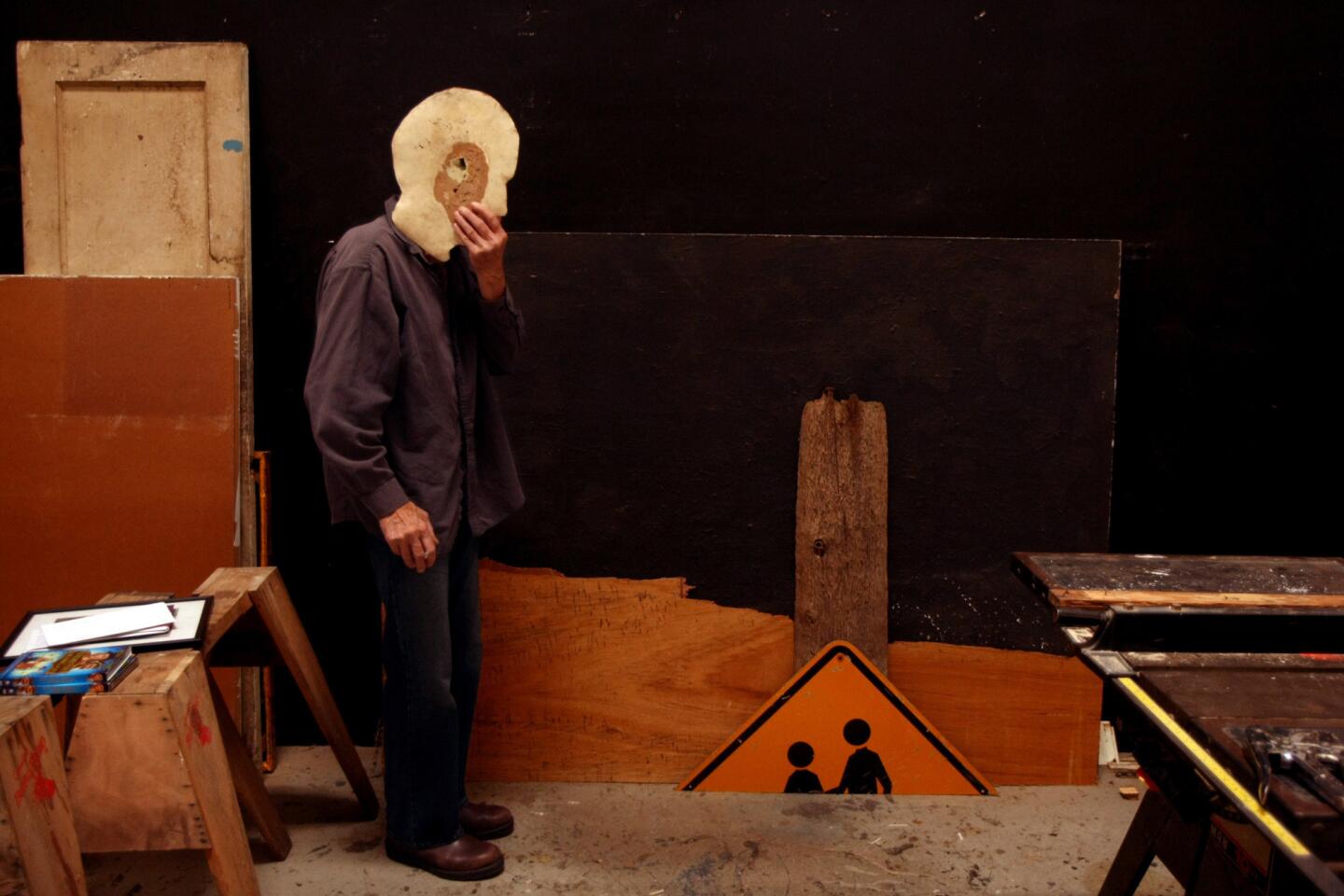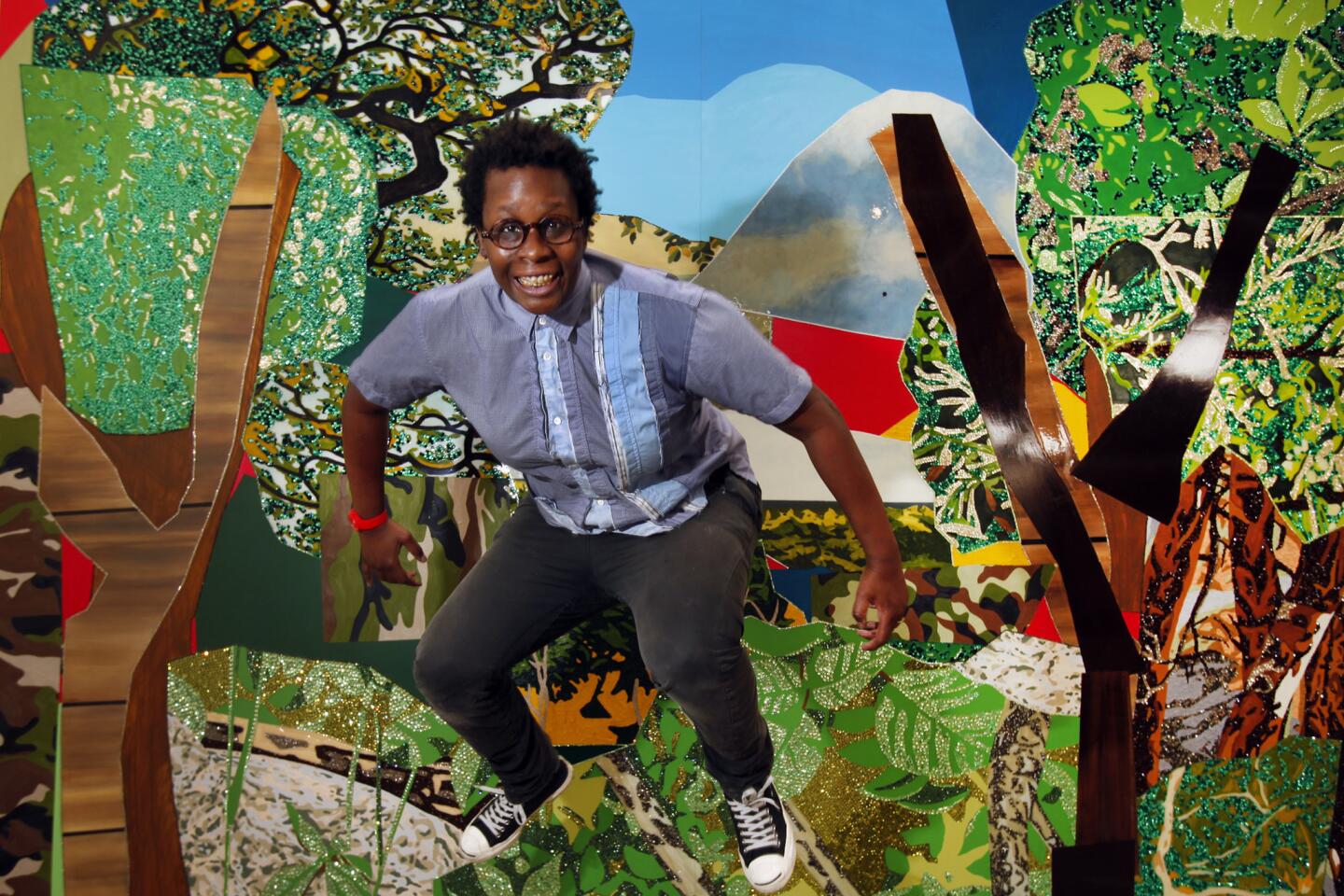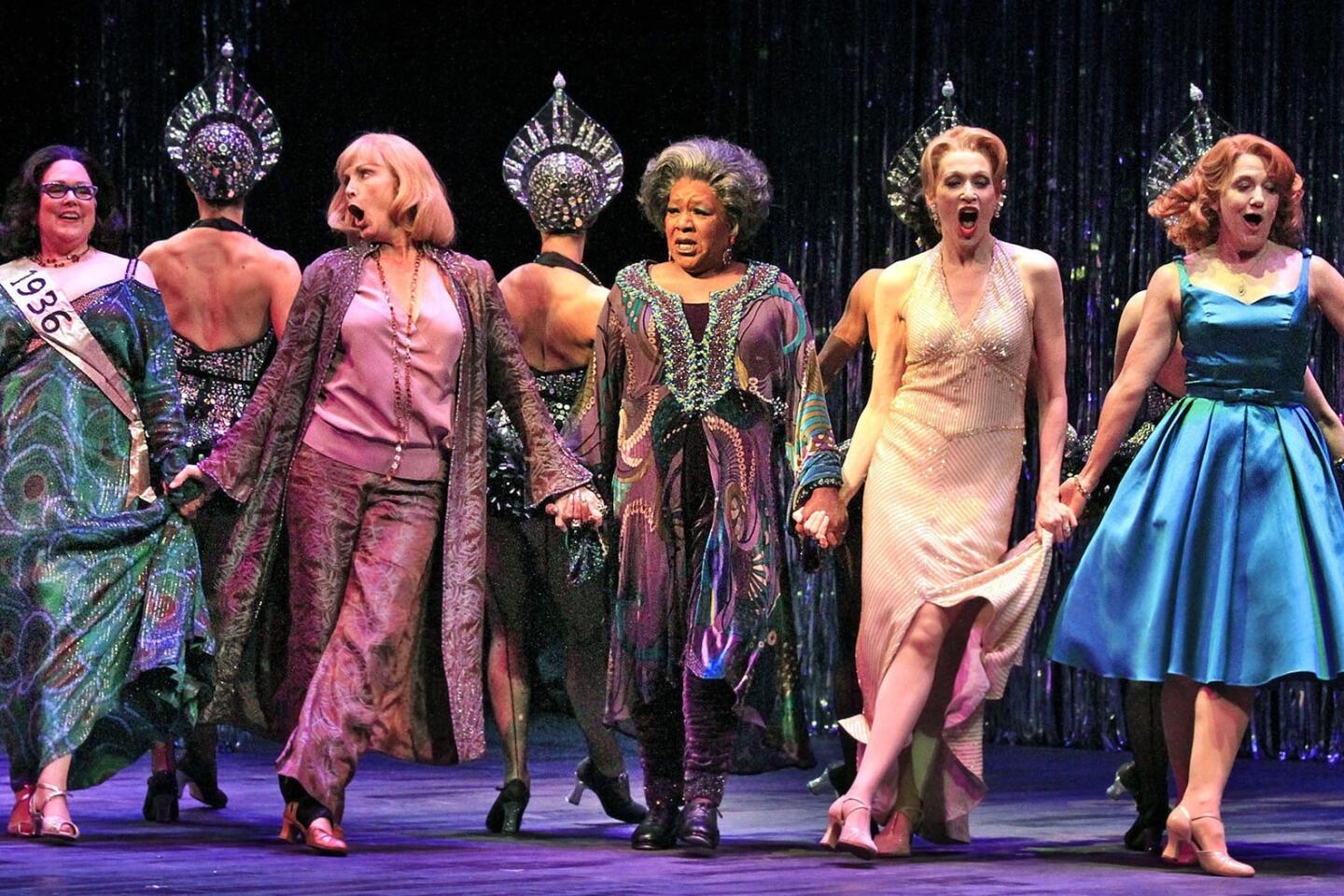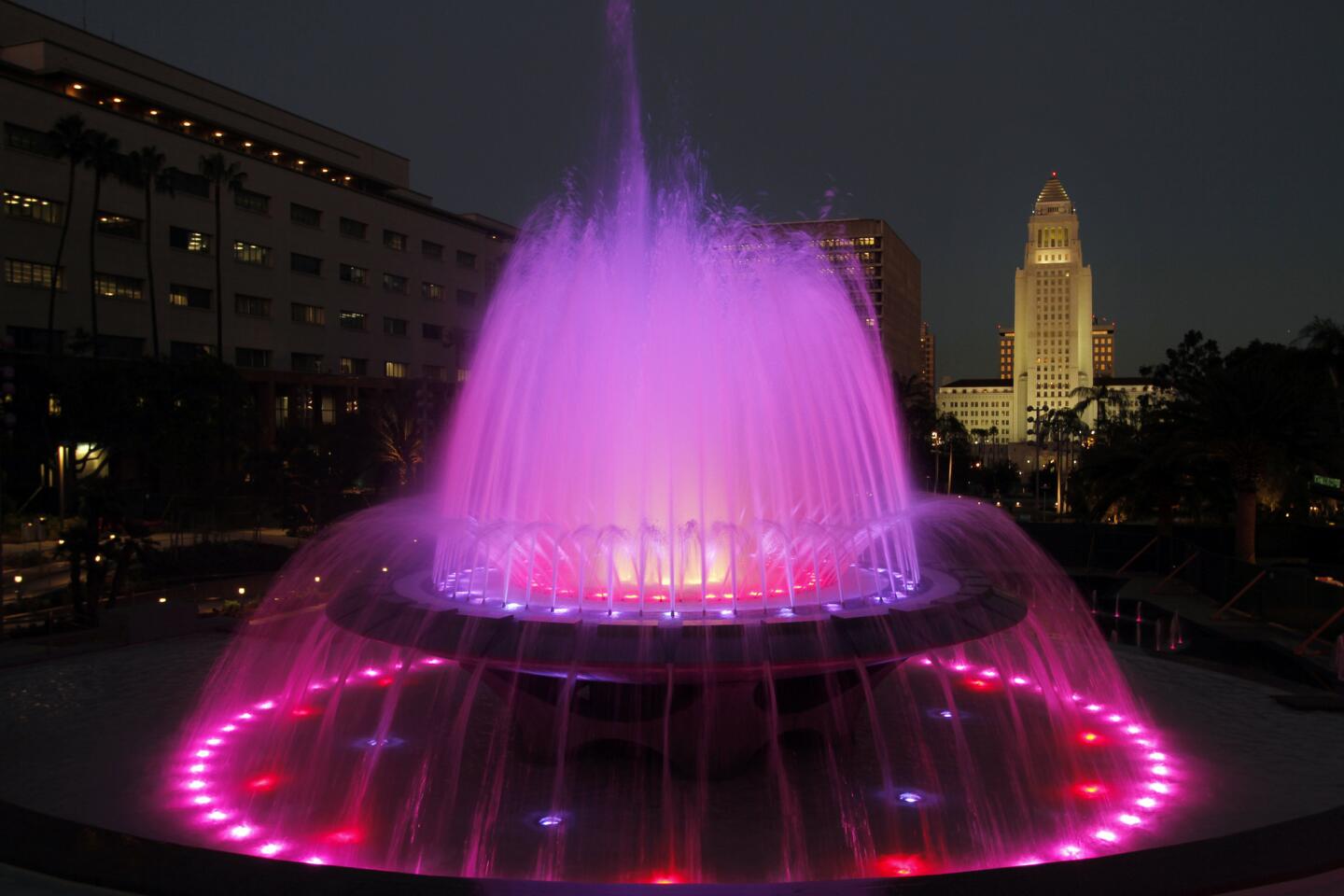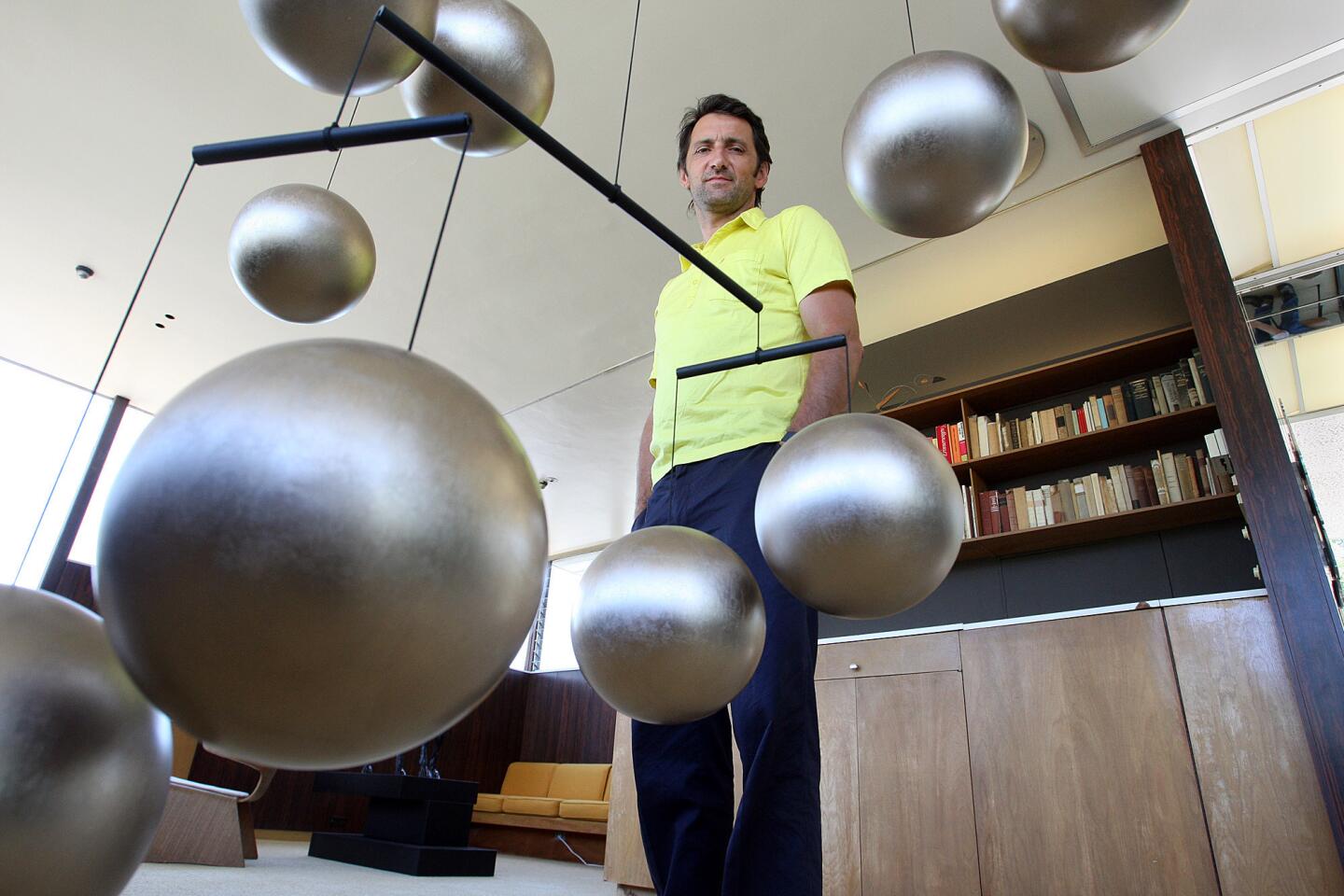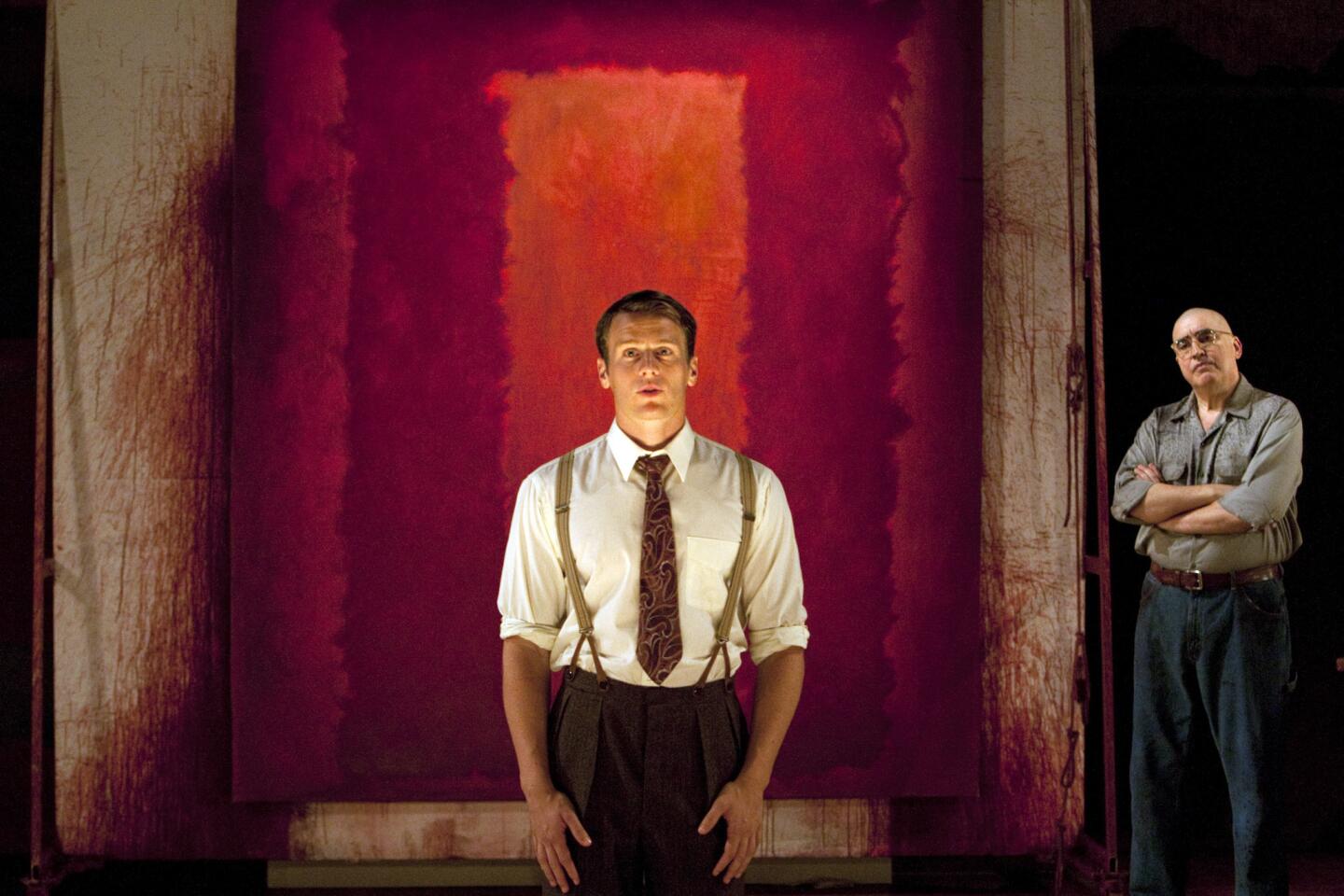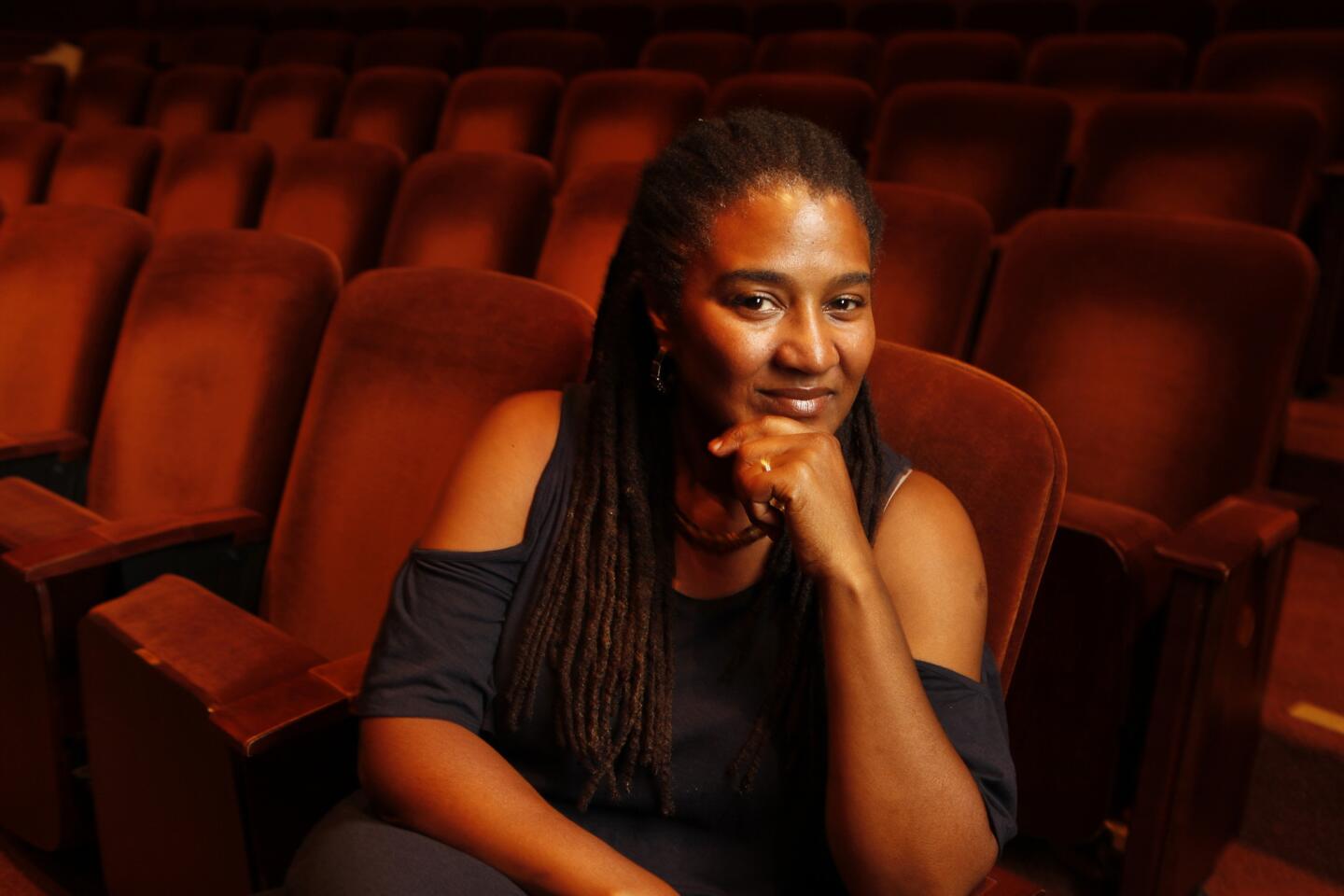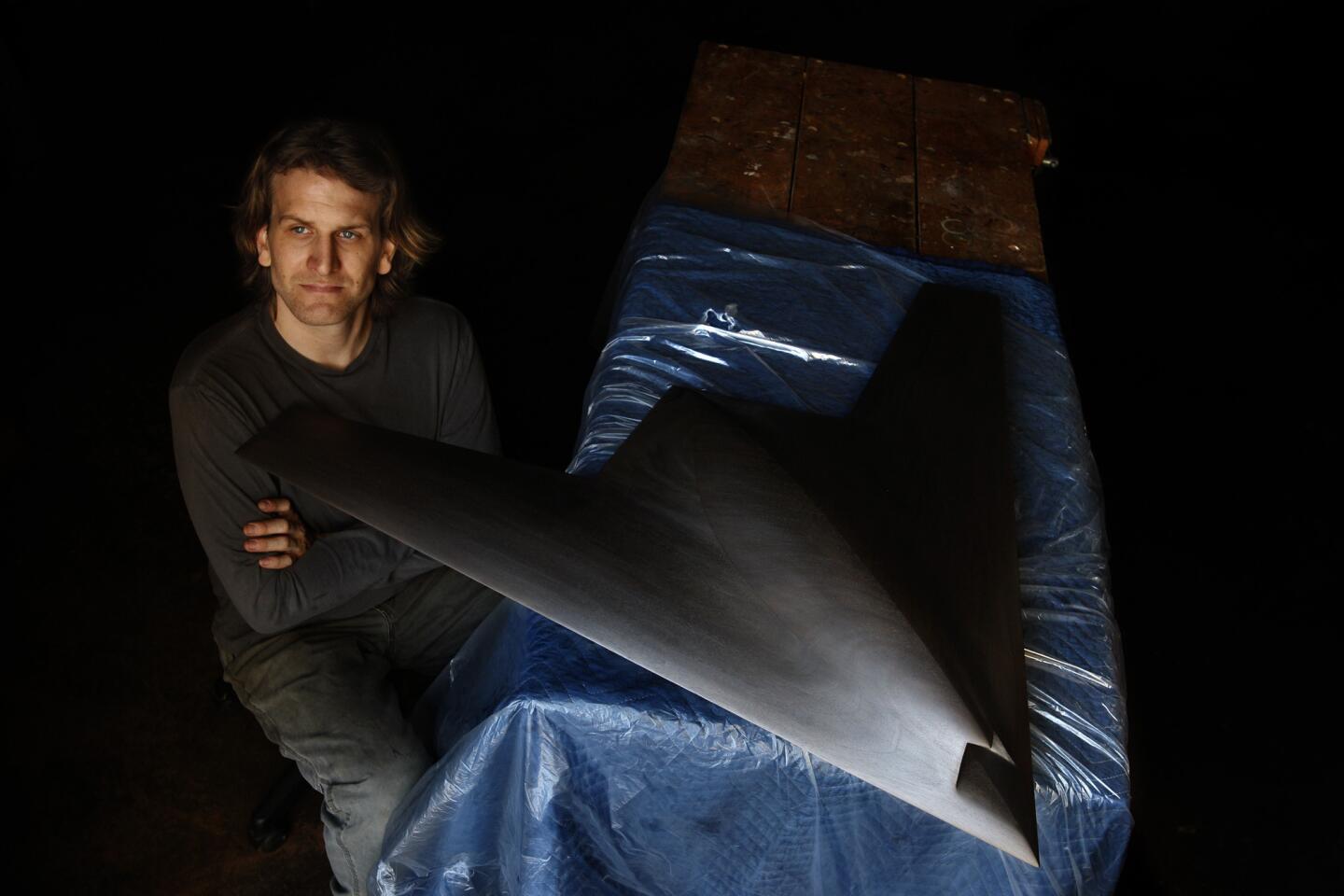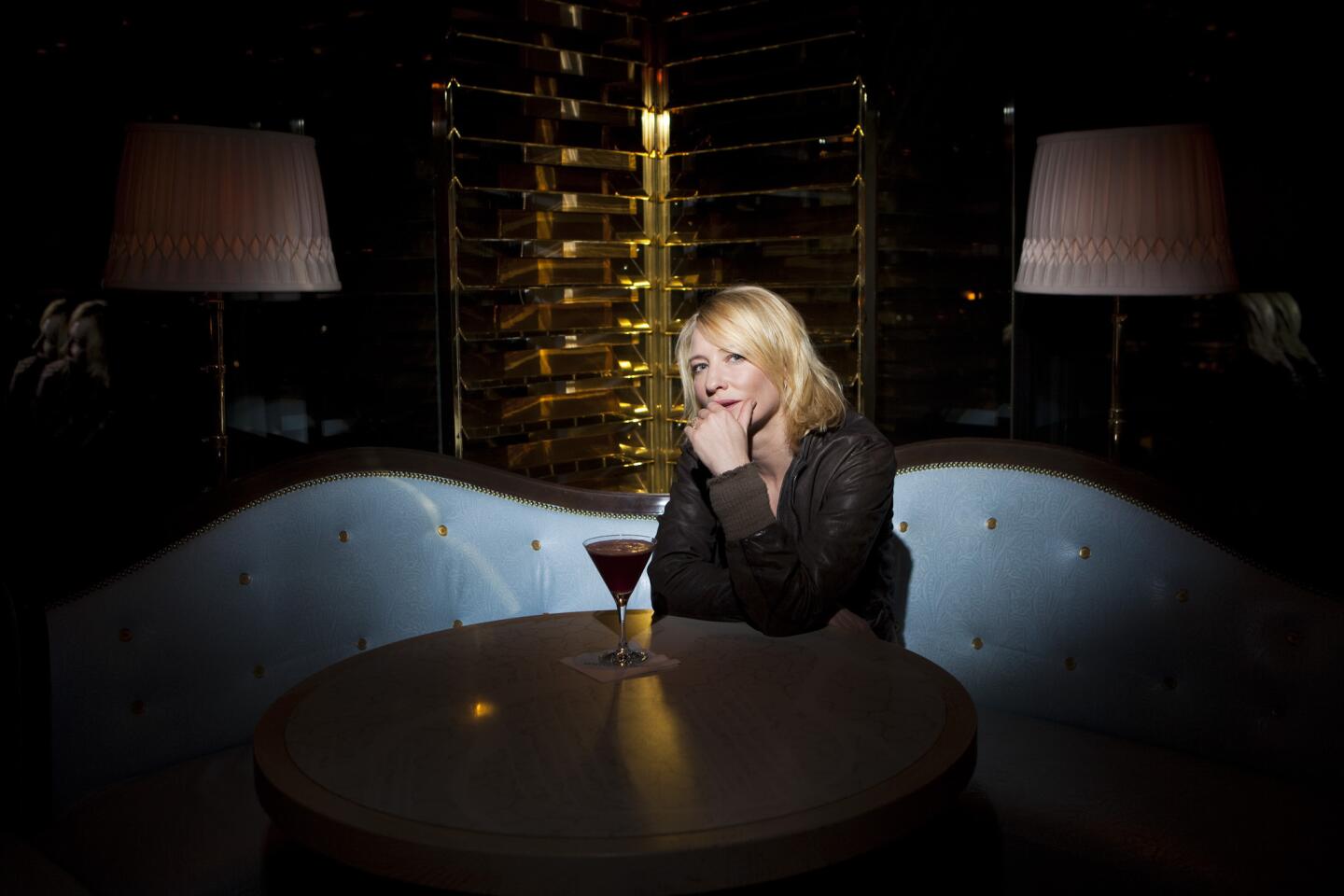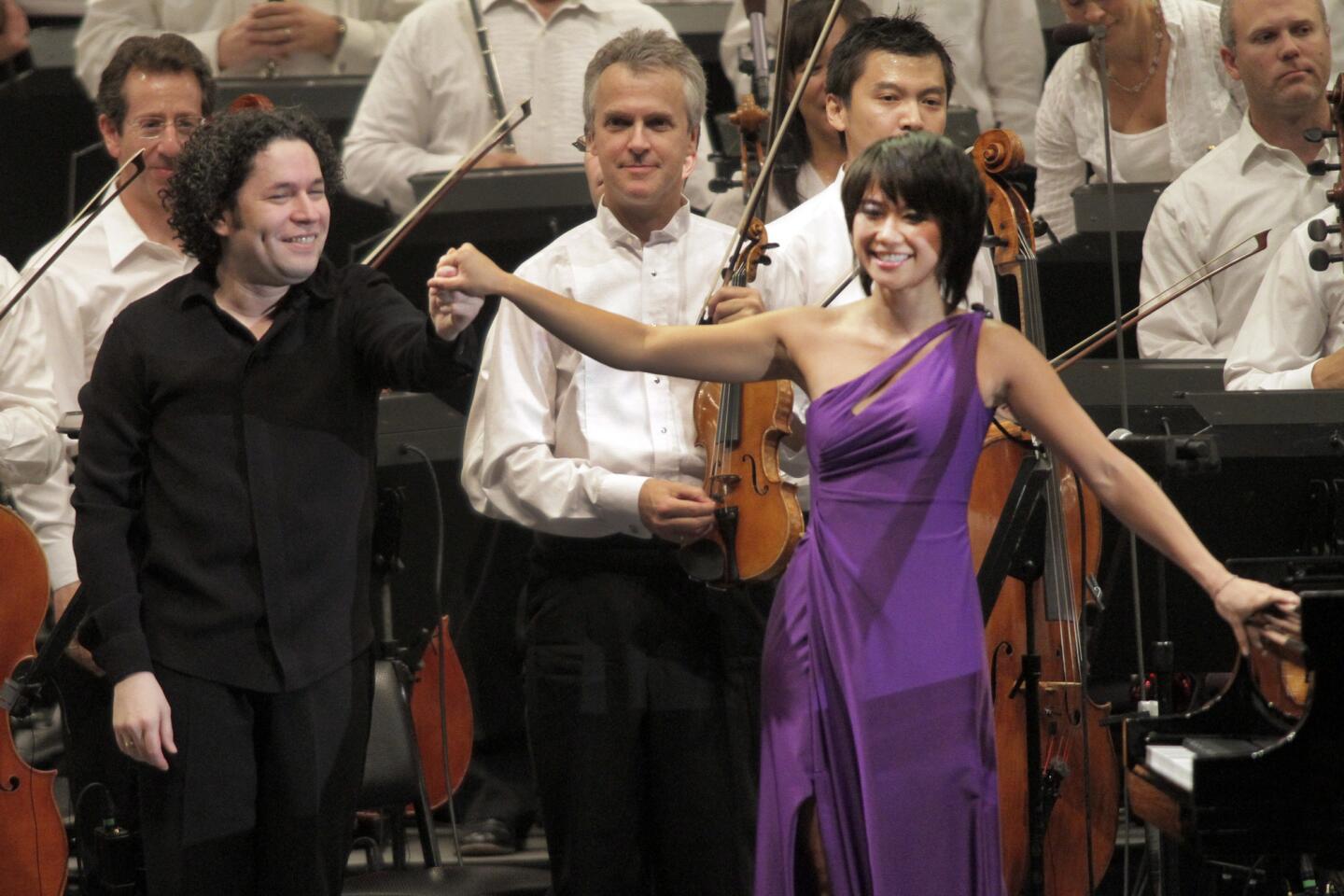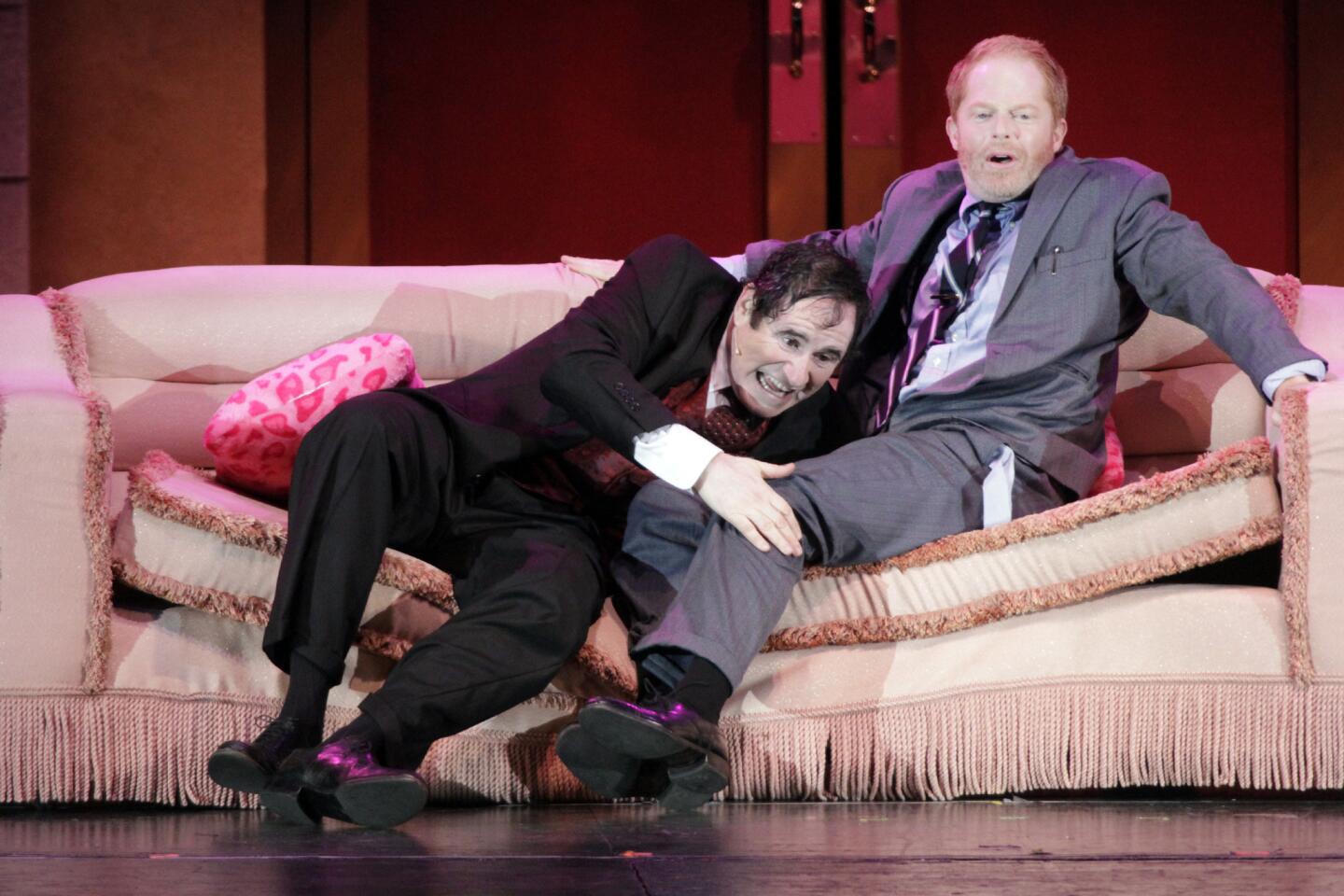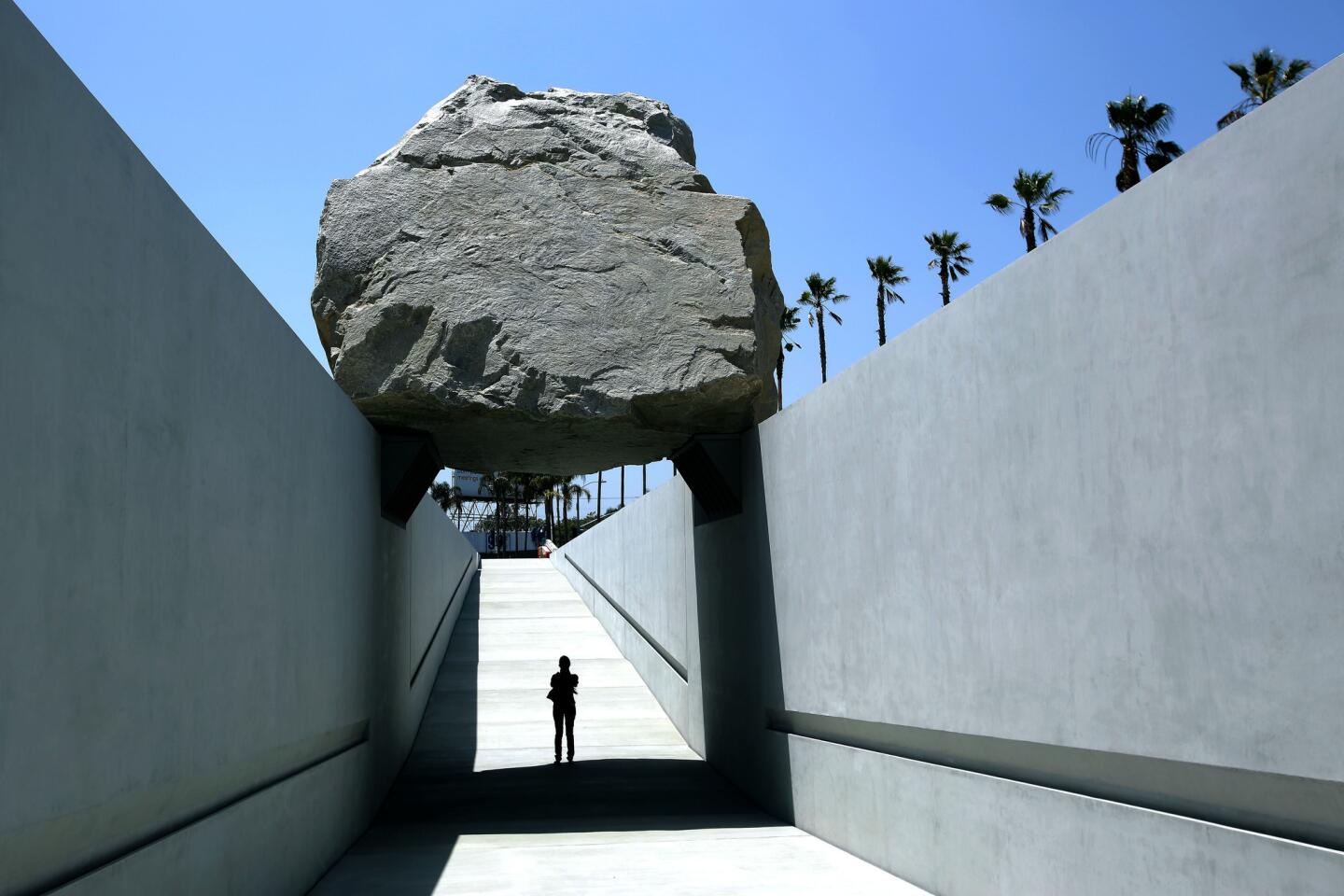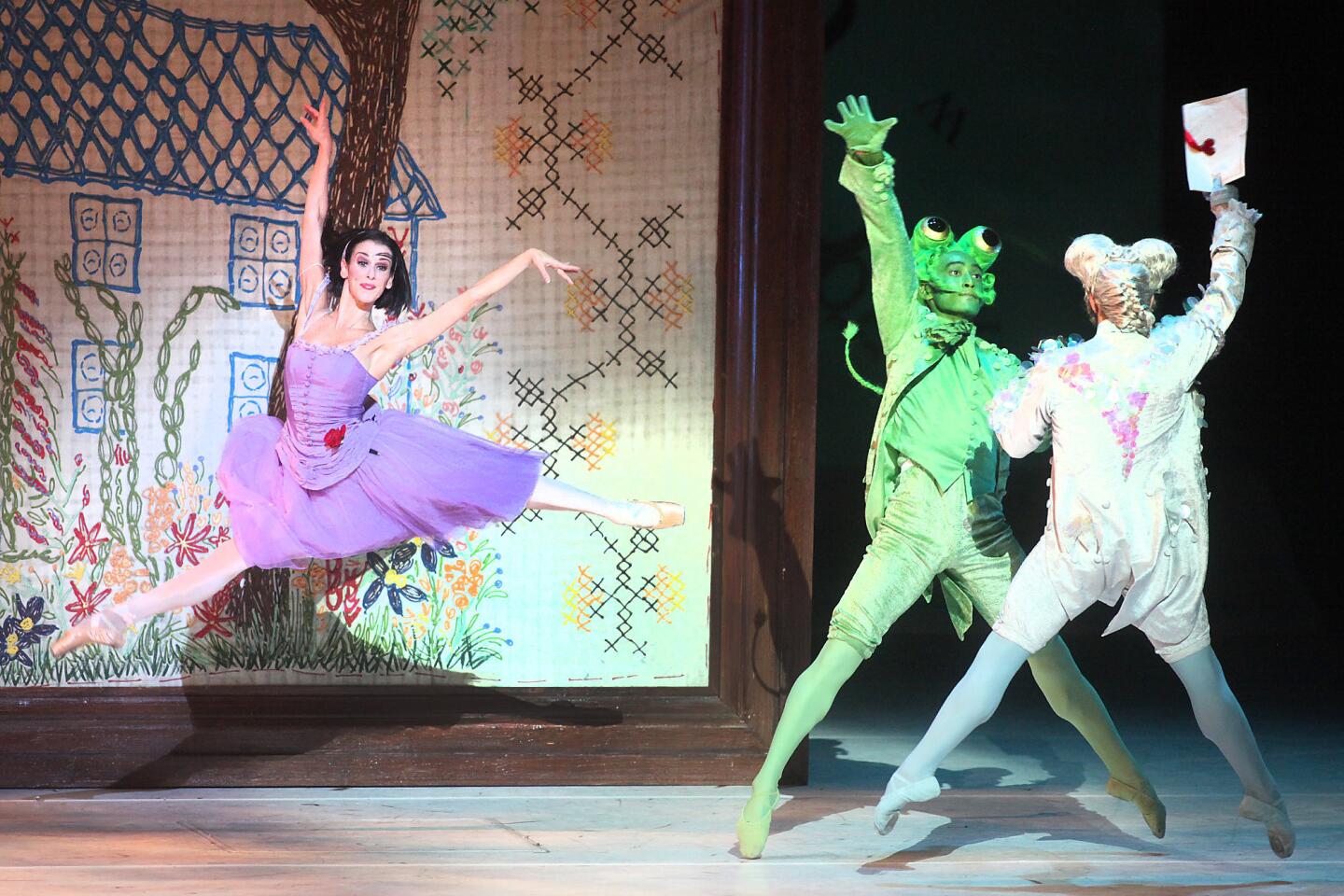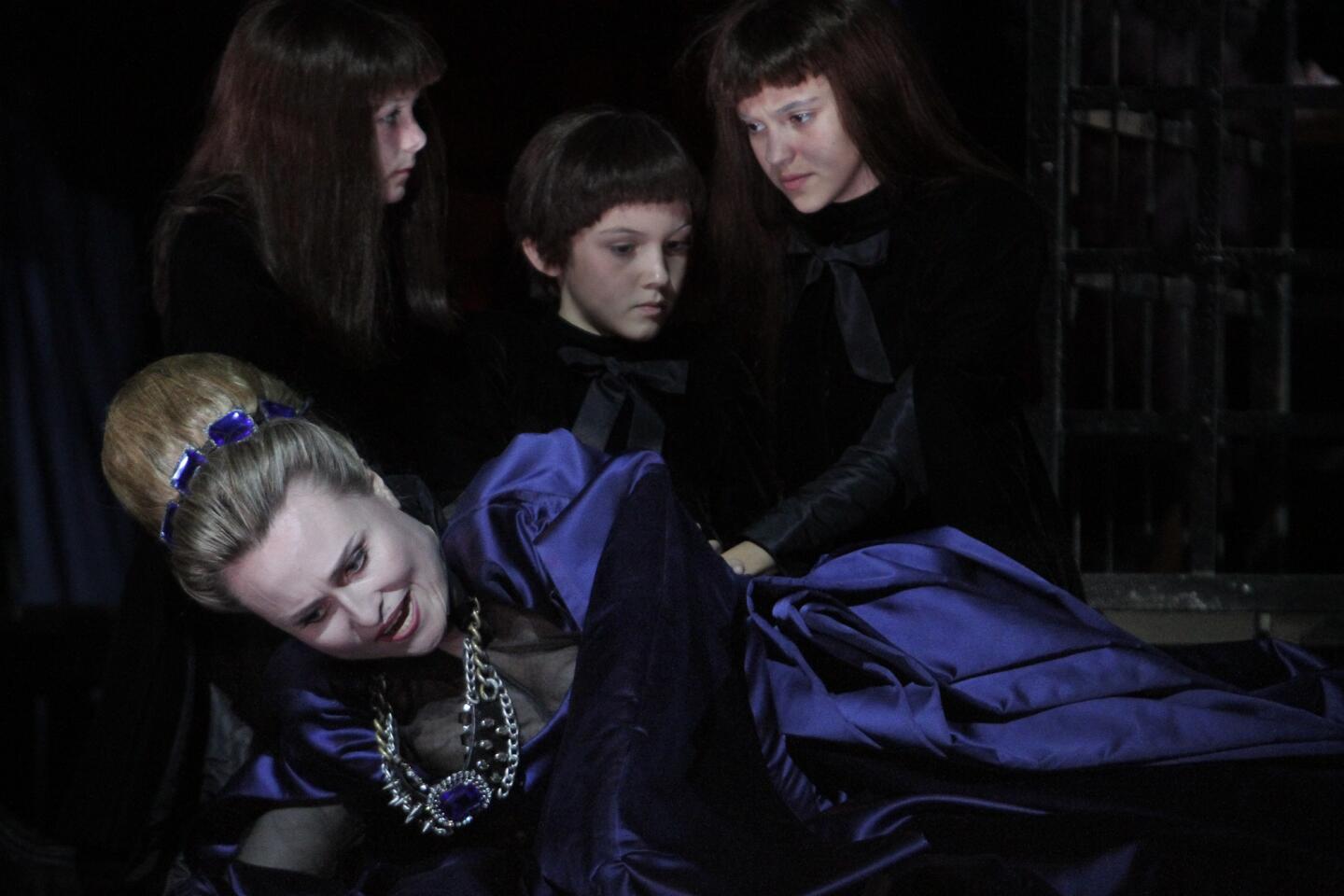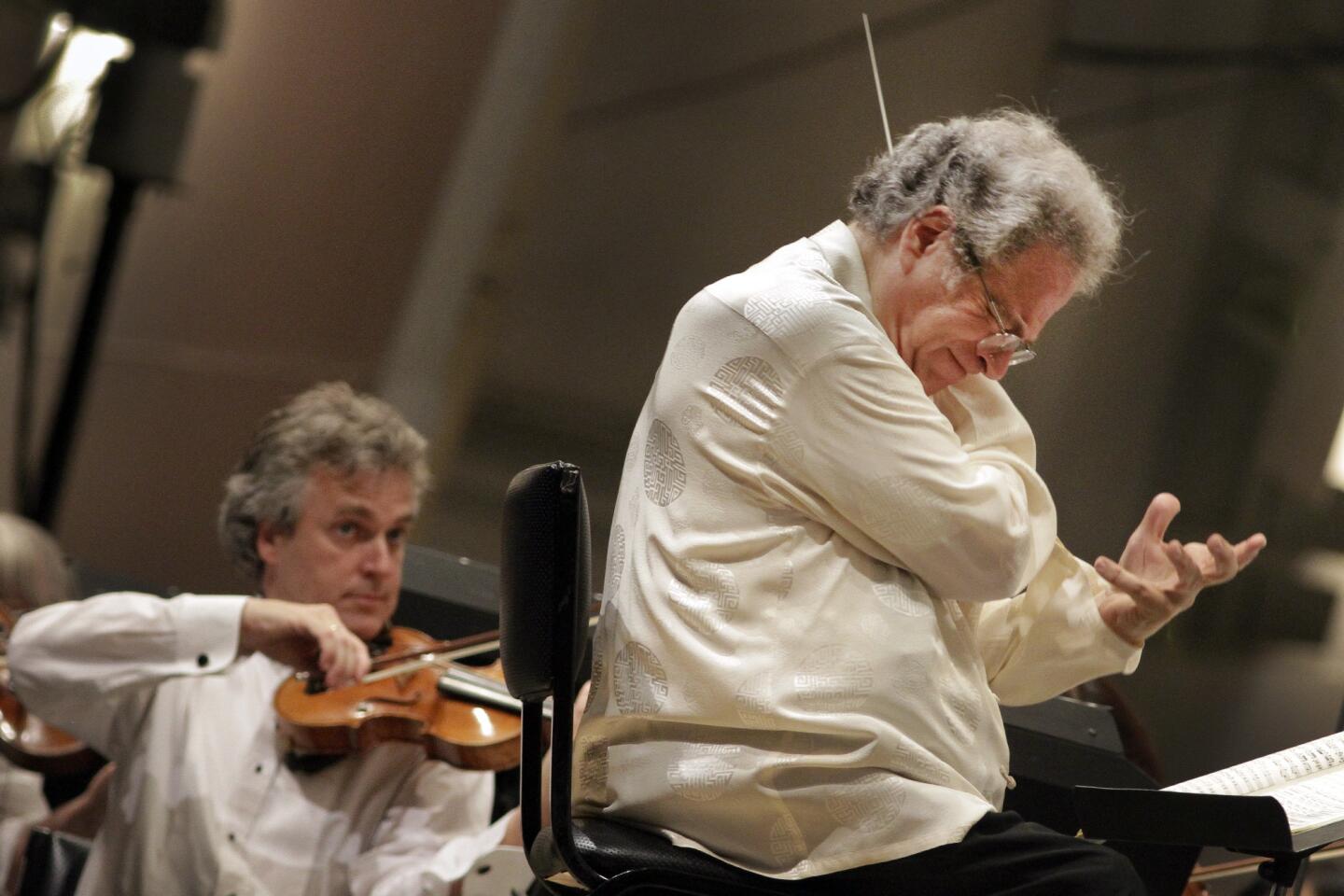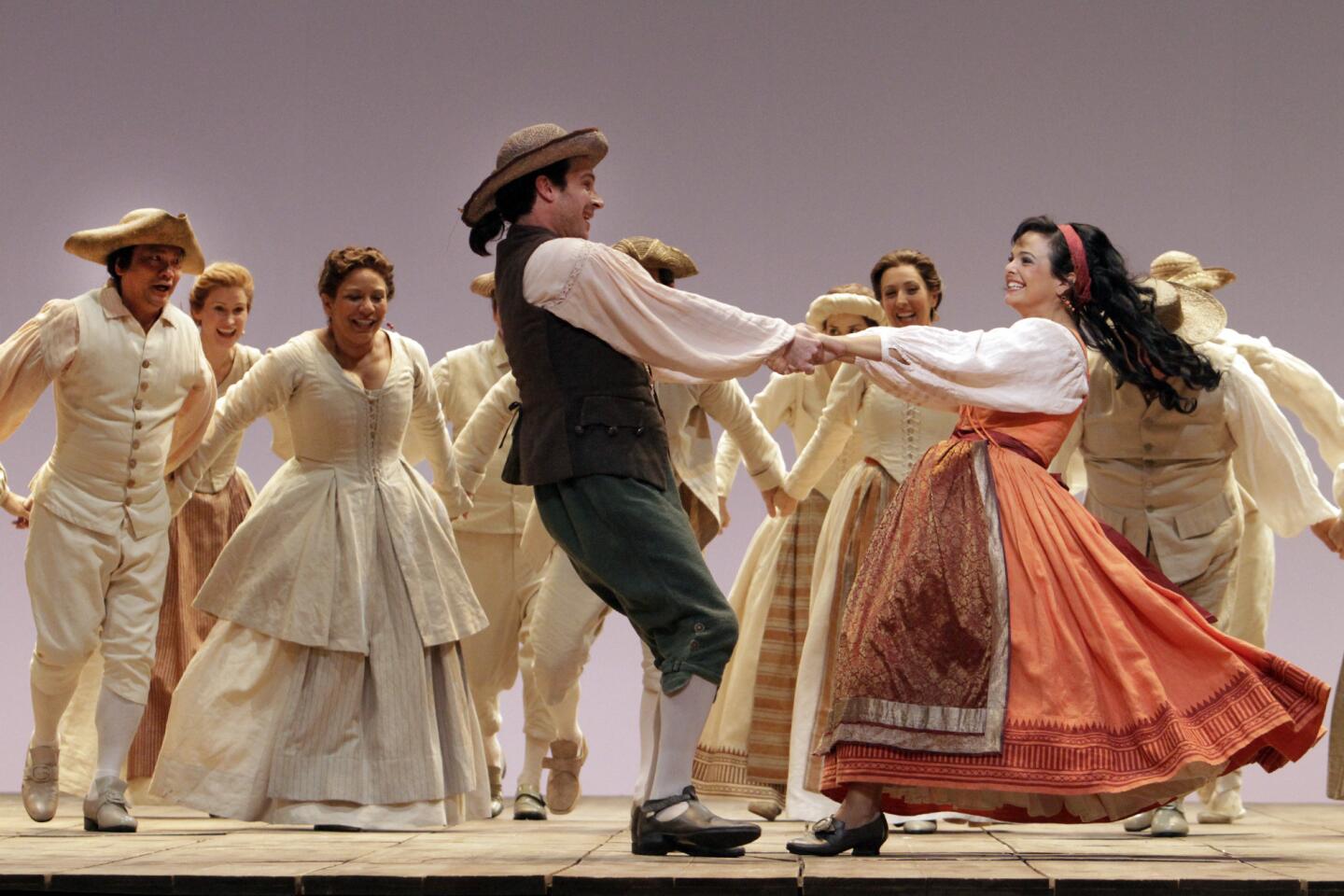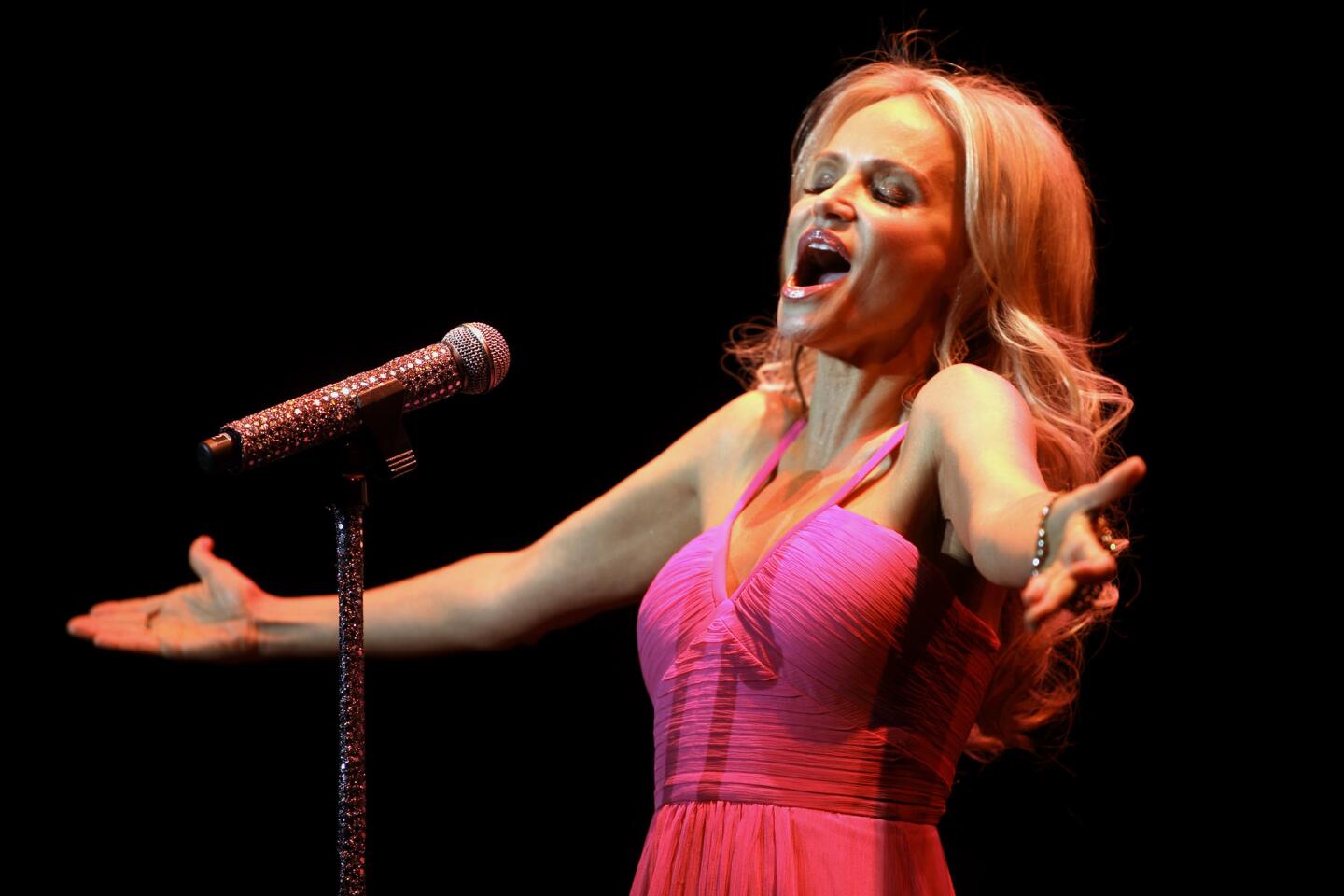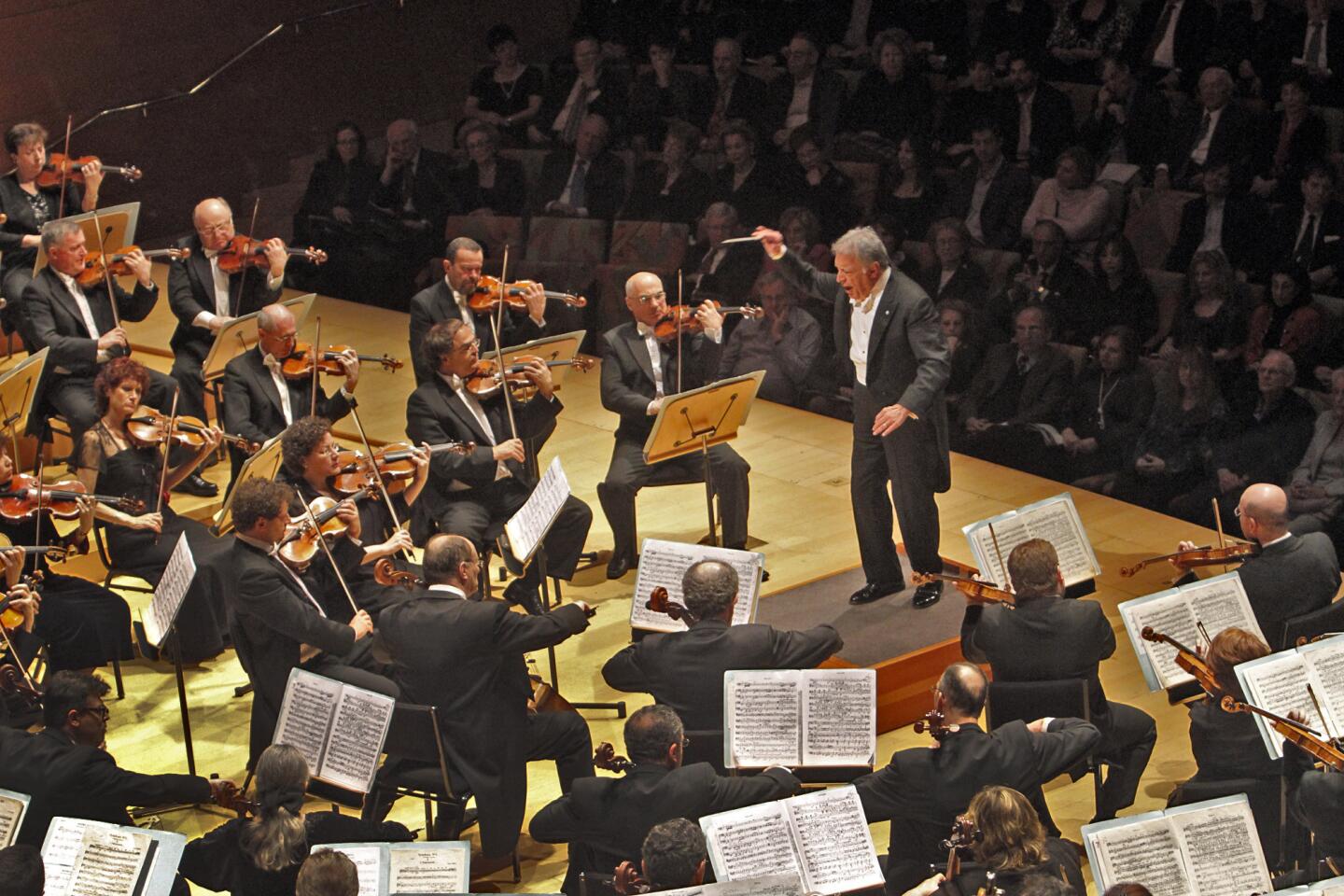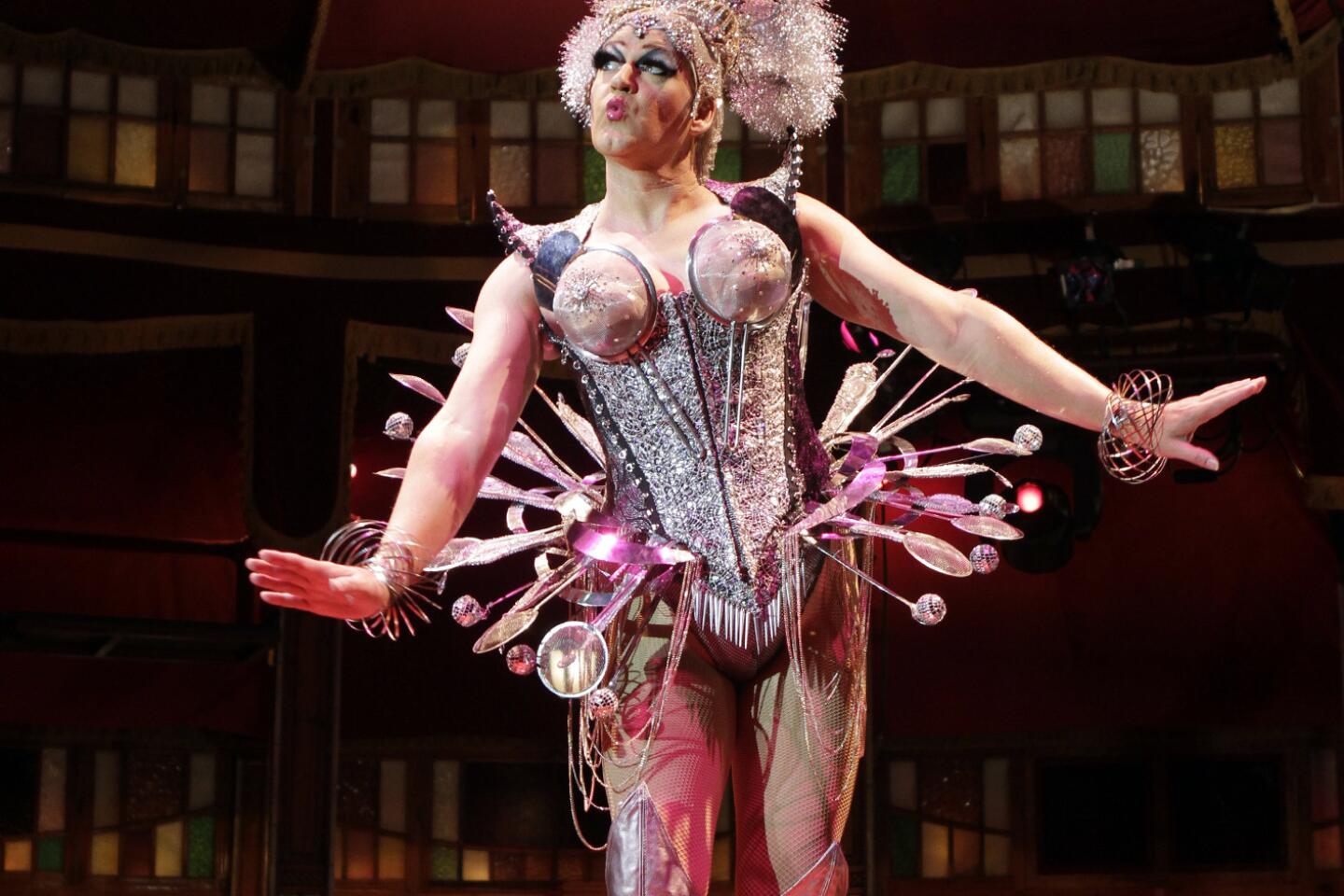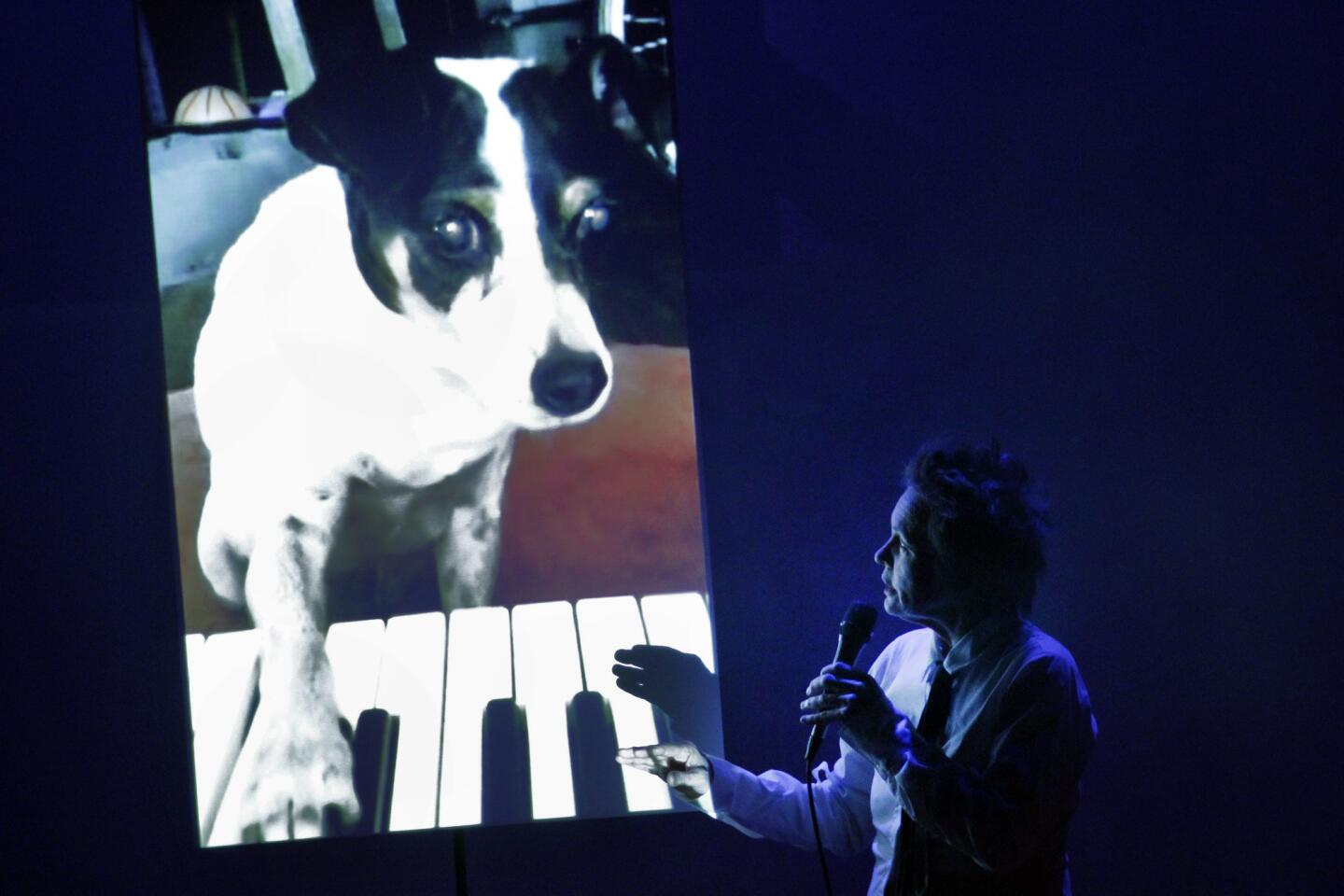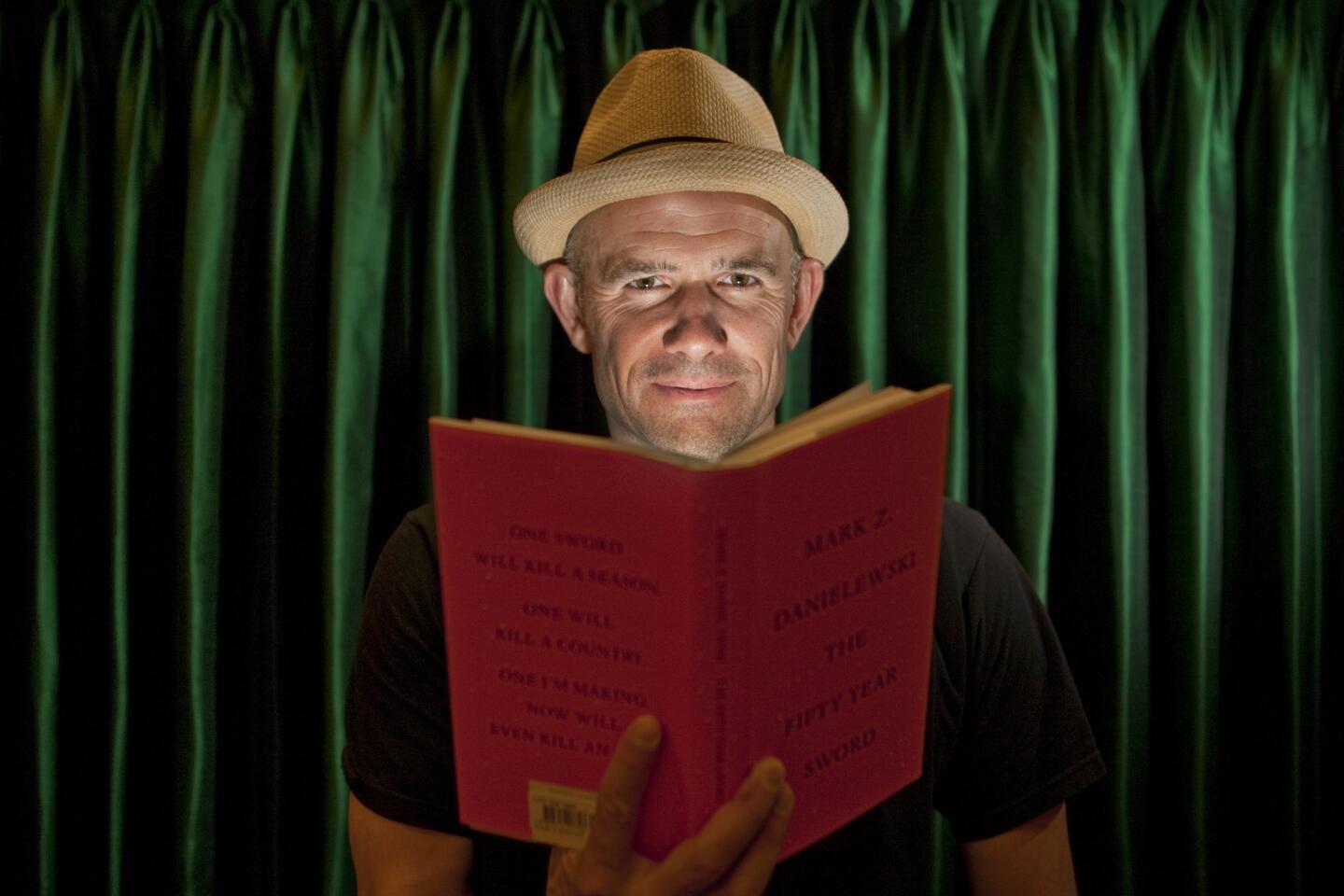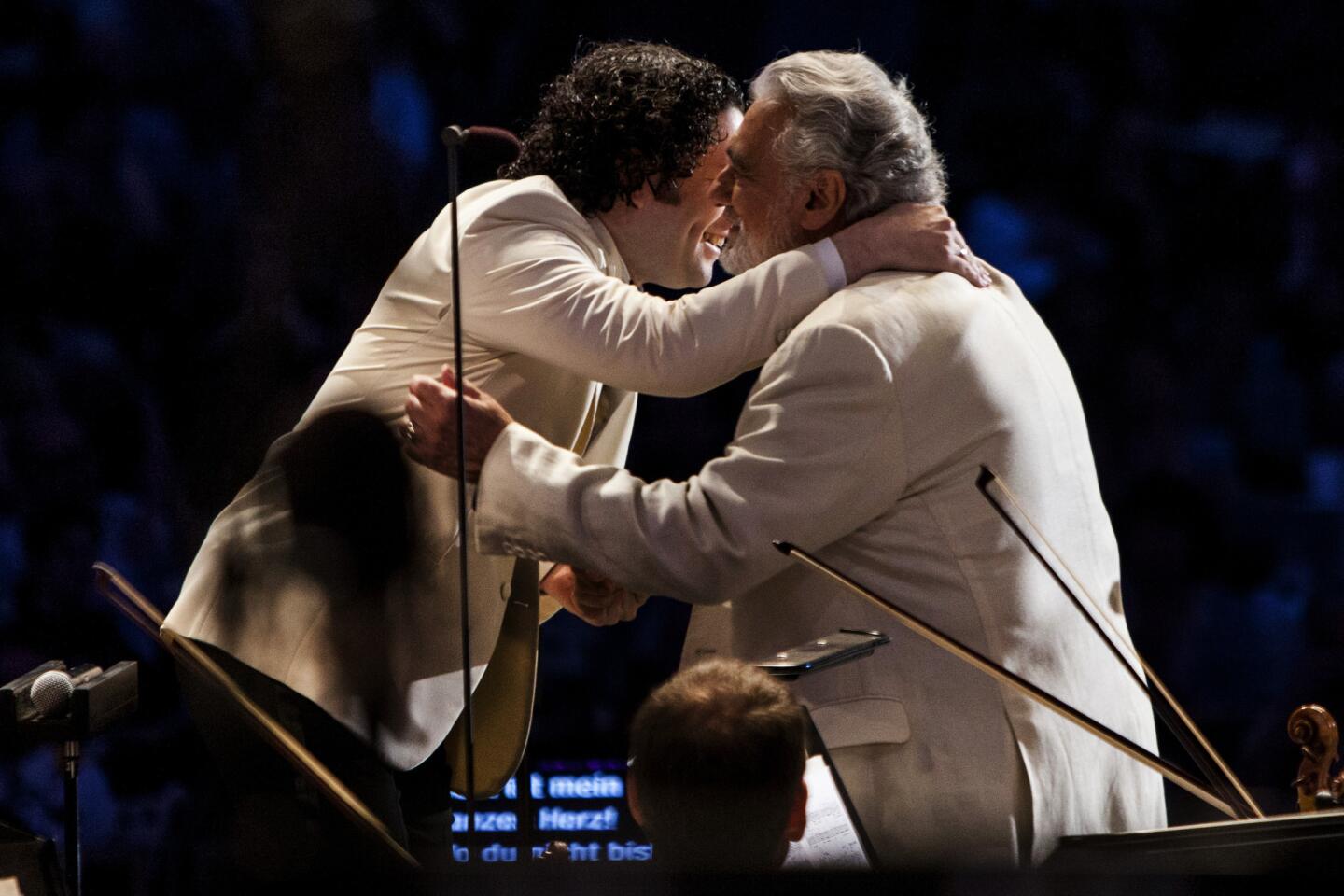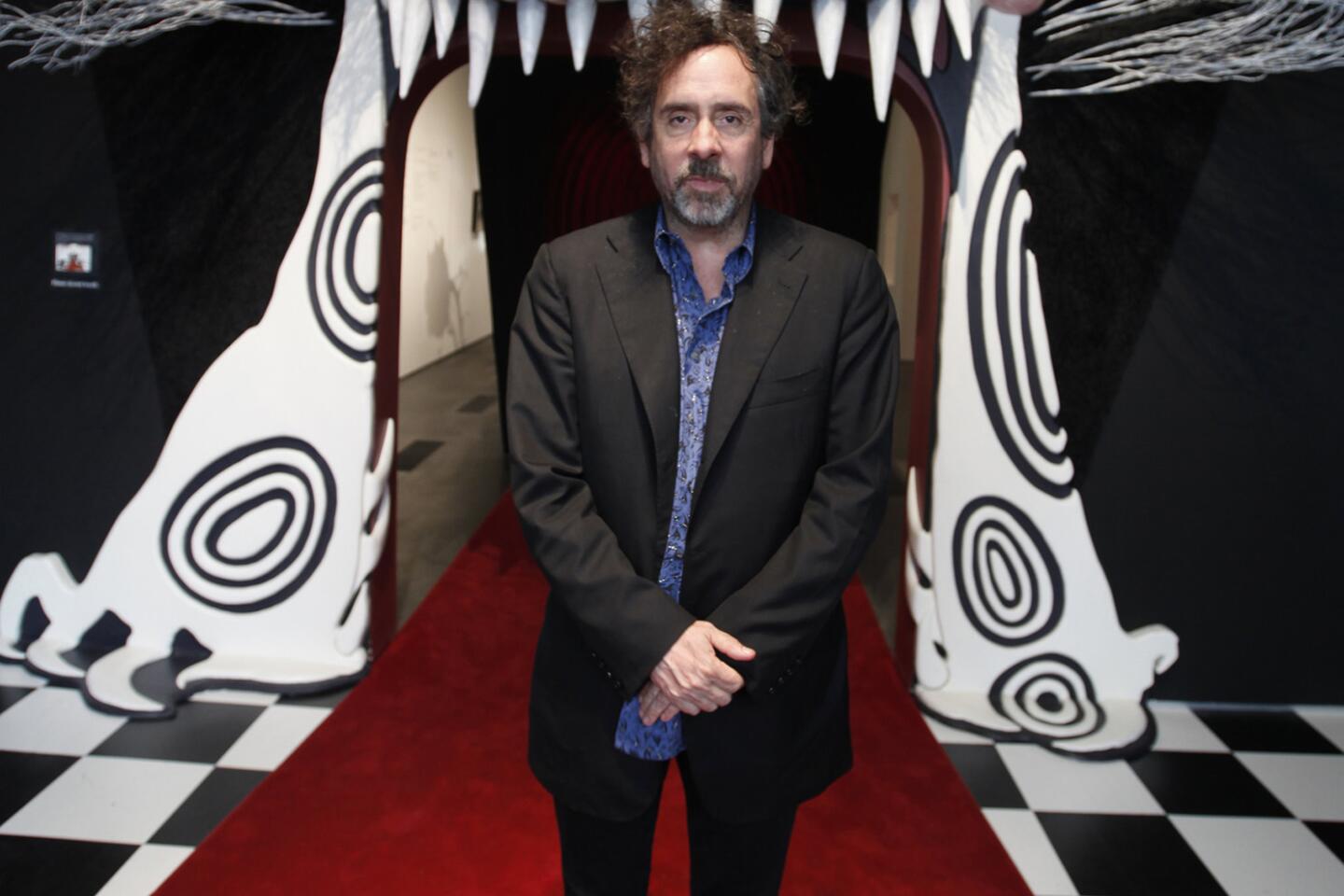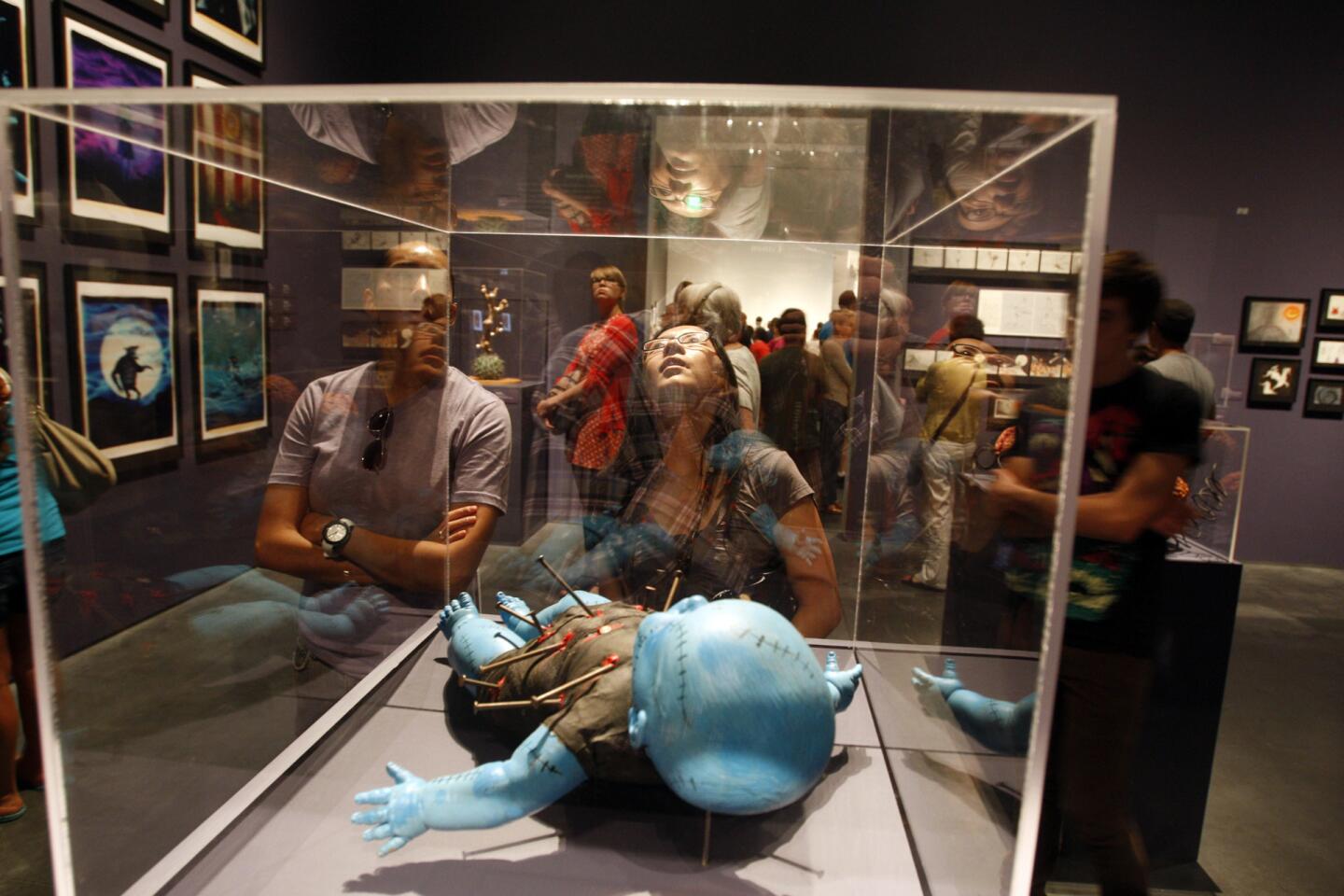Eli Broad remains a player in LACMA’s proposed takeover of MOCA
Michael Govan came to the Los Angeles County Museum of Art seven years ago with a mission to make it one of the most prestigious institutions in the country, one worth mentioning alongside New York City’s Metropolitan Museum of Art and Museum of Modern Art.
Now he’s trying to seize an opportunity to gain ground on them in a single stroke. Govan and LACMA’s trustees have proposed a takeover of L.A.’s financially adrift Museum of Contemporary Art and its crown jewels: a 6,000-piece collection that’s one of the world’s most admired troves of post-World War II art.
But Govan has an imposing rival in billionaire Eli Broad, L.A.’s eminence grise of art philanthropy. And Broad has cards of his own to play.
FULL COVERAGE: 2013 Spring arts preview
Broad is brokering a possible MOCA partnership with the National Gallery of Art in Washington, D.C., whose board chairman, John Wilmerding, said this week that the federally funded museum is eager to provide curatorial expertise but not money.
Broad has repeatedly declined comment on the possible LACMA-MOCA combination, and so have MOCA leaders who ultimately will have to decide the question.
But art world experts speculate that Broad could be motivated by rivalry with Govan and a desire to ensure a successful launch of his namesake Broad Collection museum, which is set to open across the street from MOCA’s Grand Avenue base next year.
“It strikes me as purely personal,” said Bruce Robertson, a former curator of American art at LACMA who teaches art history at UC Santa Barbara. “Eli has worked very hard to have the position as most important philanthropist in town,” while “Michael Govan has demonstrated emphatically that he doesn’t need Eli Broad to be successful.”
But that theory is discounted by Thomas Lawson, dean of the School of Art at California Institute of the Arts in Valencia.
“That’s an easy way of explaining things, to find a slightly dark personal angle,” he said.
Lawson believes Broad’s resistance to a LACMA takeover could be motivated more by concerns that LACMA control could make operations at MOCA more distant and bureaucratic, less collaborative with the Broad Collection and less likely to generate the diverse and dynamic programming vital for its success.
If MOCA, whose holdings are more extensive, doesn’t offer frequently changing exhibitions that can generate repeat visits, the Broad Collection could also stagnate, Lawson said. He thinks Broad may be banking on symbiotic programming between the two museums to generate a vibrant Grand Avenue cultural scene; the concern would be that LACMA control might prevent effective teamwork.
Robertson and Lawson agreed that the best scenario would be for MOCA to remain independent and capable of asserting its own distinctive approach.
“It’s not because Michael wouldn’t do a great job, but because L.A. as an art capital needs as much diversity as it can get,” Robertson said. “MOCA’s vision has always been different from LACMA’s.”
PHOTOS: Arts and culture in pictures by The Times
For his part, Govan said that LACMA has promised to keep the MOCA name and its downtown locations, and would raise $100 million to ensure that it thrives. He envisions strength in unity.
“If you put the two collections together … it’s not too shabby,” Govan said this week. What’s more, he said the combined collection could be a magnet for even more strong art, since collectors who want their holdings to wind up in museums often seek out the most prestigious destinations.
“If you put this whole thing together, it’s potentially more attractive to collectors,” he said.
When he saw Broad recently at a trustee’s party, “I gave him a hug,” Govan said. “I said we should work together.”
Broad’s response? “He smiled,” Govan said, “and Edye [Broad’s wife] and I talked about something else.”
For those laying odds on who will prevail, it’s worth noting that Broad has already frustrated LACMA twice.
The 79-year-old billionaire announced in 2008 that he would not give his own impressive collection of contemporary art to the county museum, even though he gave it $56-million for a building named for him that was about to open on its campus. Later that year, he thwarted LACMA and Govan’s bid to acquire MOCA at a time when the downtown museum was all but destitute. The museum board accepted a Broad bailout of MOCA instead.
It is because that bailout didn’t really work that Govan and LACMA have a second chance.
Despite Broad’s infusion of $3 million a year in exhibition support — a pledge that will run out at the end of this year — and an additional $6.25 million for its endowment, MOCA has not achieved a stable fiscal footing. In fact, its capacity for generating art exhibitions and other important museum programming appears to have fallen considerably the last few years, the curatorial staff dwindling since last spring from five to two.
But LACMA’s second chance to absorb MOCA could be an even longer shot than the first. That’s because Broad’s 2008 deal to keep MOCA independent includes a provision expressly designed to make it harder for Govan to successfully come calling again.
Broad doesn’t have absolute veto power over a LACMA takeover, but he can make such an acquisition much more complicated while buying time for other suitors to emerge who might be more to his liking.
The 16-page bailout agreement, obtained by The Times, includes a four-page section concerning “significant actions” that MOCA trustees can’t take with a simple vote. One of them is agreeing to be subsumed under another local museum — such as LACMA — before 2019.
The review process would begin with the appointment of an independent three-member “special committee” that could overrule Broad’s opposition and allow LACMA and MOCA to consummate a union — but not before the Broad Foundation had a chance to make a counteroffer.
The committee’s first task would be to determine whether “exigent circumstances” exist that would justify breaking the prohibition against merging with a nearby museum. The agreement defines “exigent circumstances” as “the inability of the museum … to operate without a ... deficit for a period of two consecutive fiscal years,” or a situation in which it was at risk of “bankruptcy, dissolution … or violations of law or contractual obligations.”
MOCA has declined requests for up-to-date financial information, so it’s unclear whether it ran a deficit in the 2011-12 fiscal year or whether deficits are projected for the current fiscal year, which ends June 30.
If at least two of the three special committee members reviewing a possible merger decided that such circumstances existed, it would then have to decide whether LACMA’s offer “would be in the best interests of [MOCA] in light of all of the then-current facts and circumstances.”
If the committee gave the deal its greenlight, MOCA trustees could accept LACMA’s offer “without any consent or approval of the Broad Foundation.”
But once the review process began, it could take unexpected turns. The special committee can propose — but not impose — its own alternate solutions to a MOCA emergency, after reaching out to “any person or entity” who might be able to help.
The Broad Foundation would have a right to submit a counterproposal, but the agreement says it “is not entitled to any special privileges or priorities” as to how that proposal is considered. Broad conceivably could even make a bid to subsume MOCA under his Broad Collection museum.
Last summer, as MOCA made headlines with the forced resignation of longtime chief curator Paul Schimmel and the layoff of seven other staff members, fears arose — including from some MOCA trustees — that Broad might be angling for the museum’s art collection. He firmly denied it.
The MOCA board would have the final vote on whether to adopt any proposal OKd by the special committee. But if board members tried to circumvent the process and strike a union with LACMA without the special committee’s approval, the agreement says that the Broad Foundation would be “entitled to seek … remedies such as injunctive relief” — a court order stopping the deal from going through.
Times staff writer Jori Finkel contributed to this report.
More to Read
The biggest entertainment stories
Get our big stories about Hollywood, film, television, music, arts, culture and more right in your inbox as soon as they publish.
You may occasionally receive promotional content from the Los Angeles Times.
